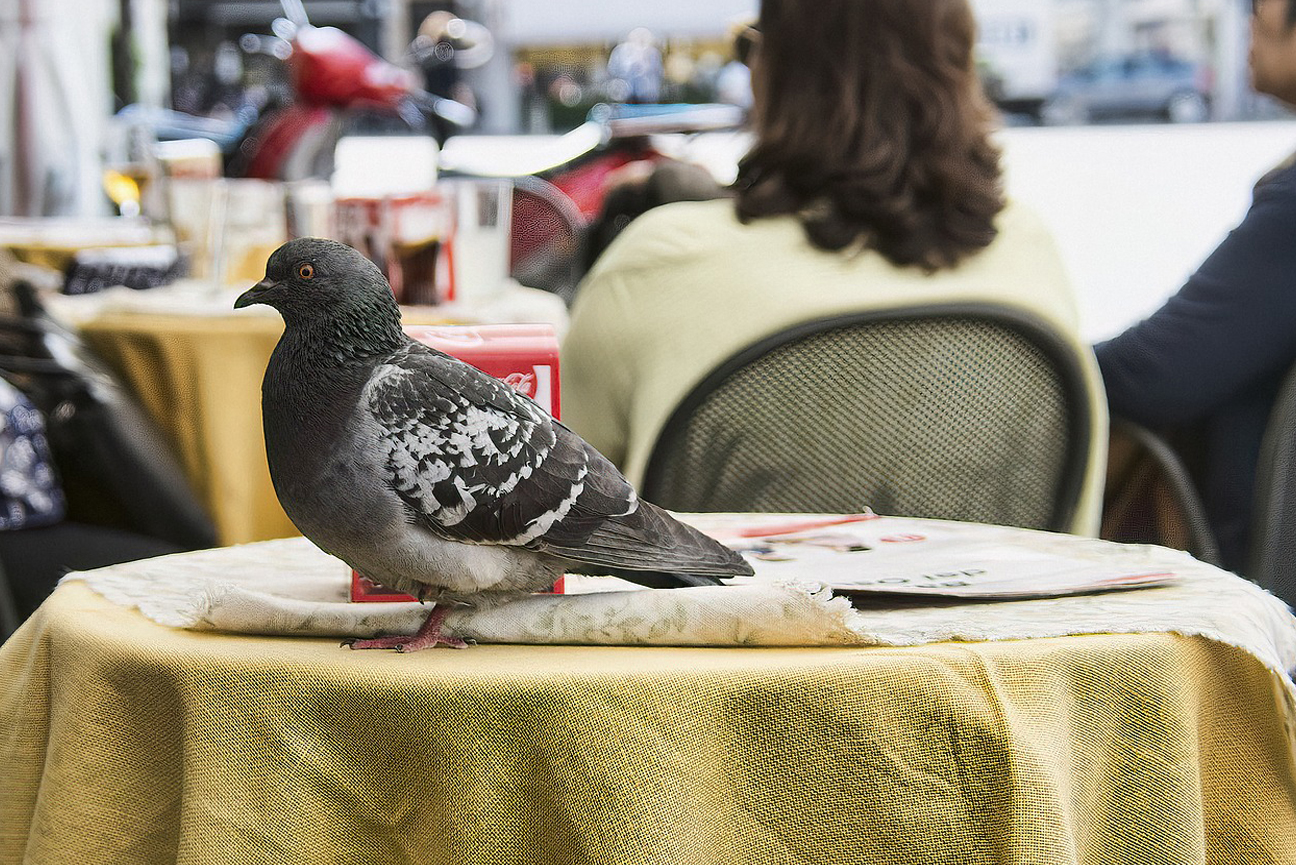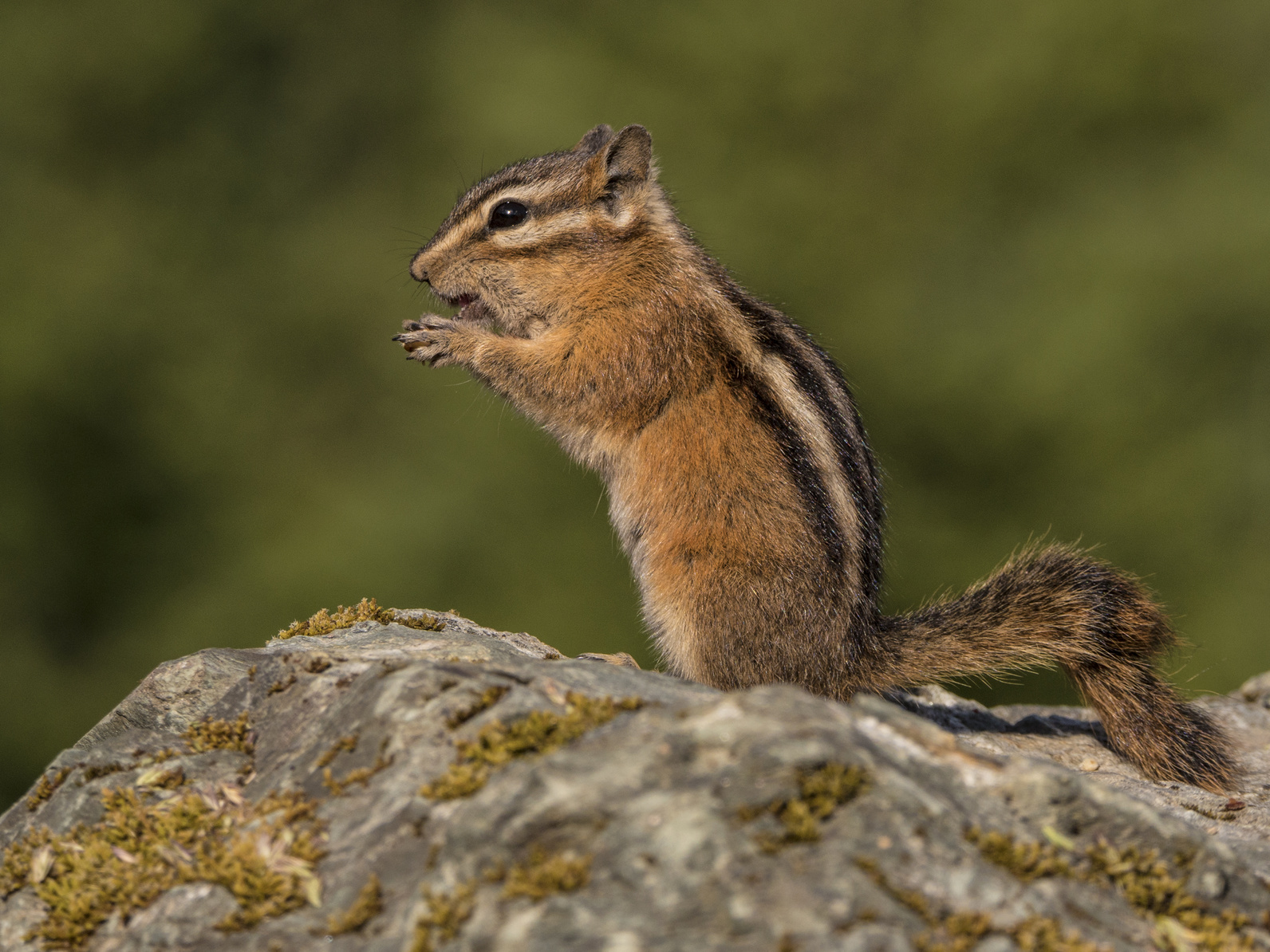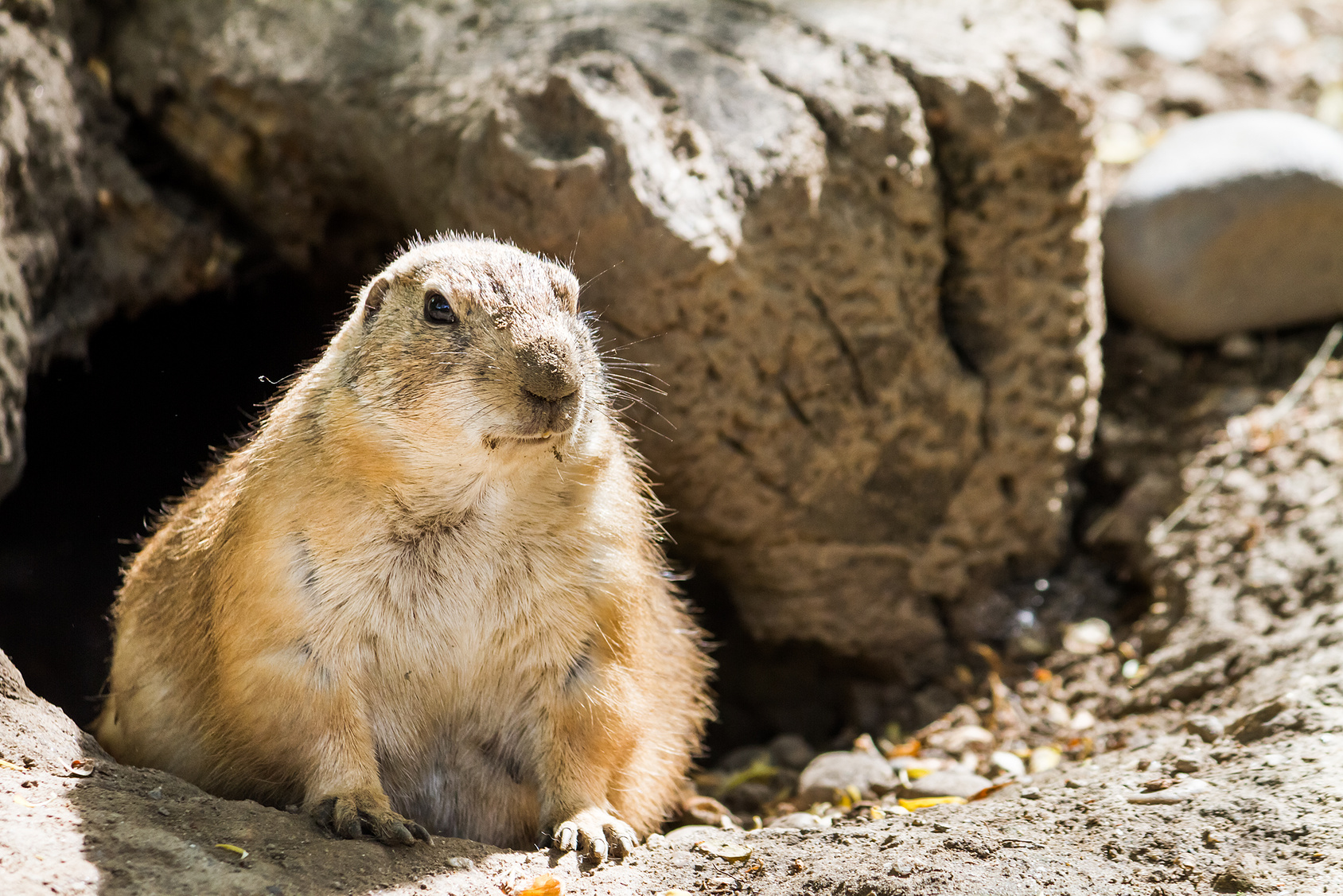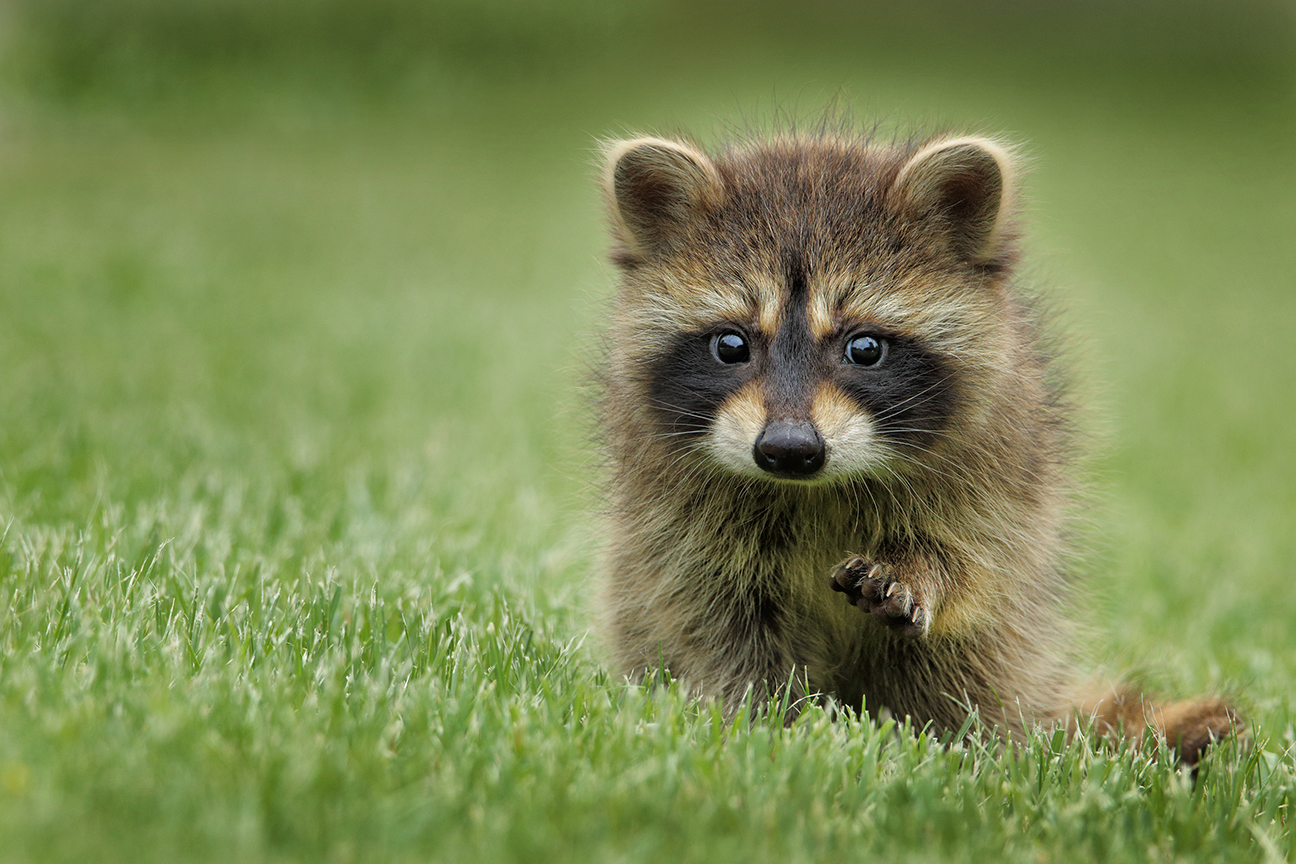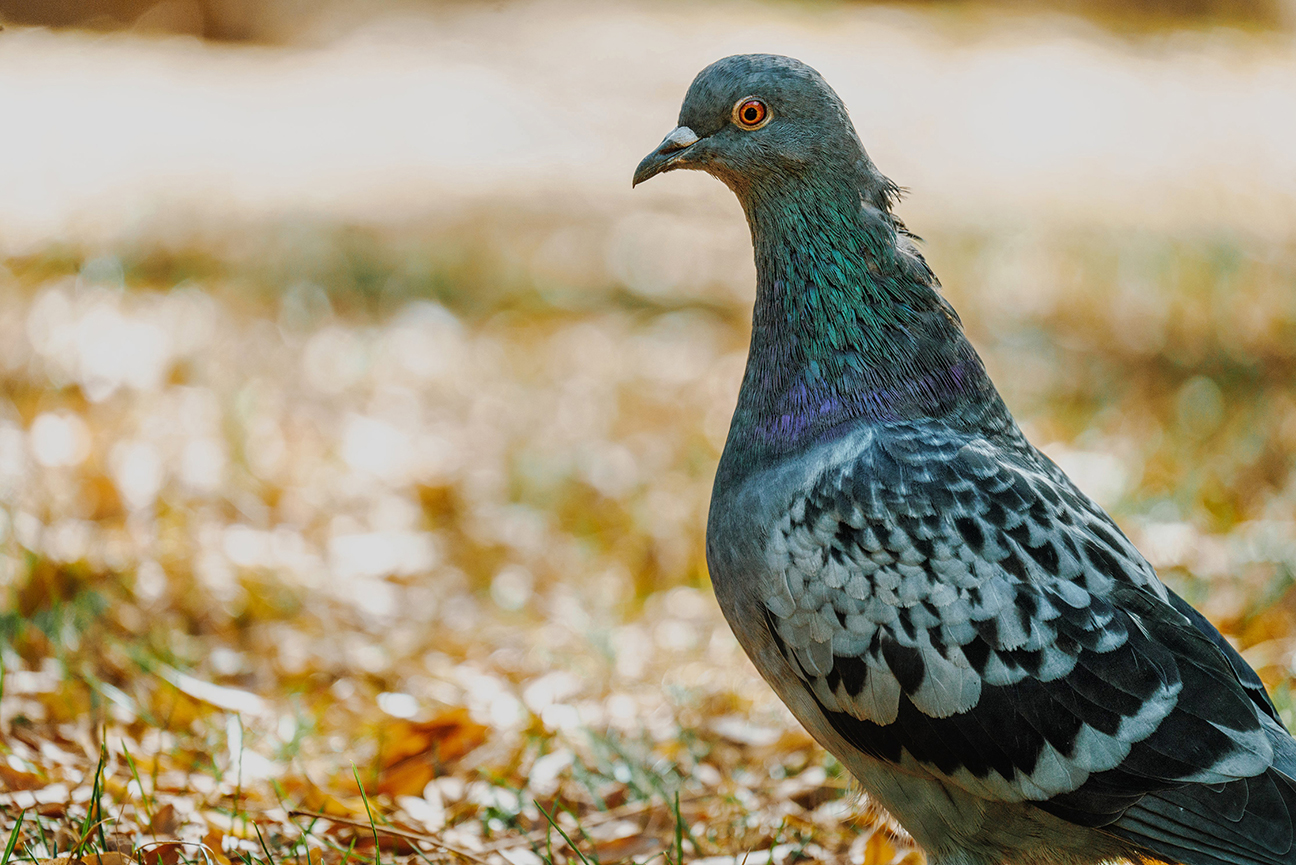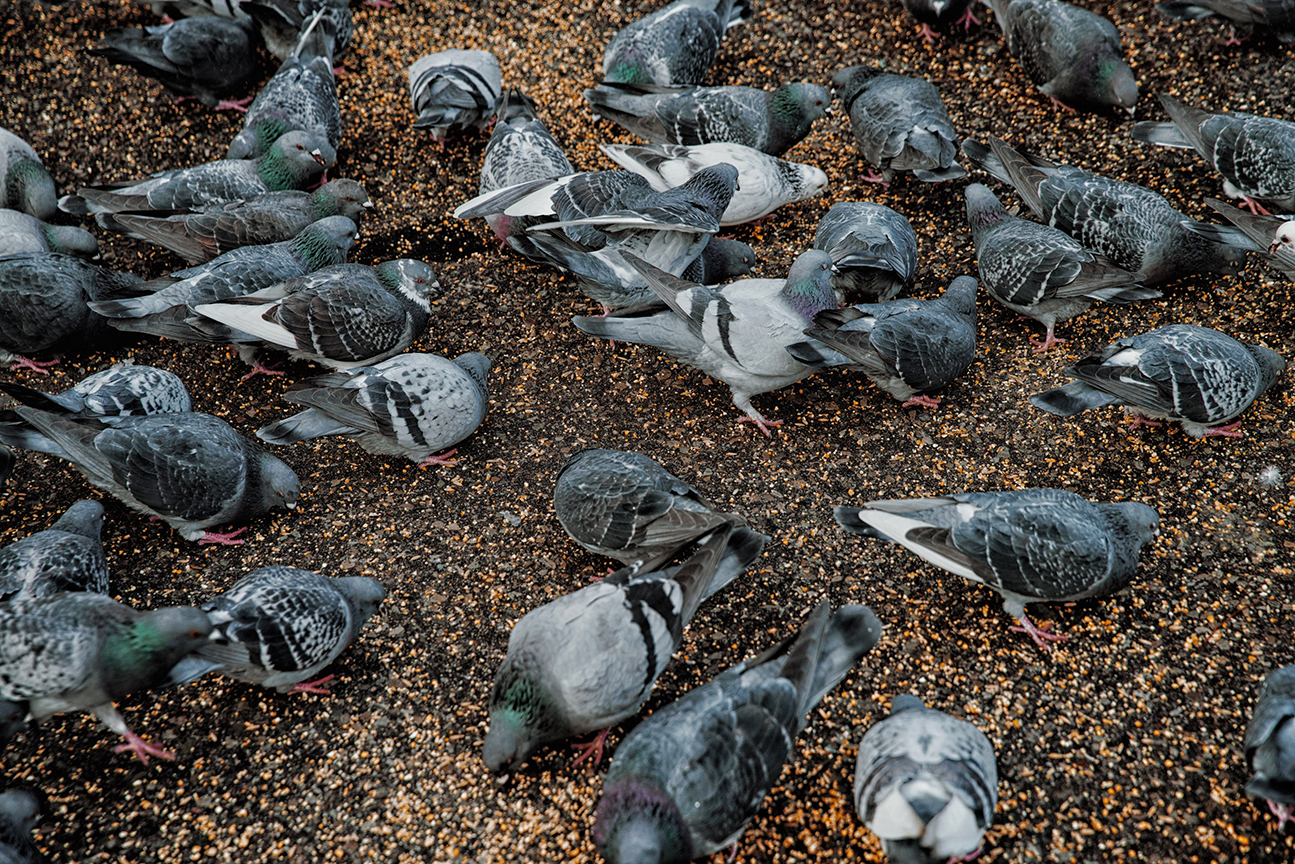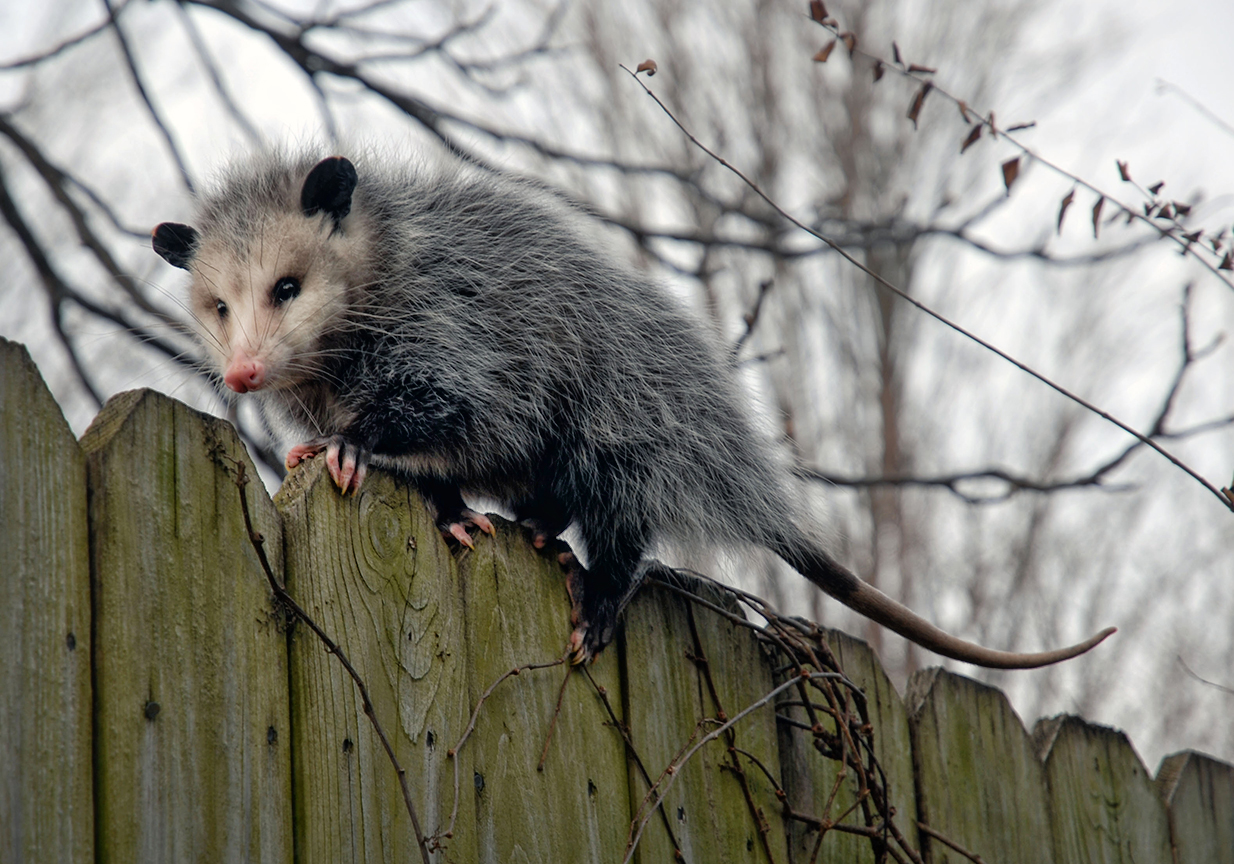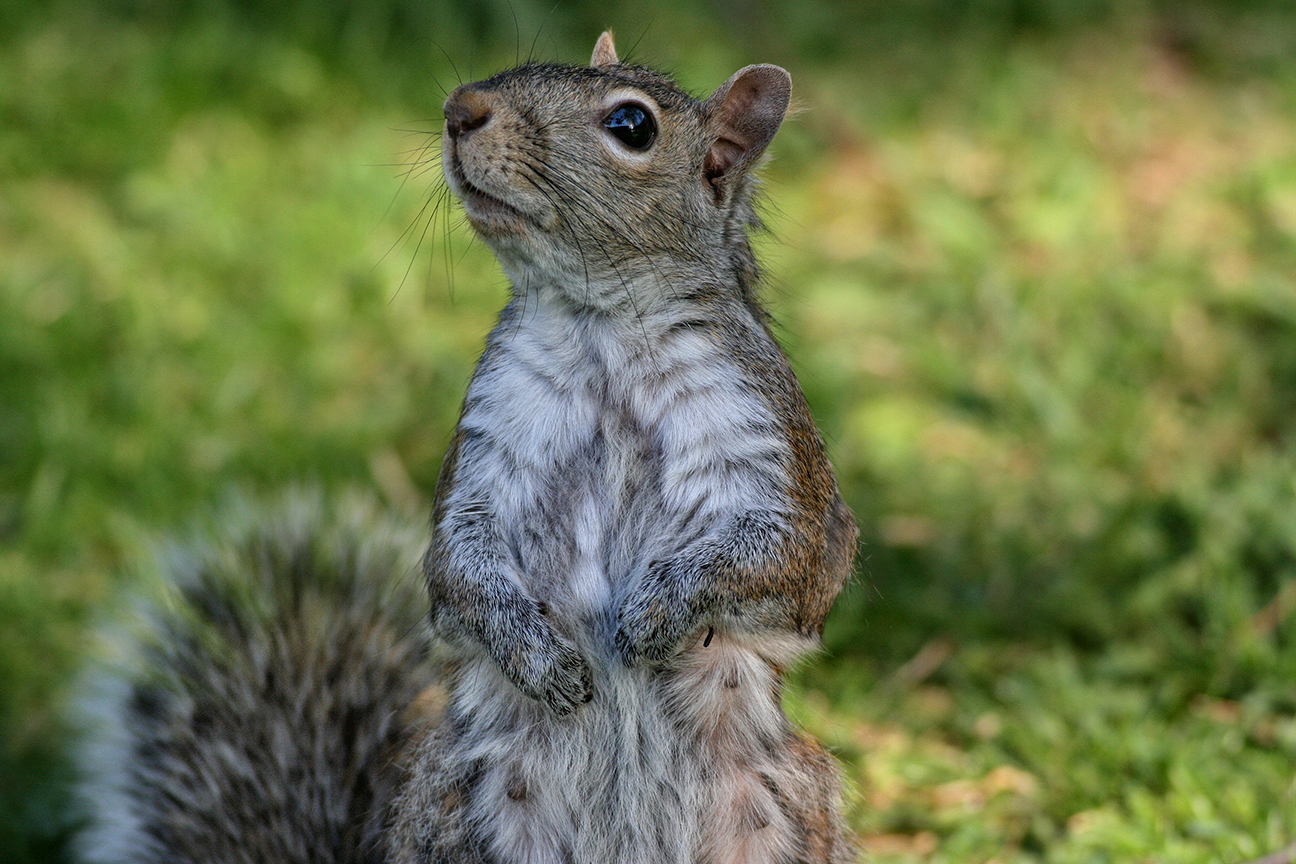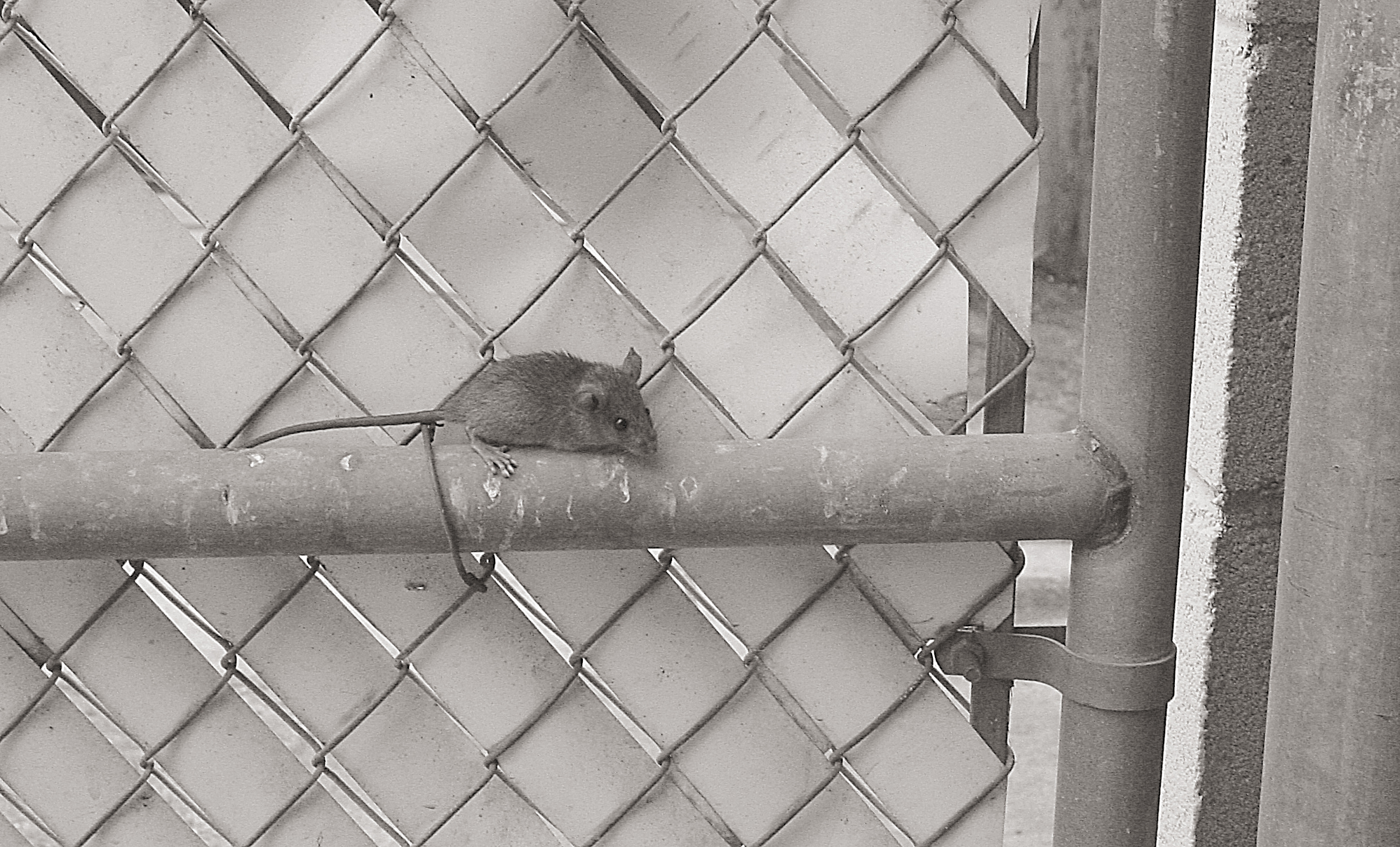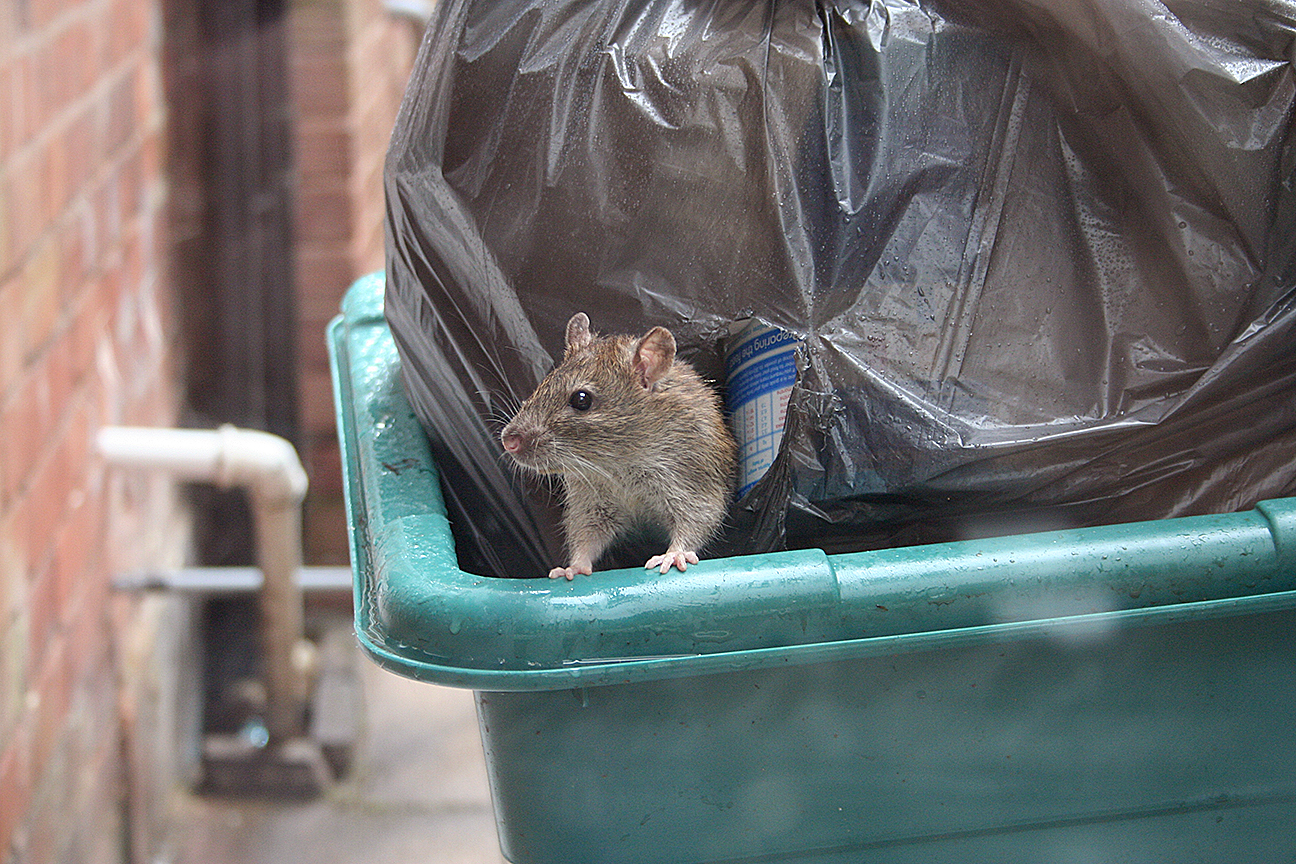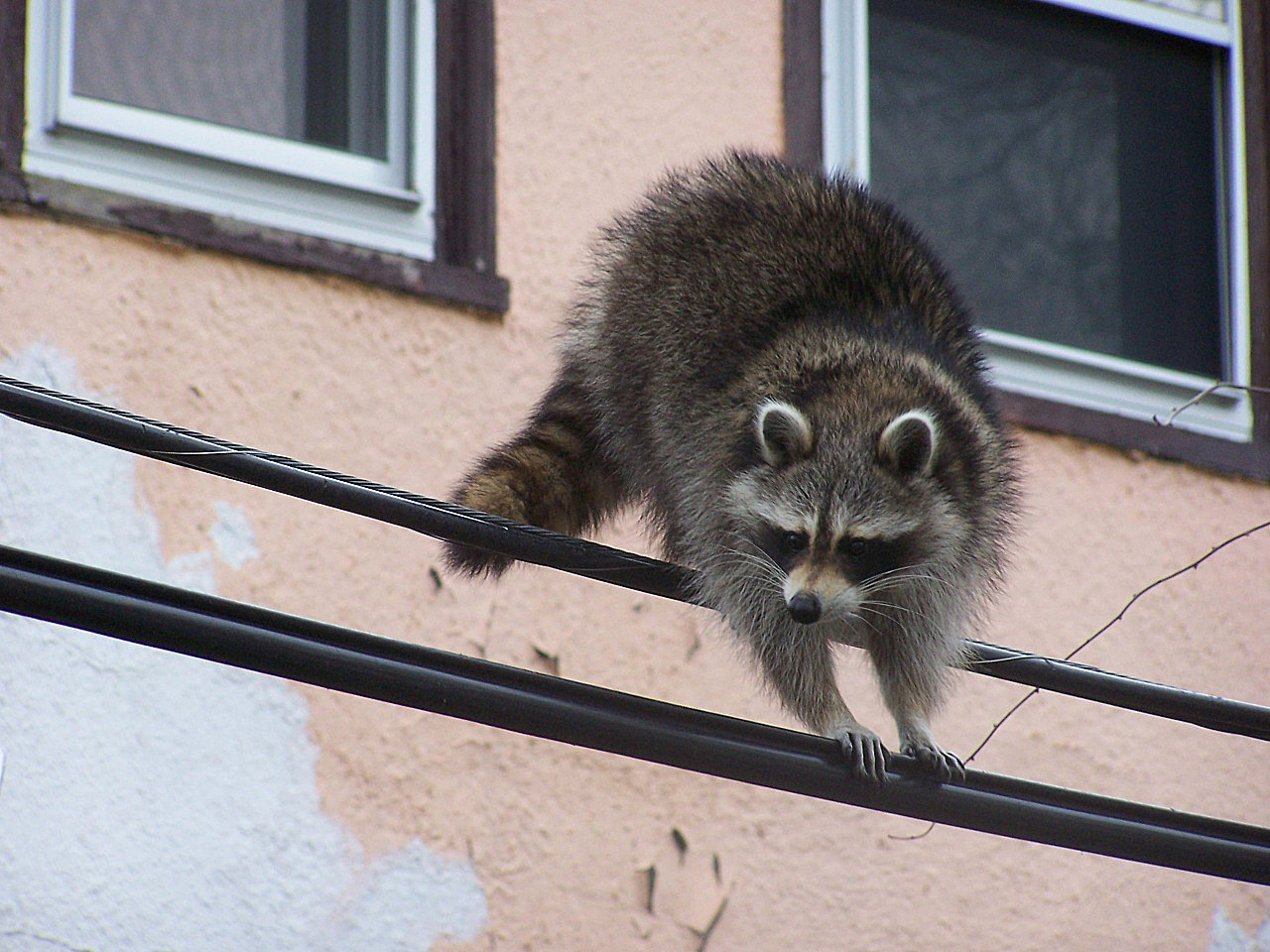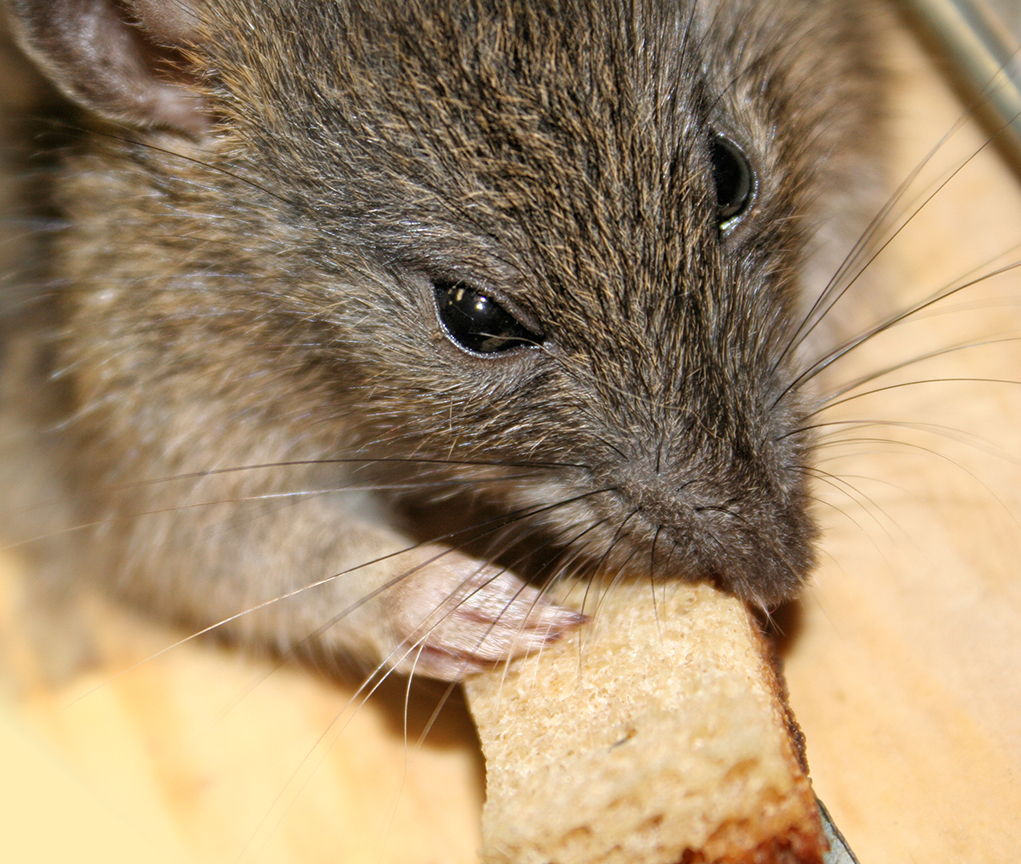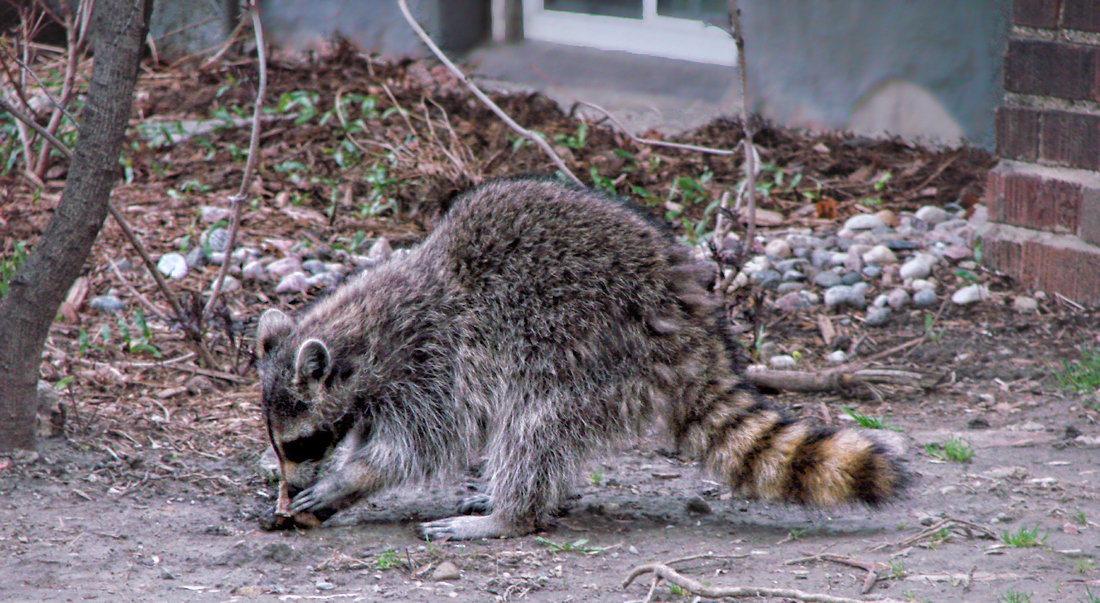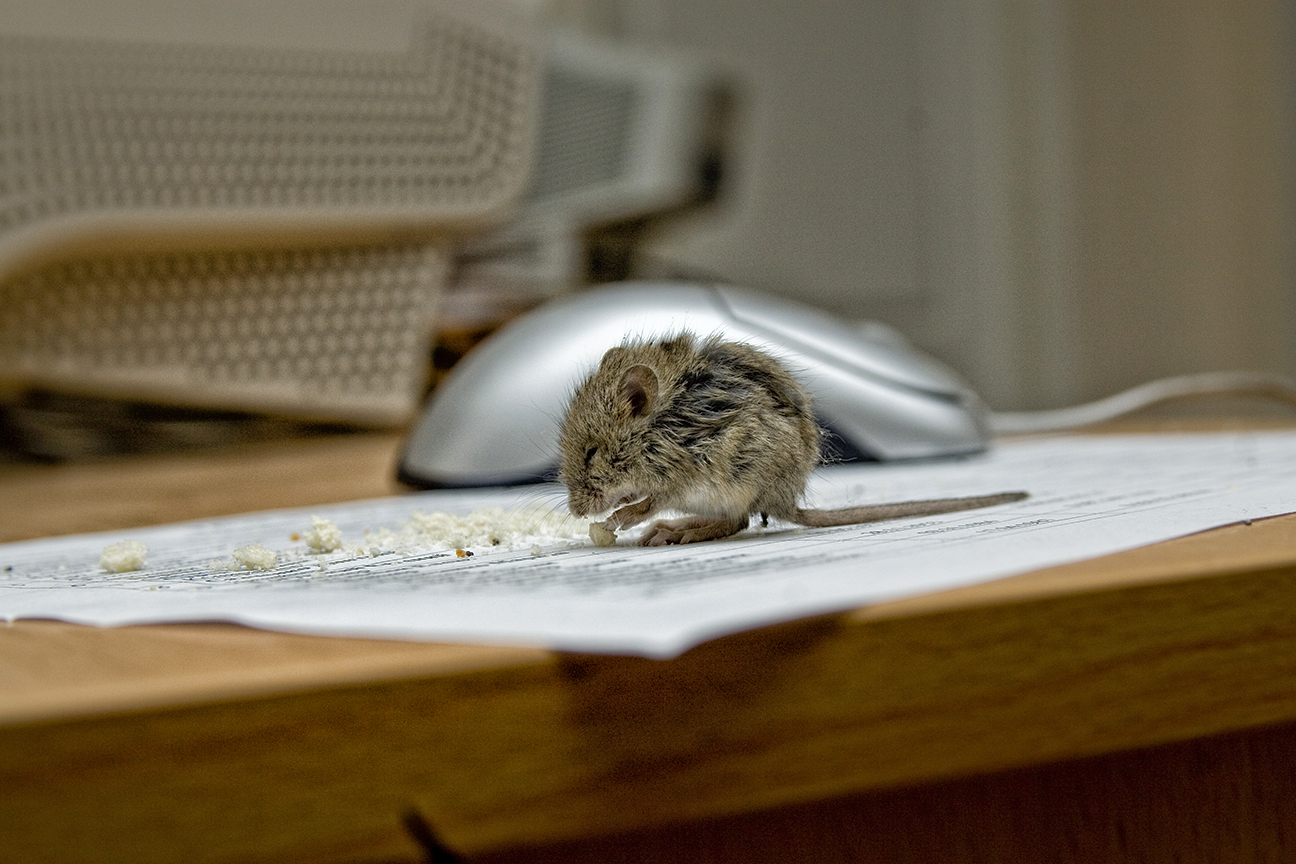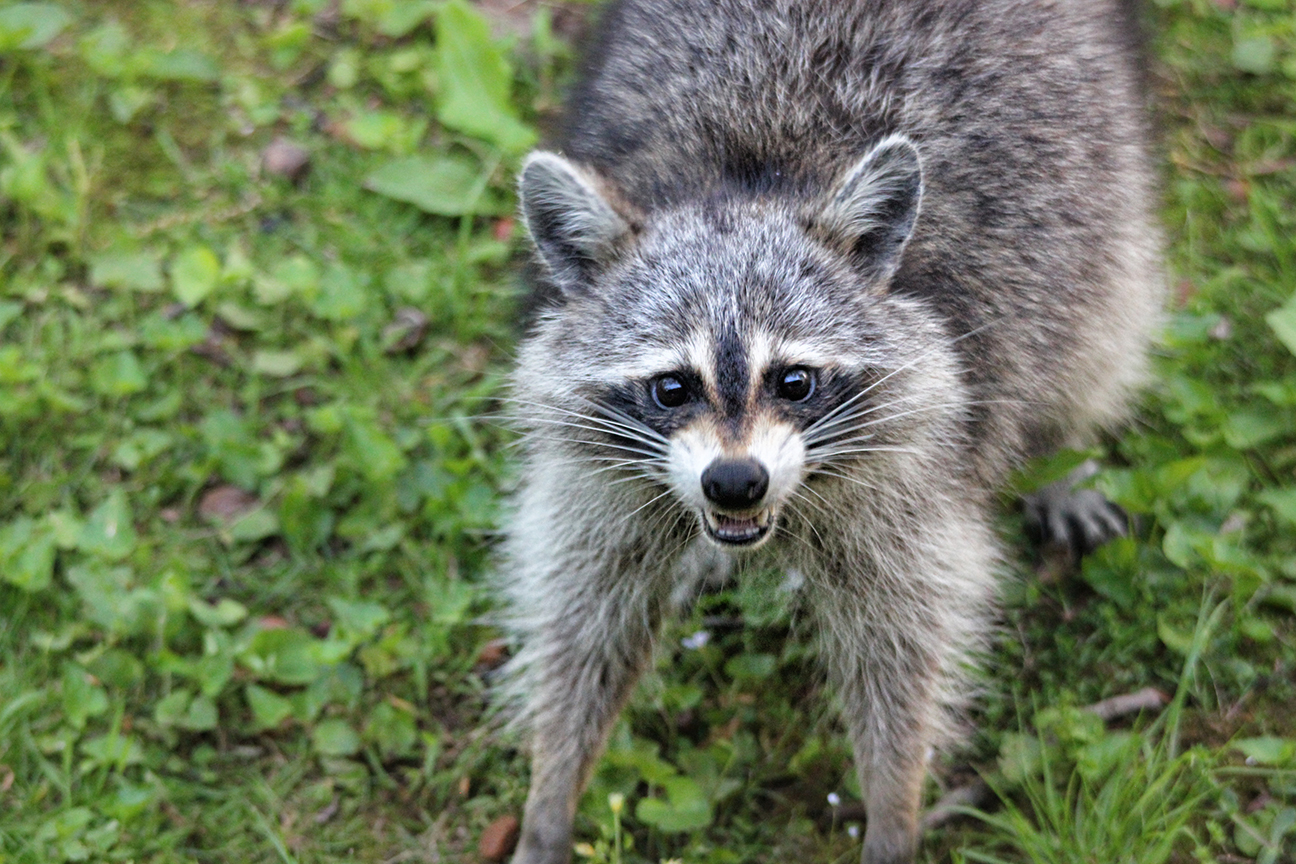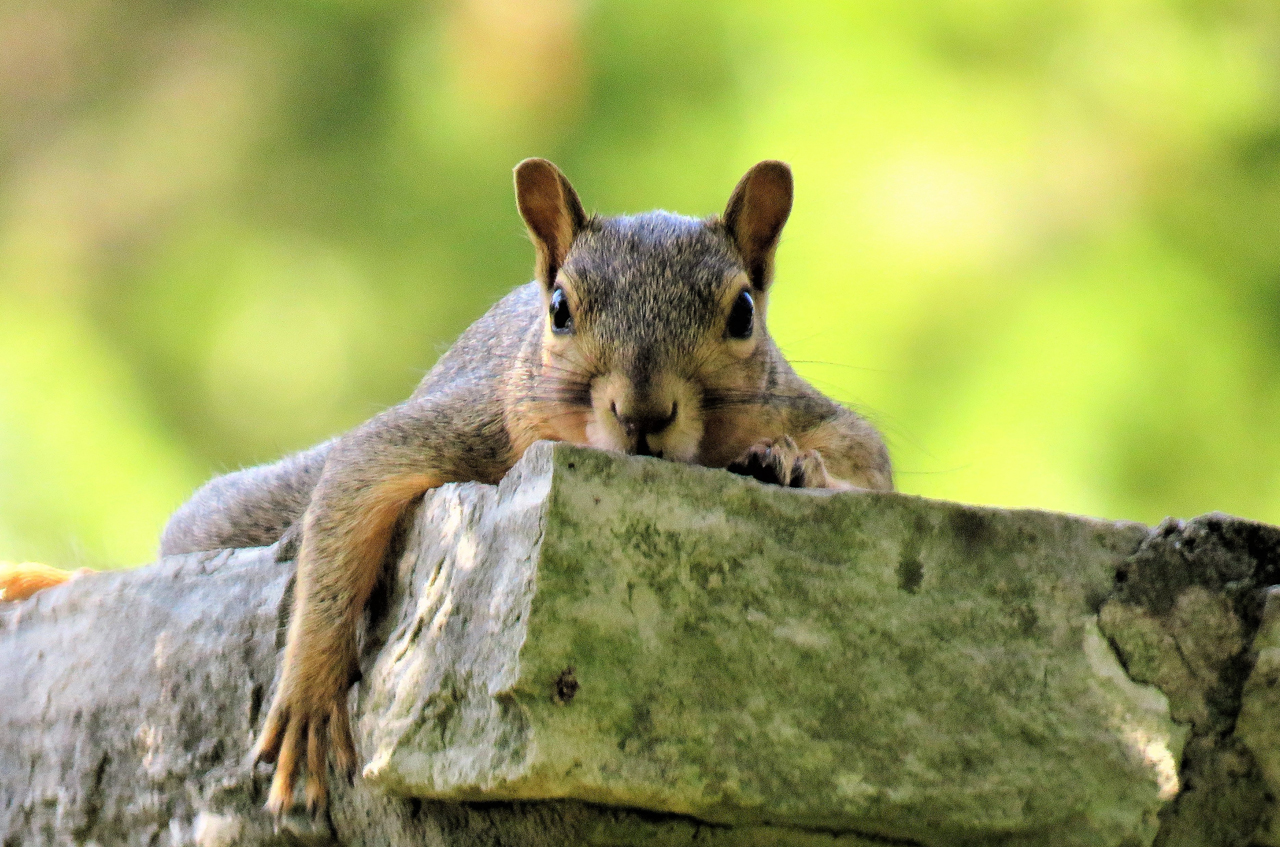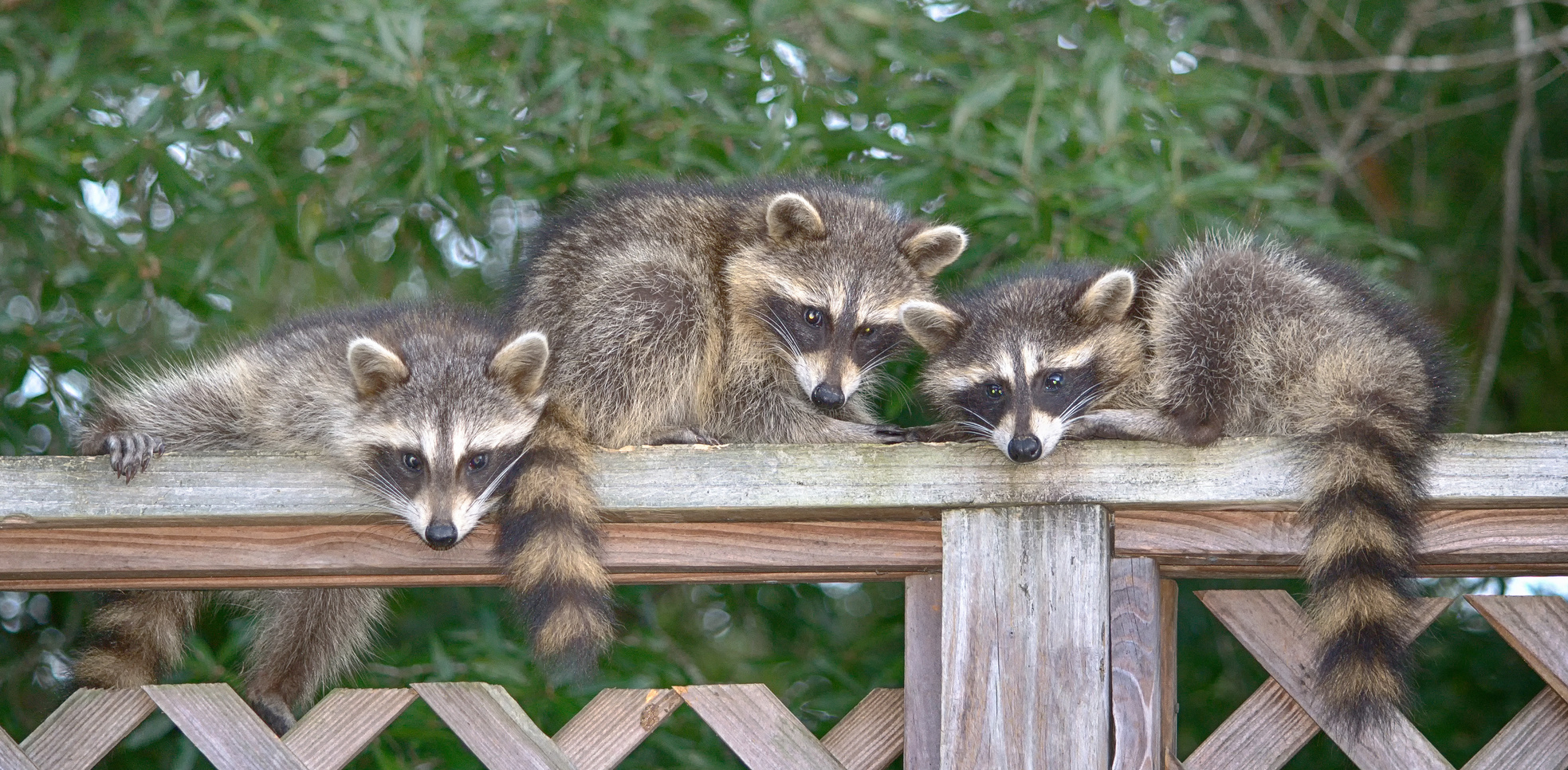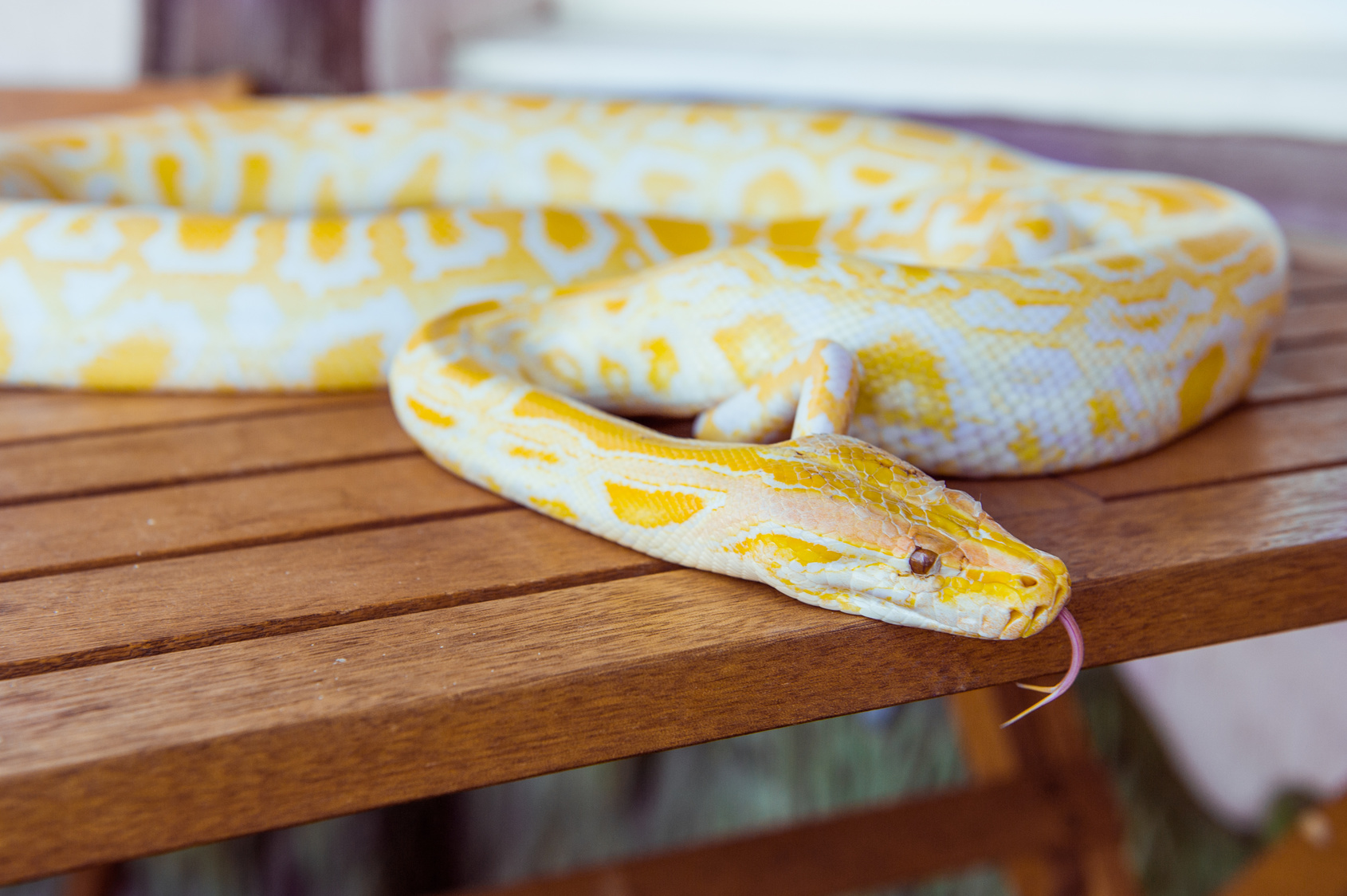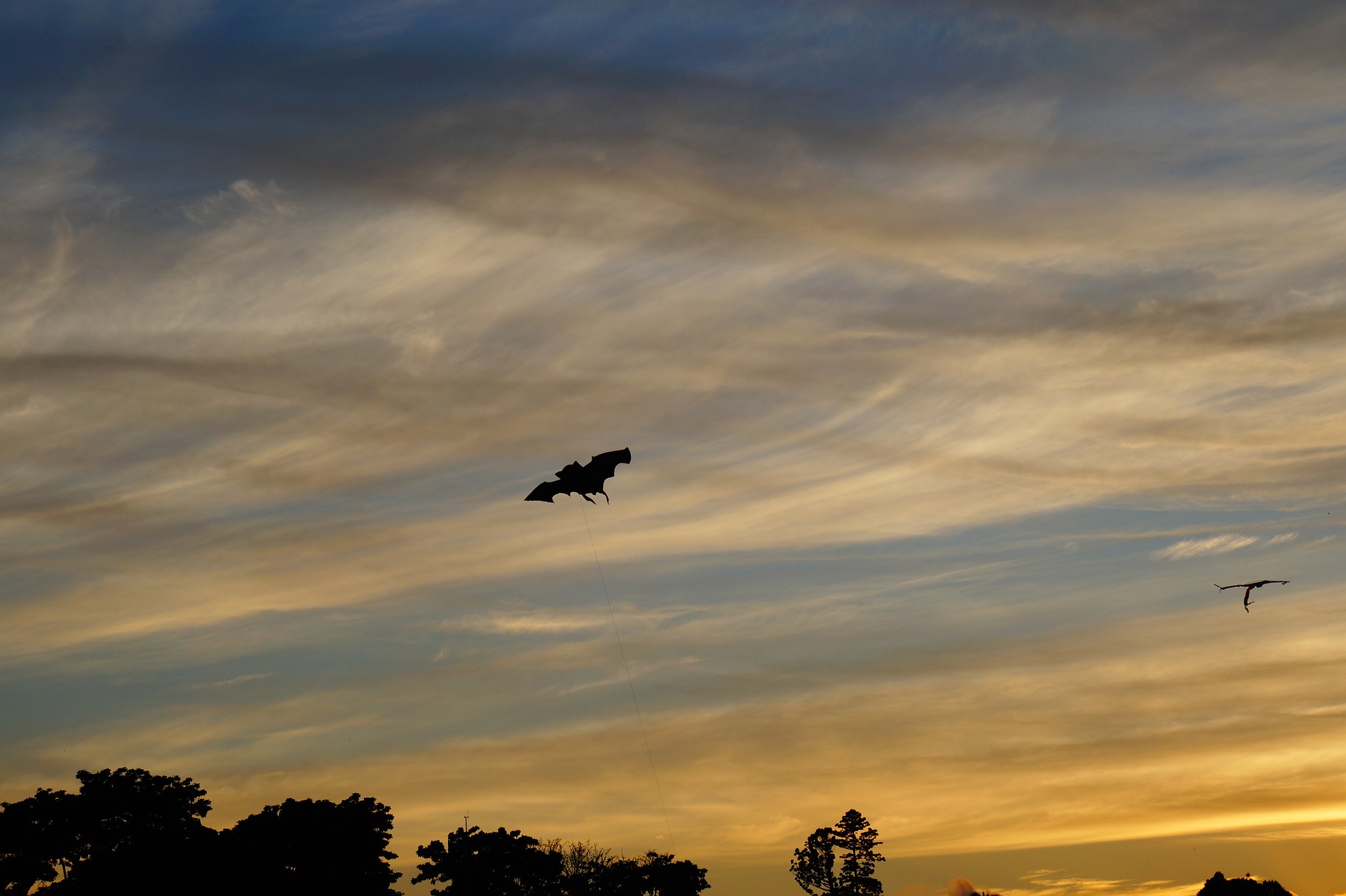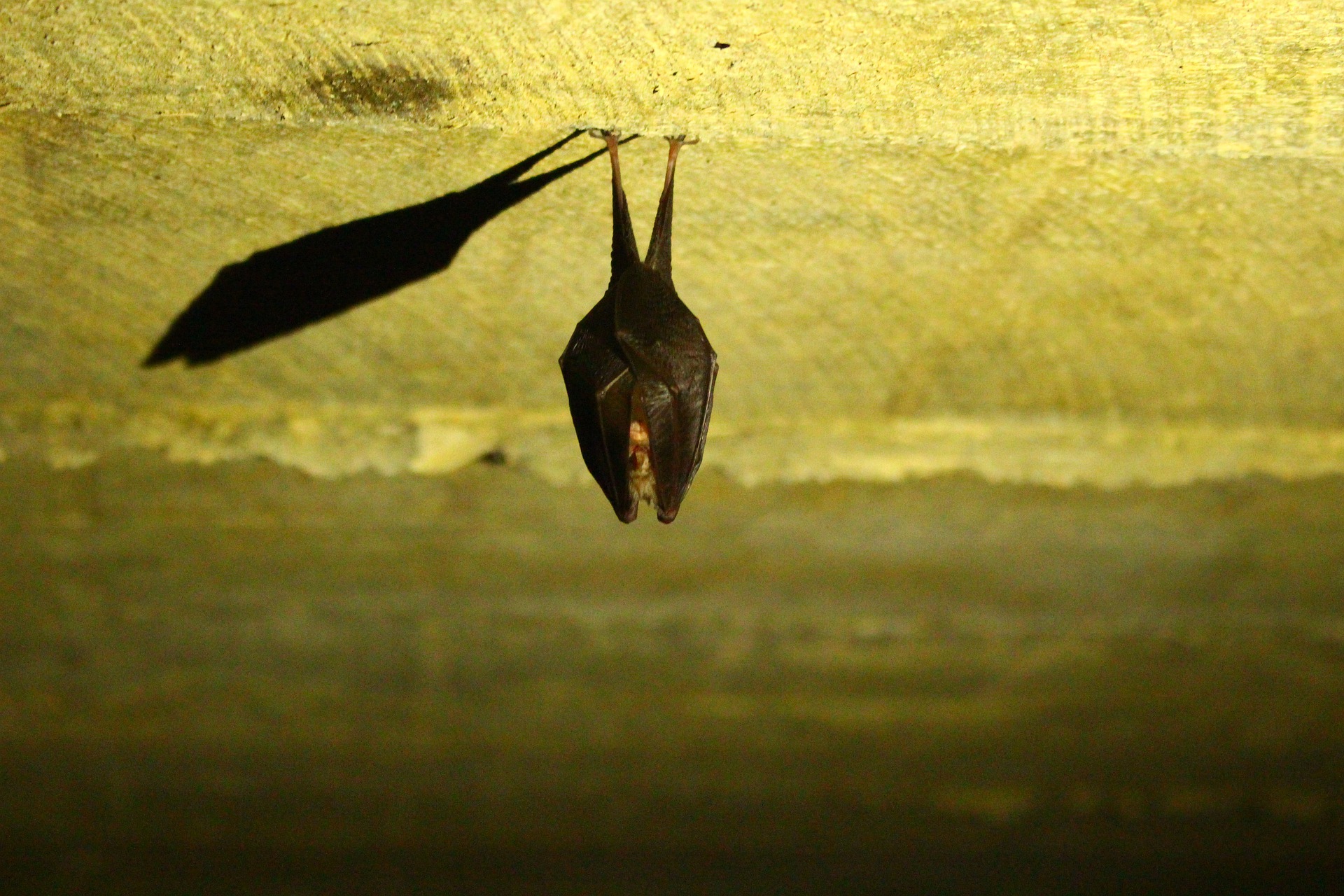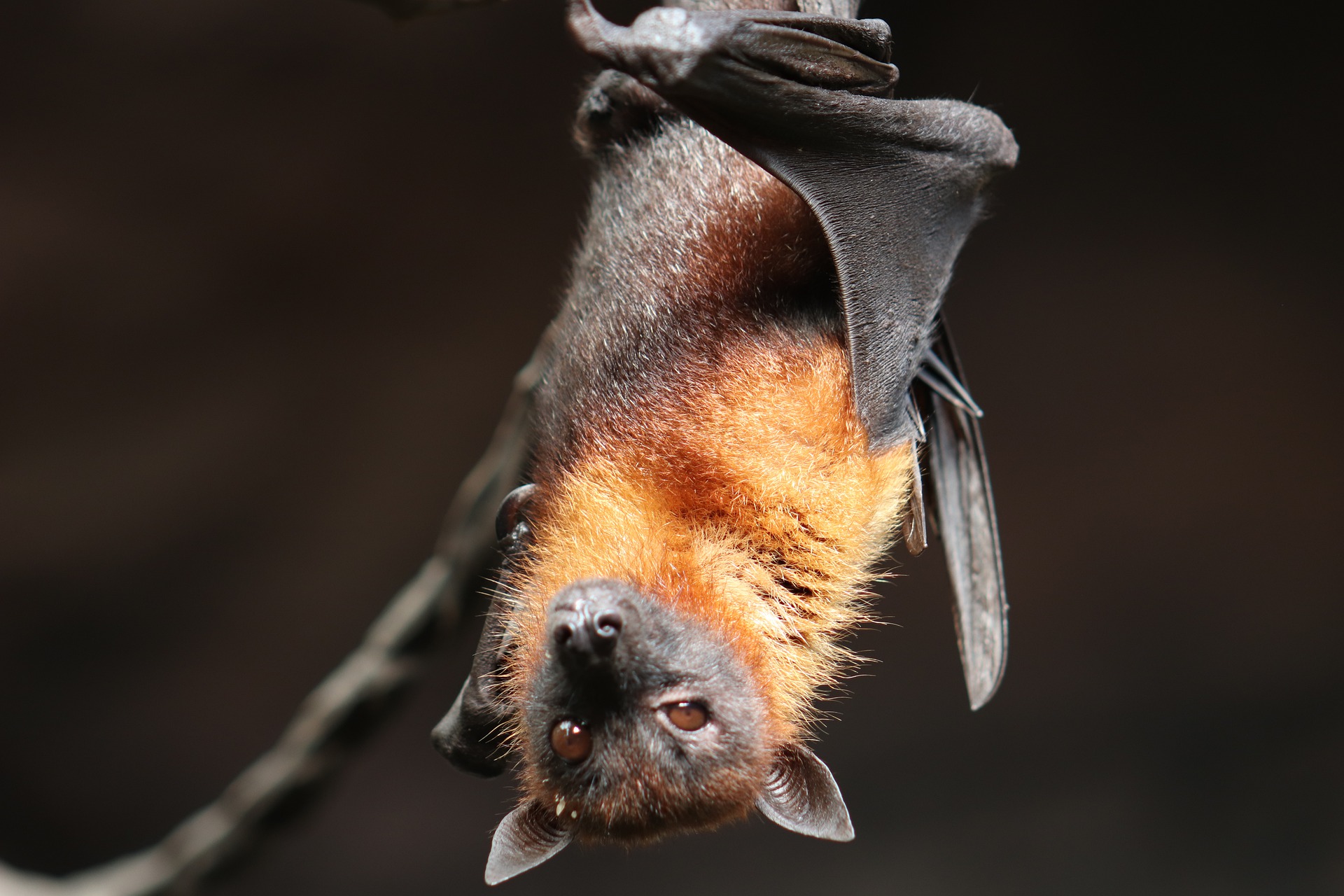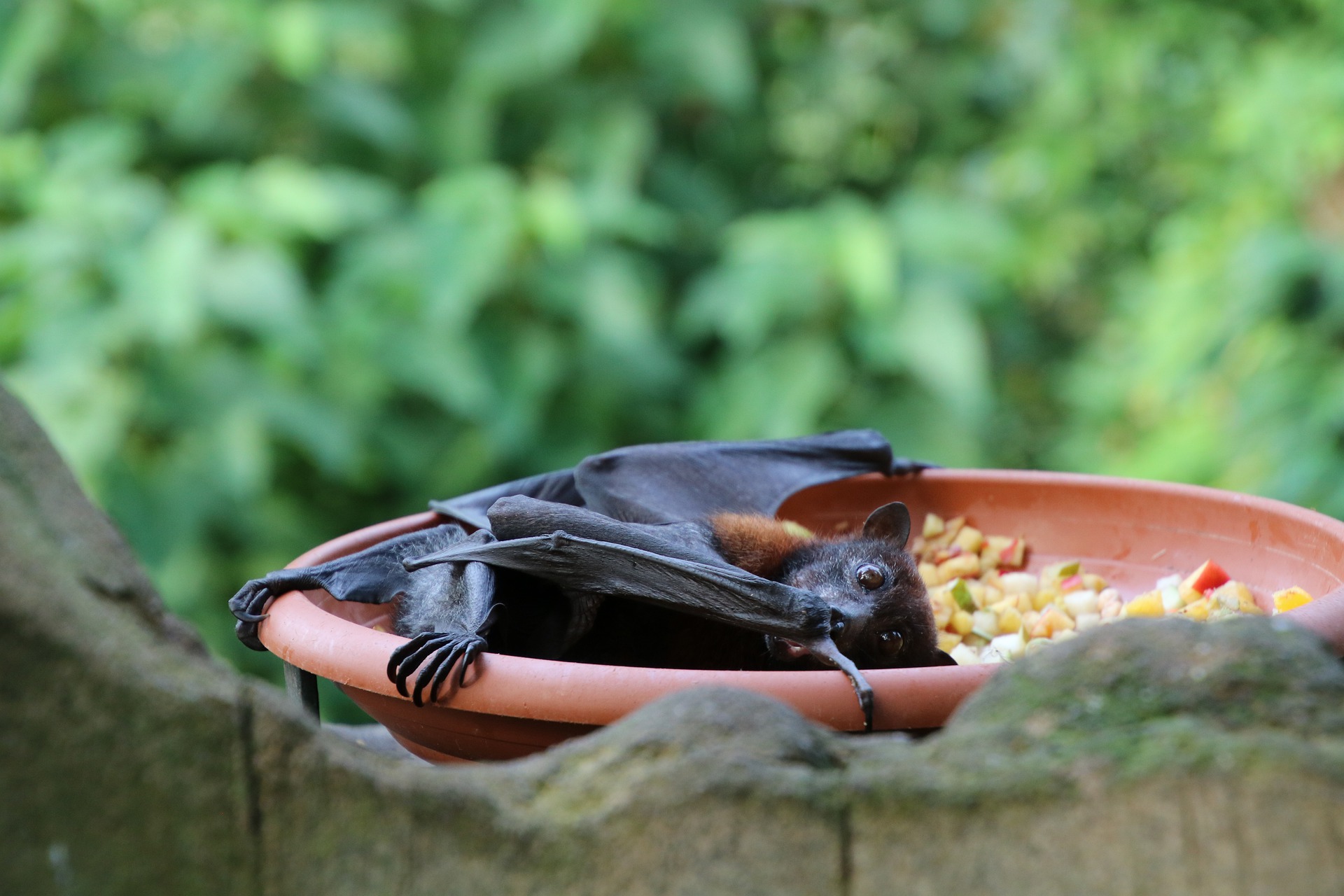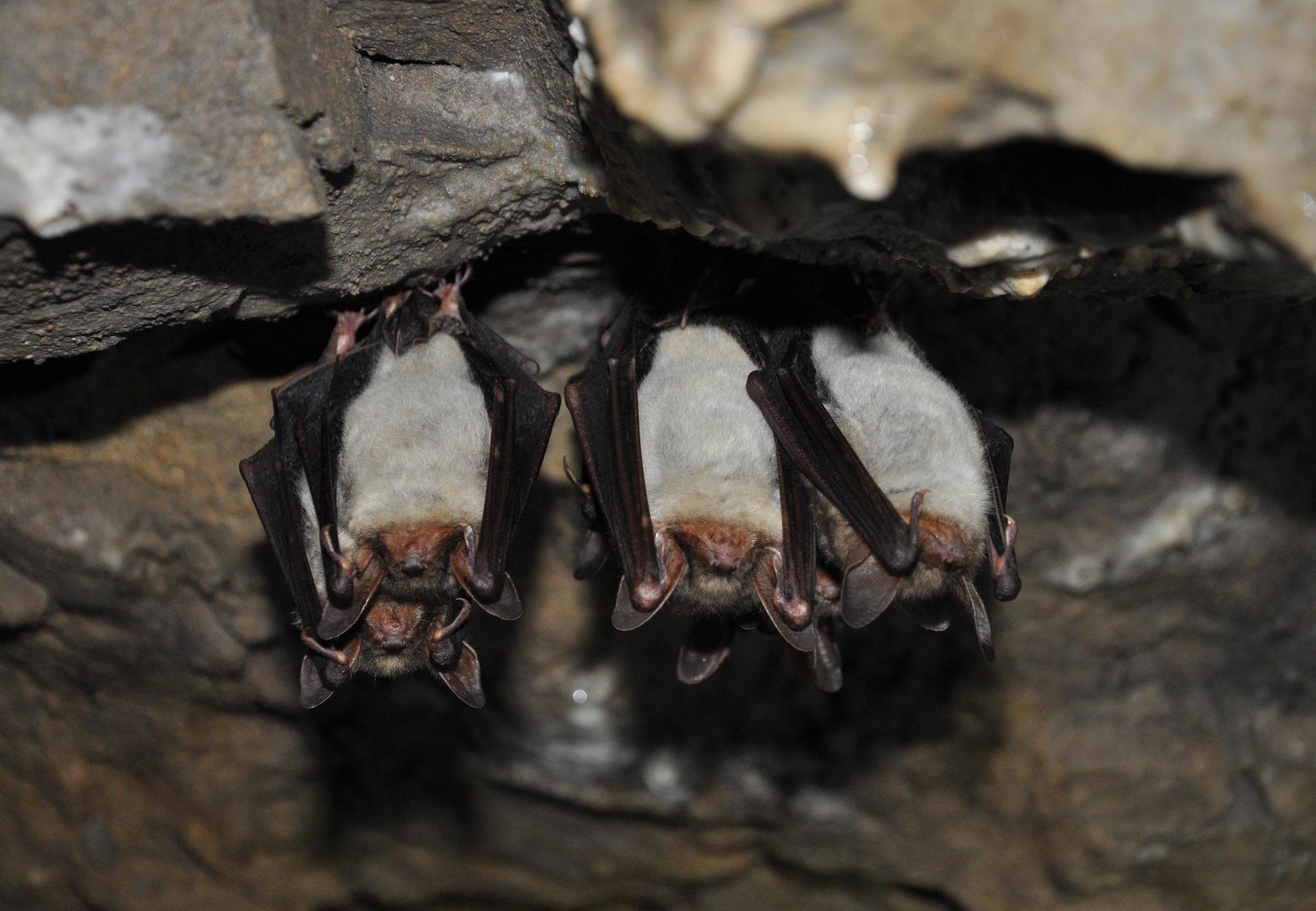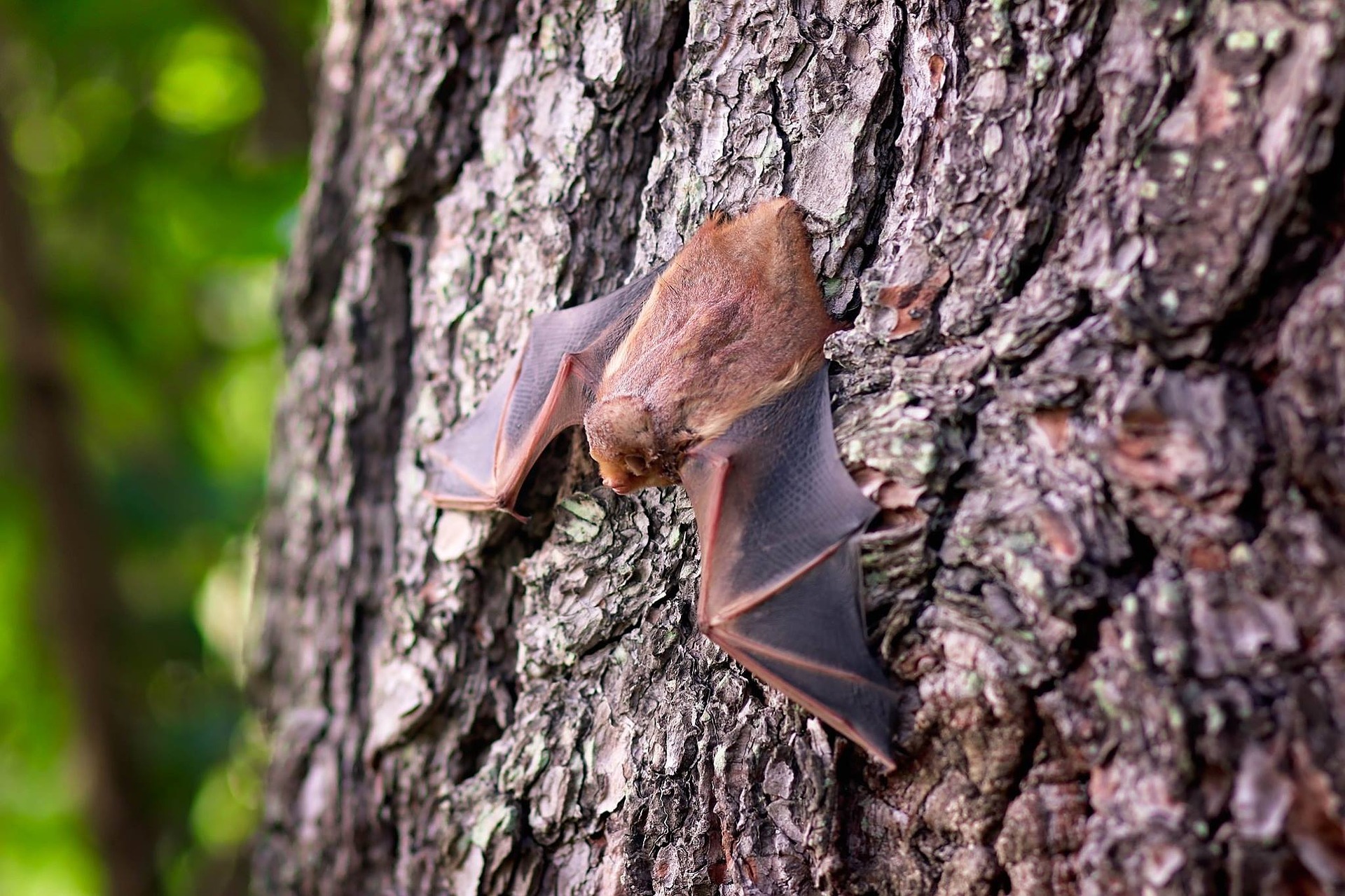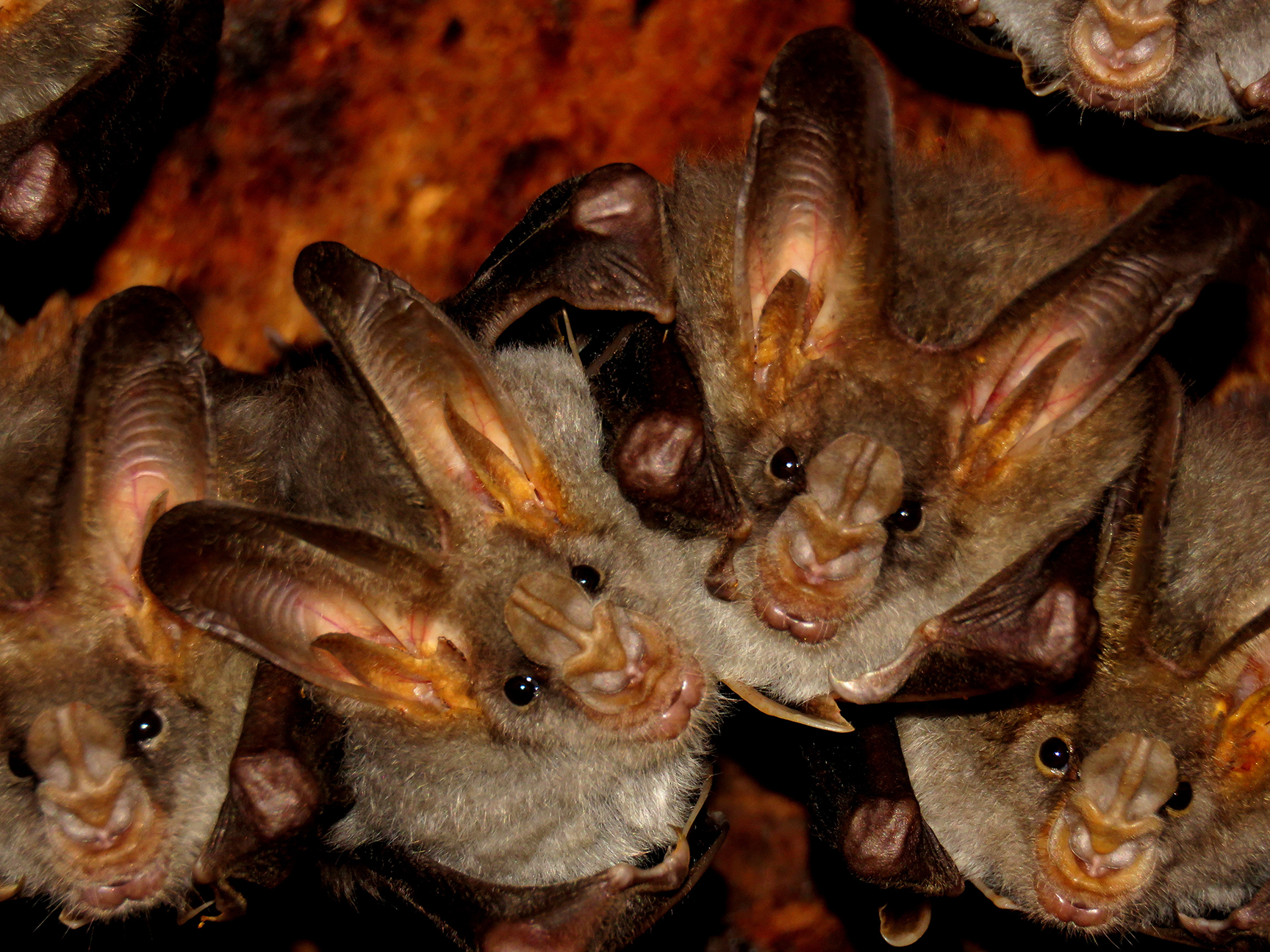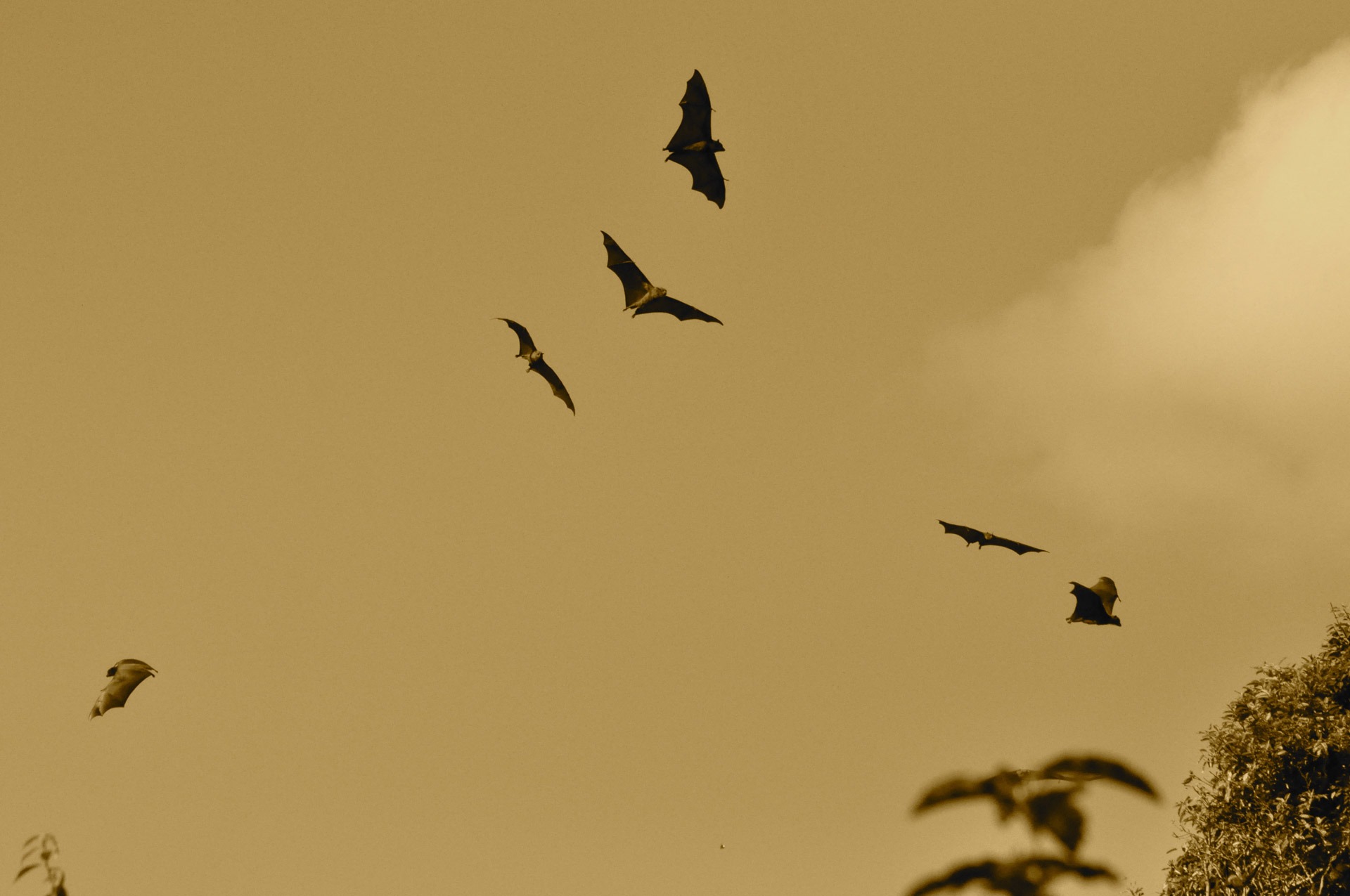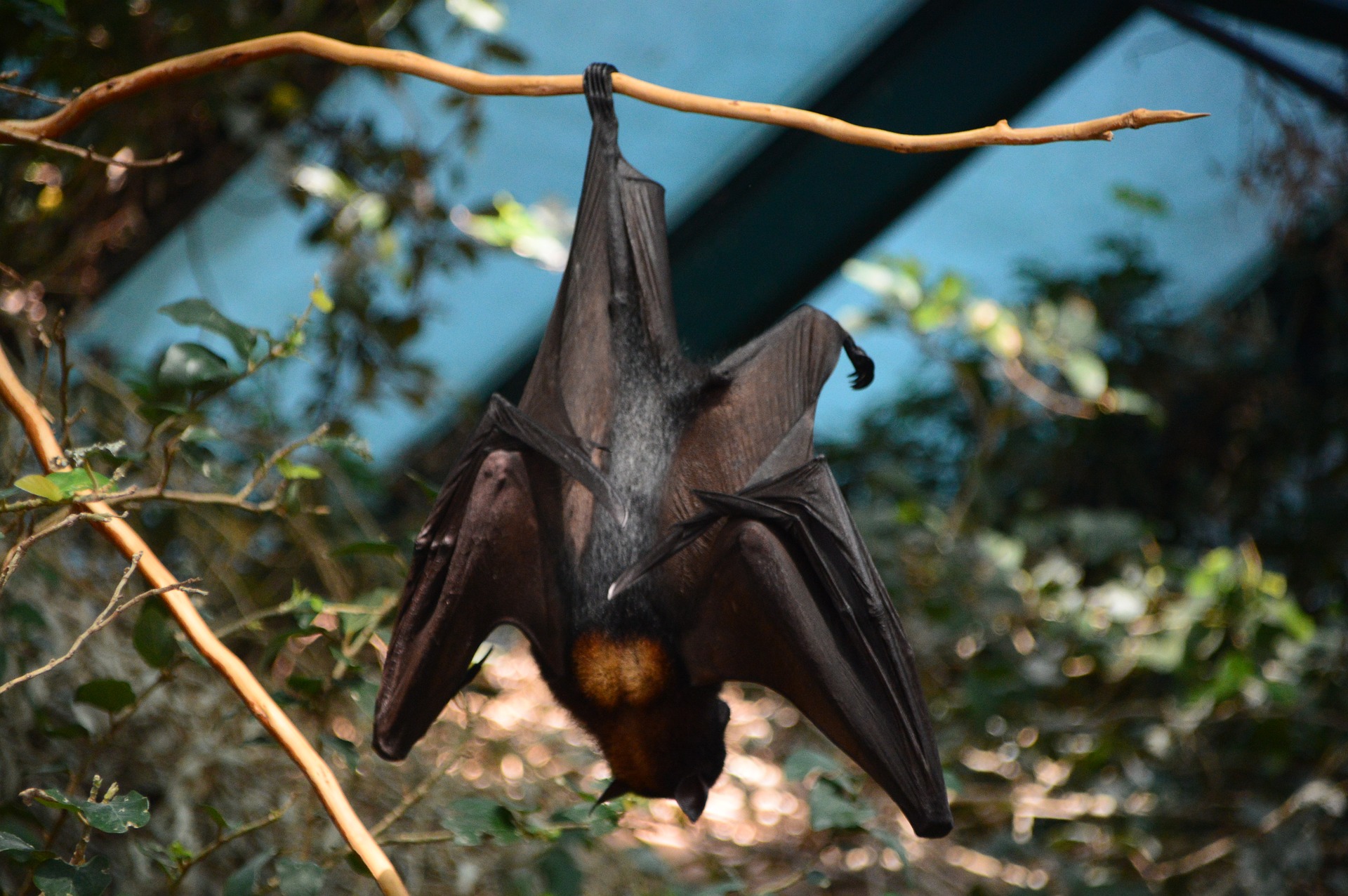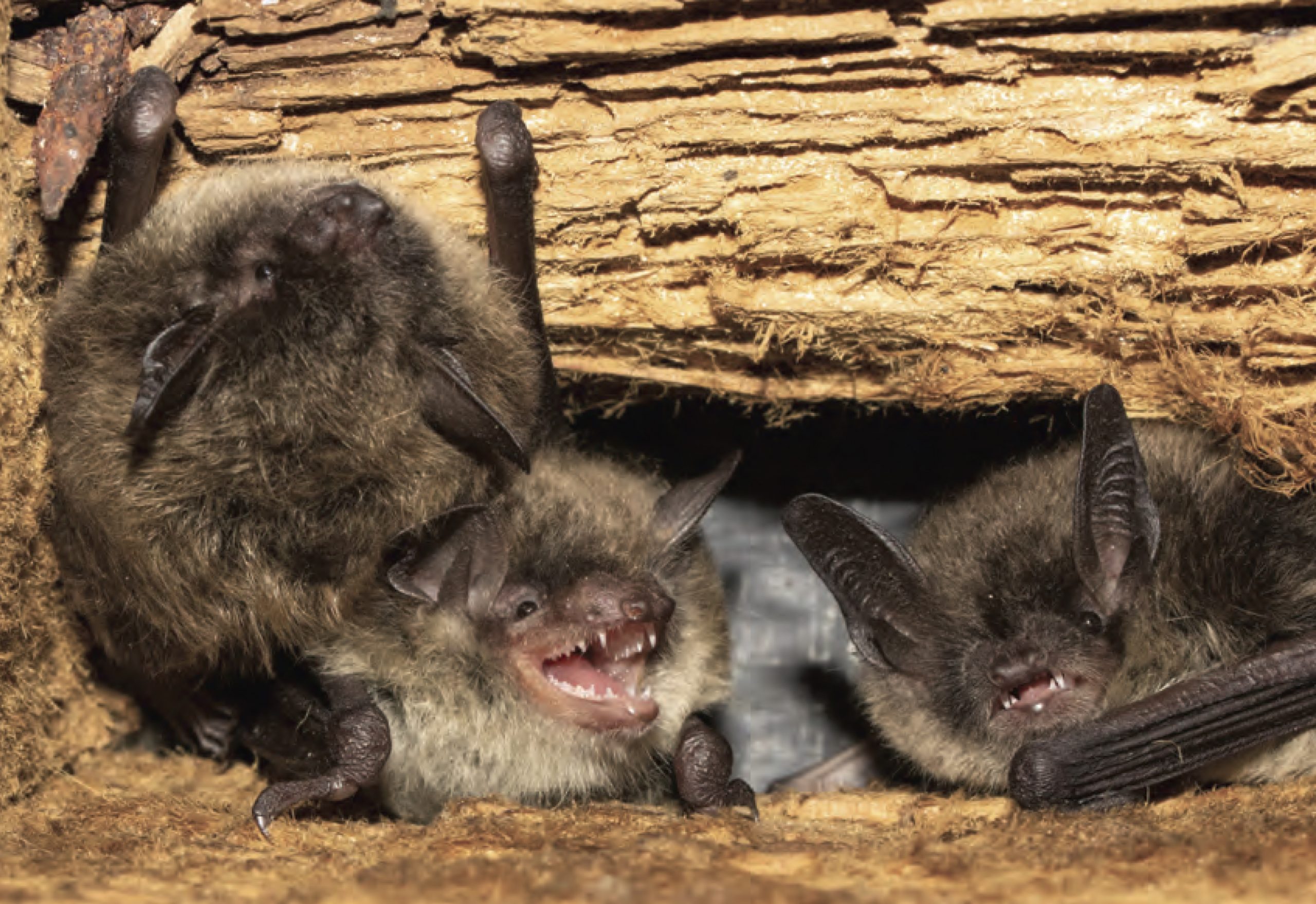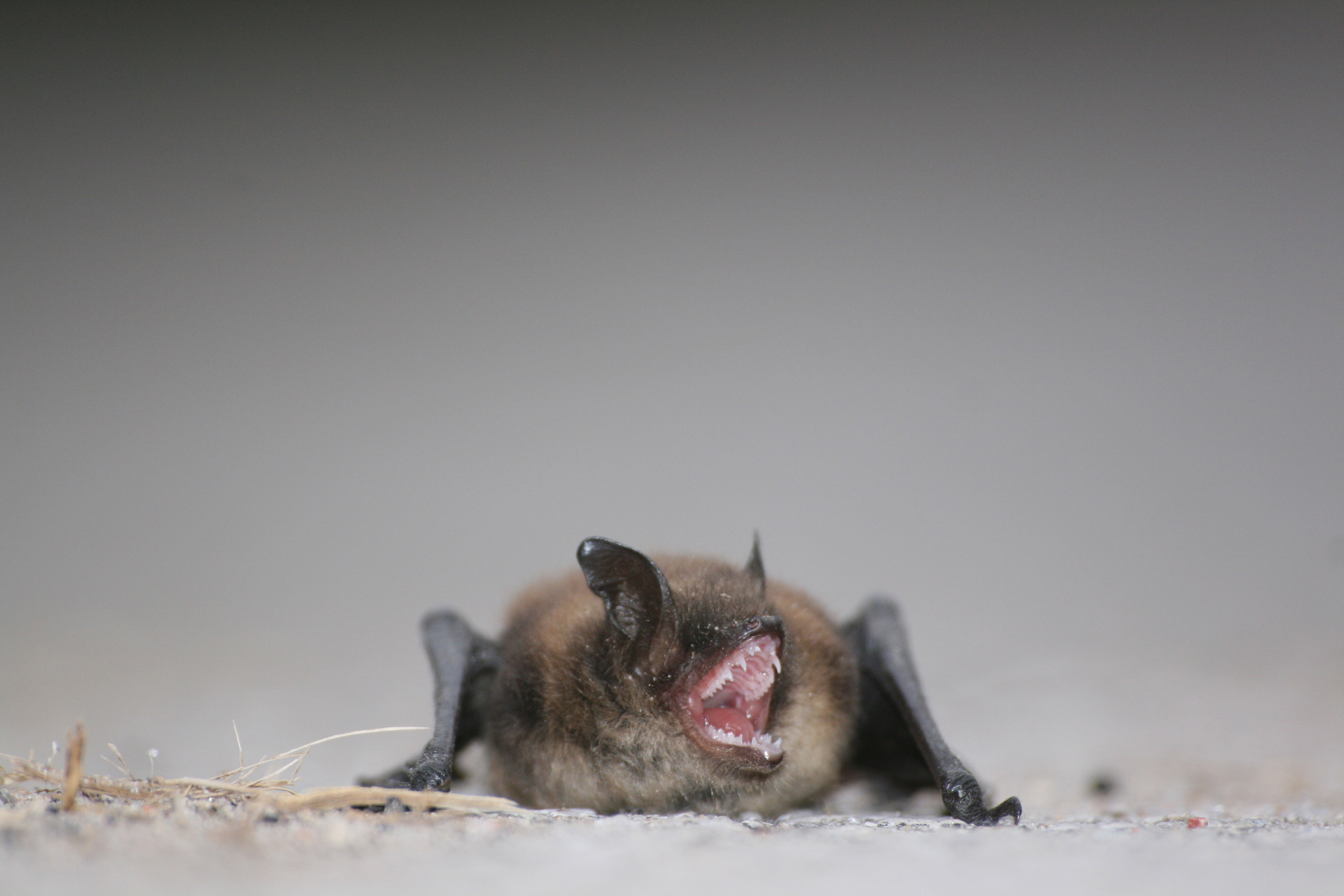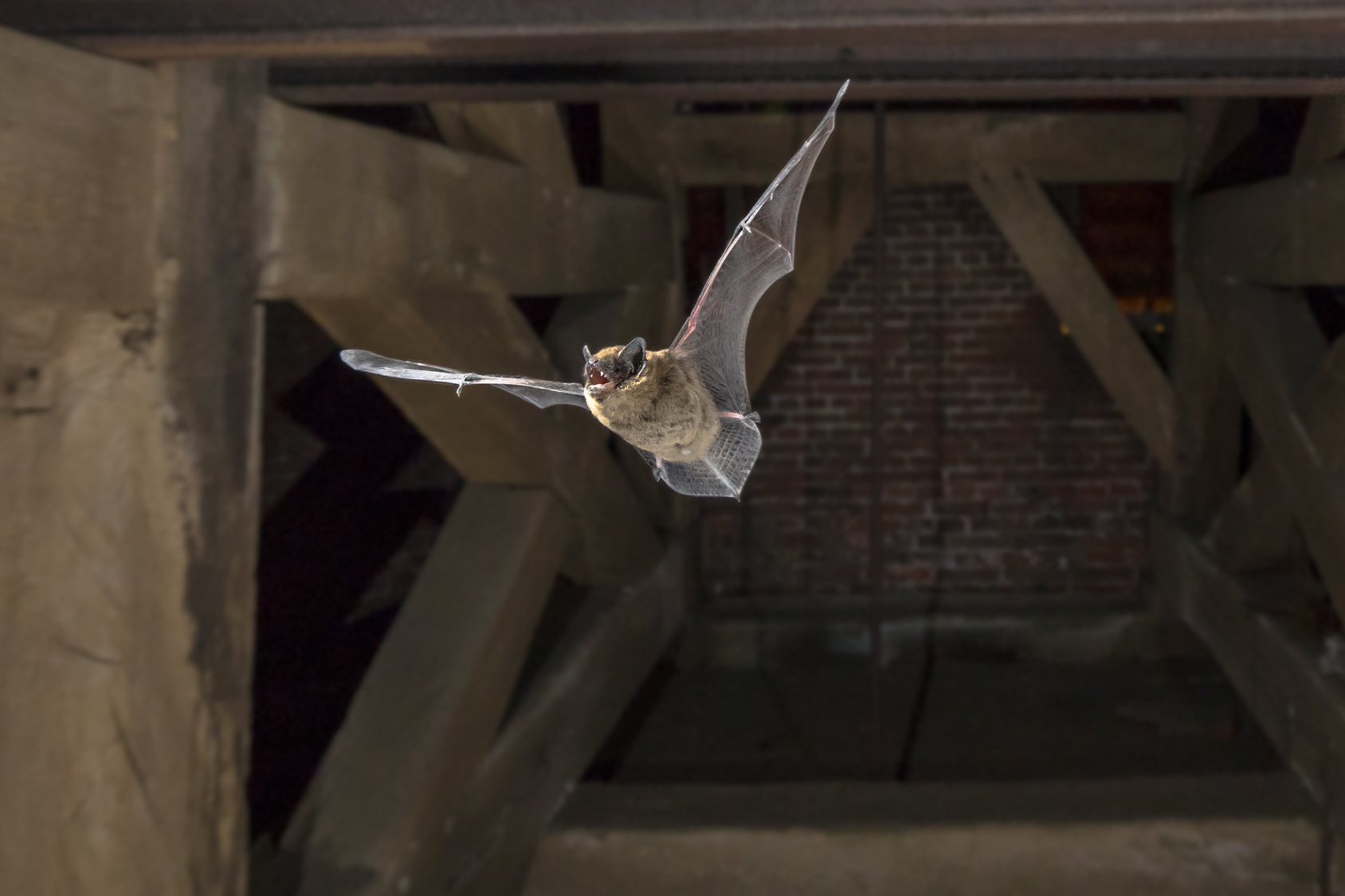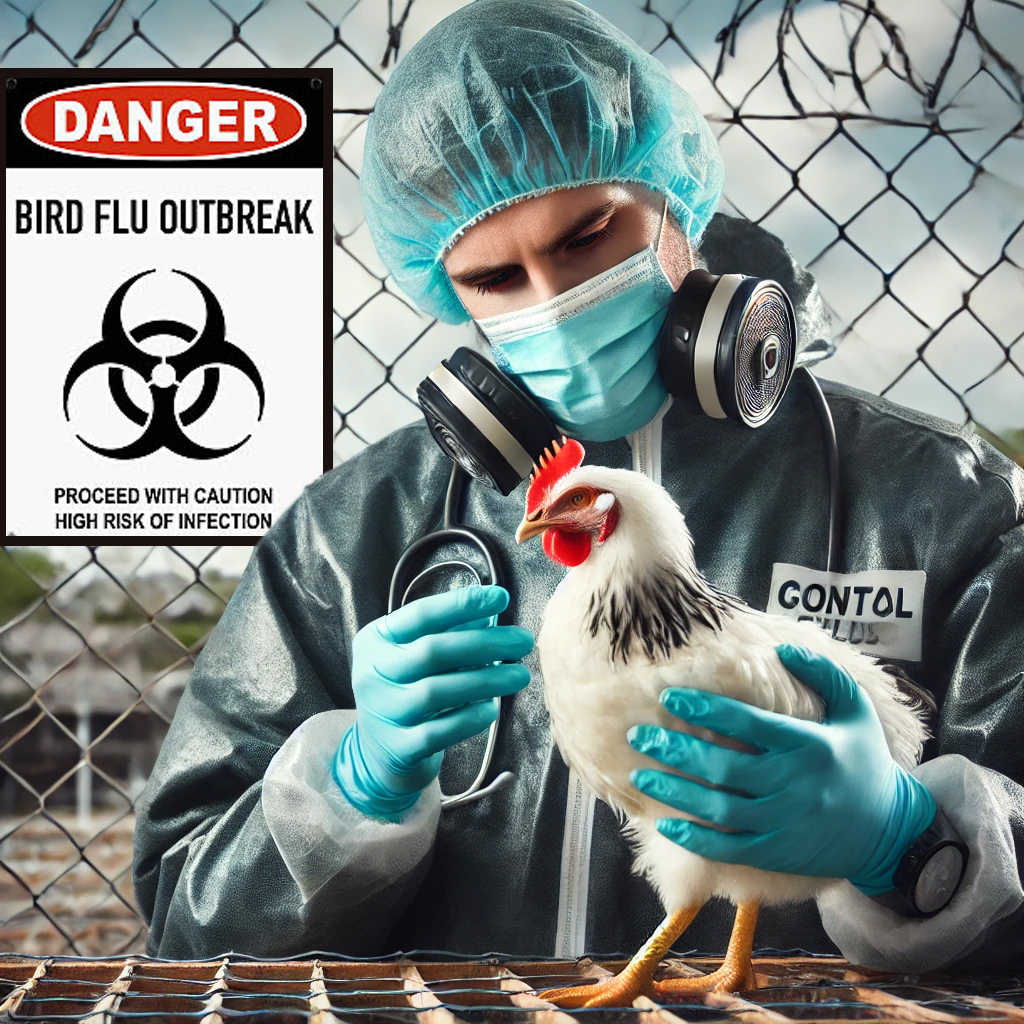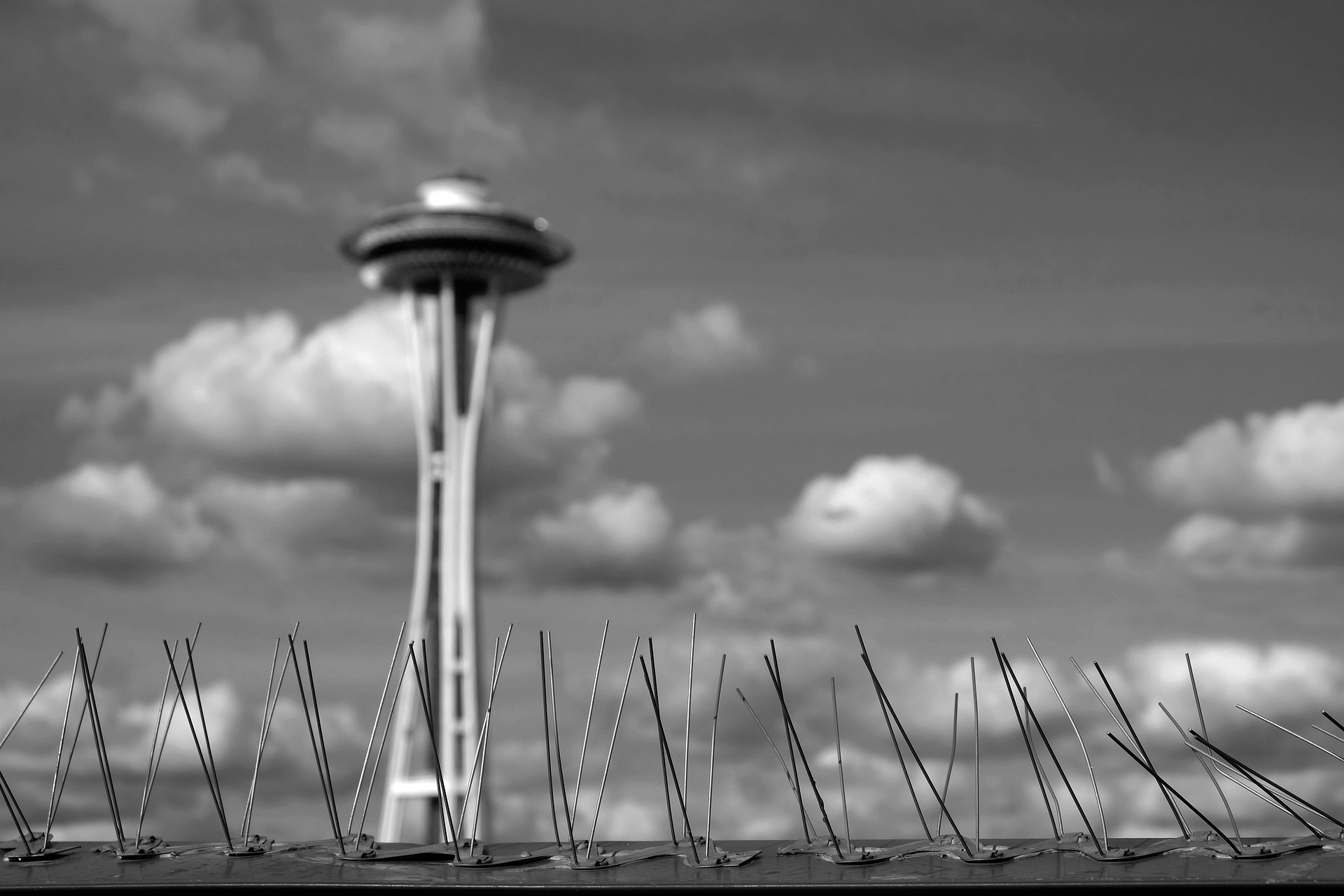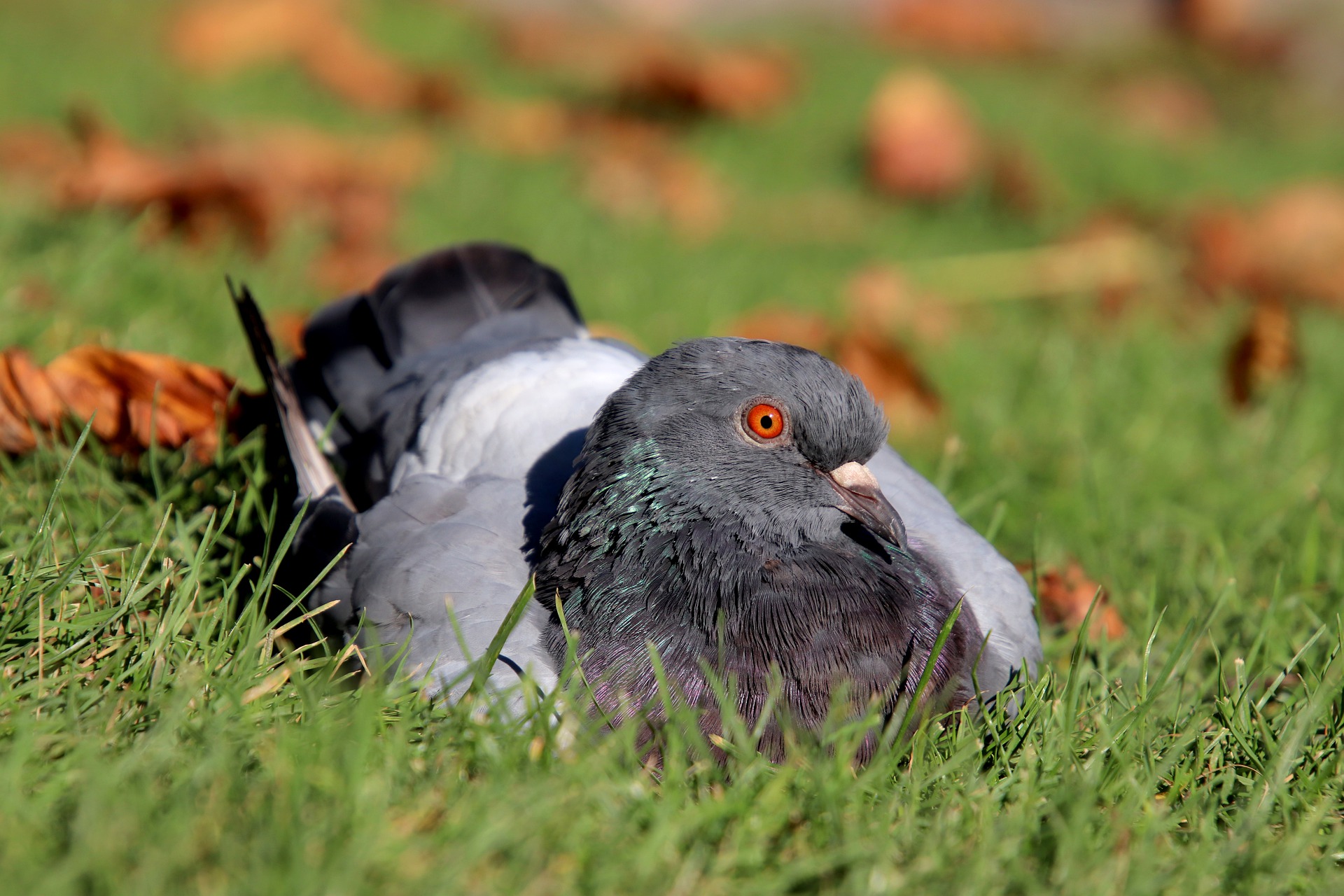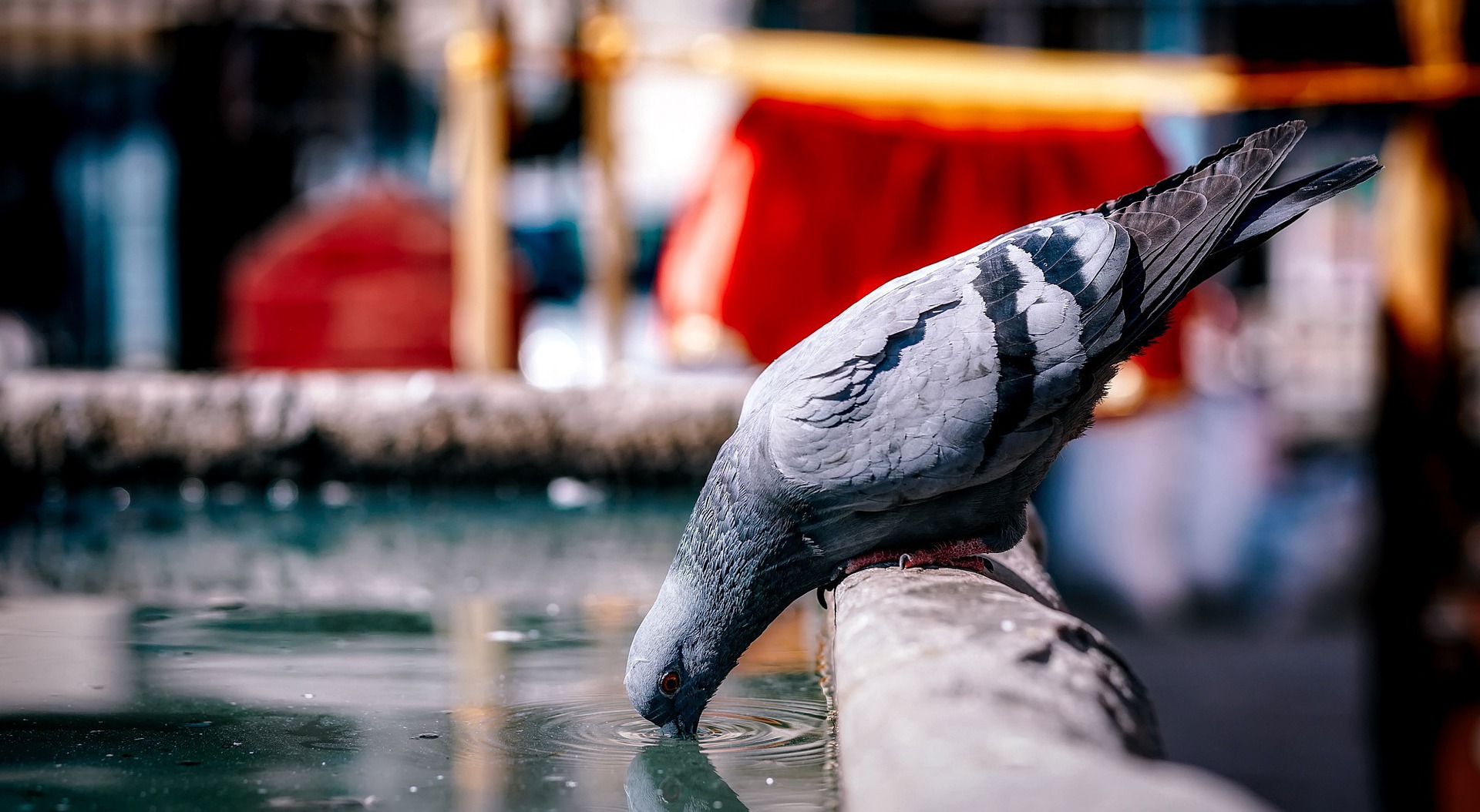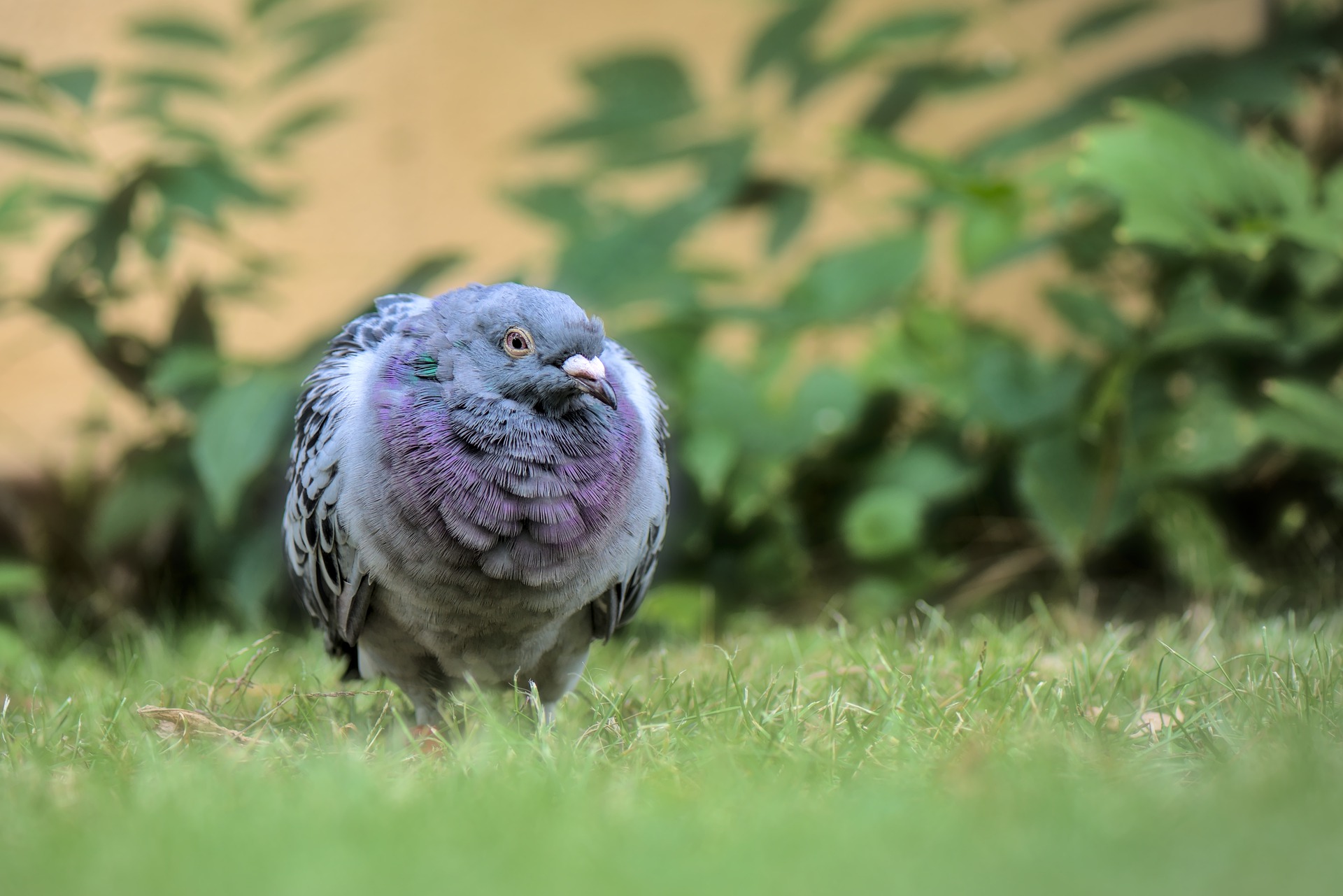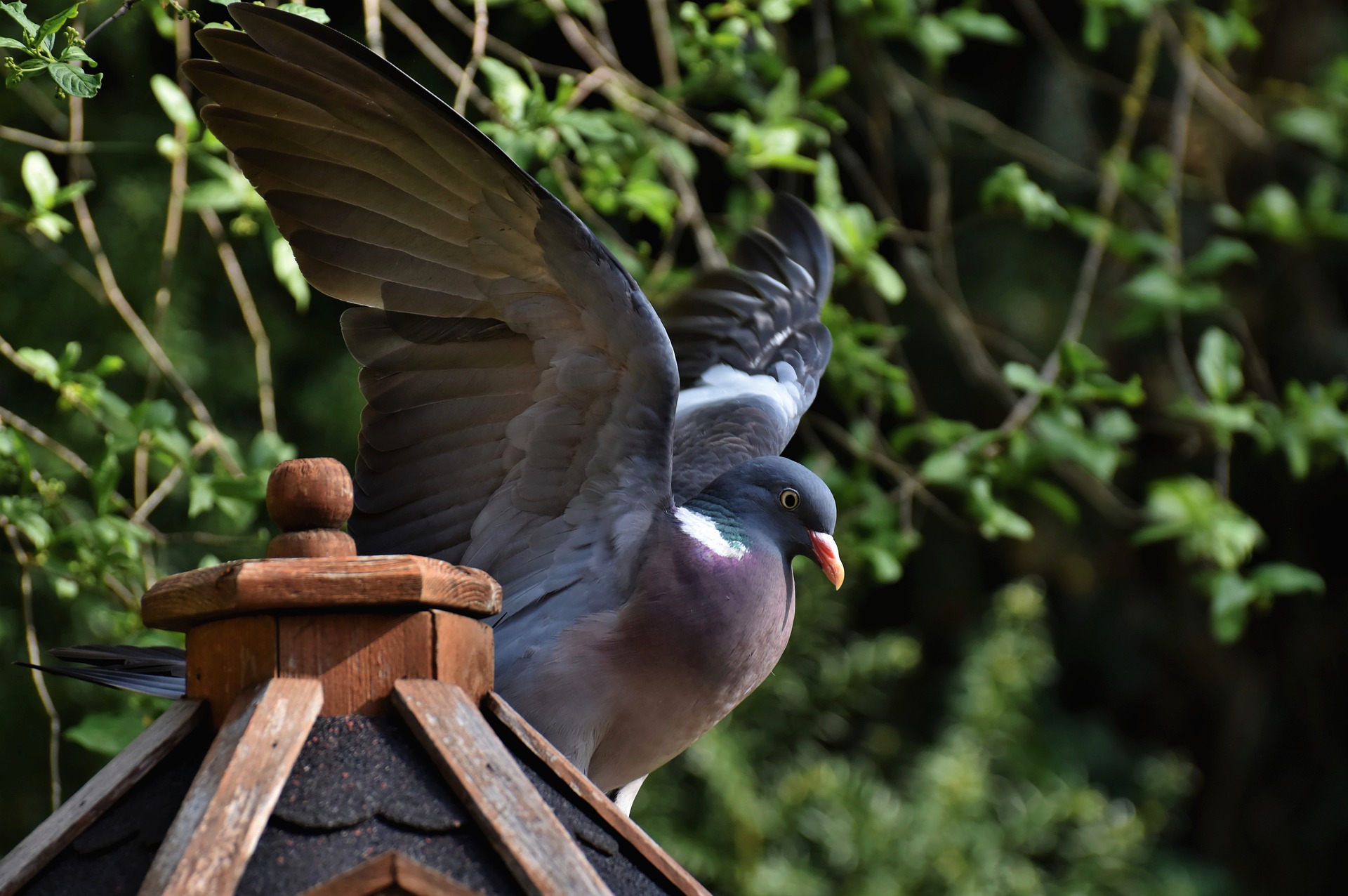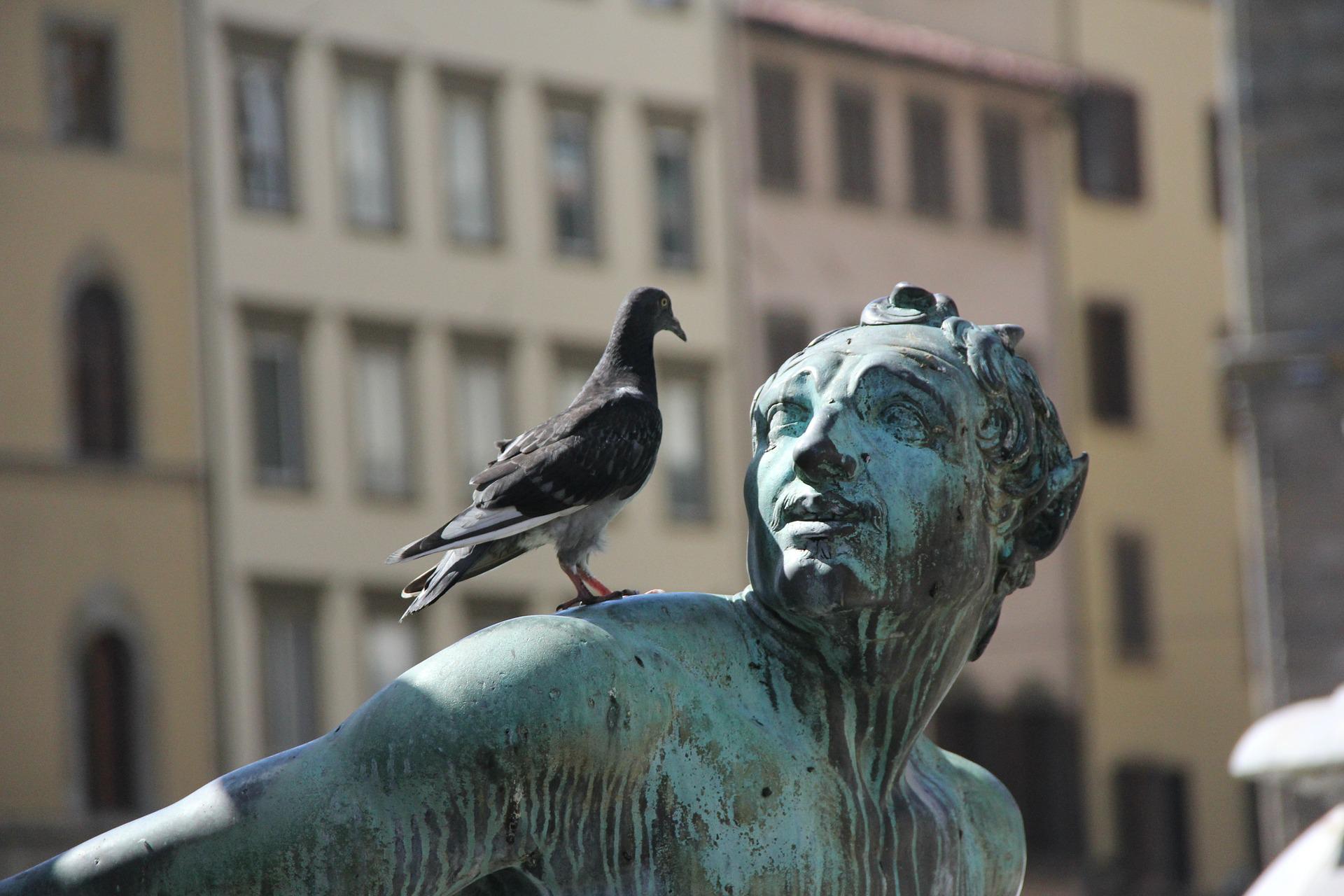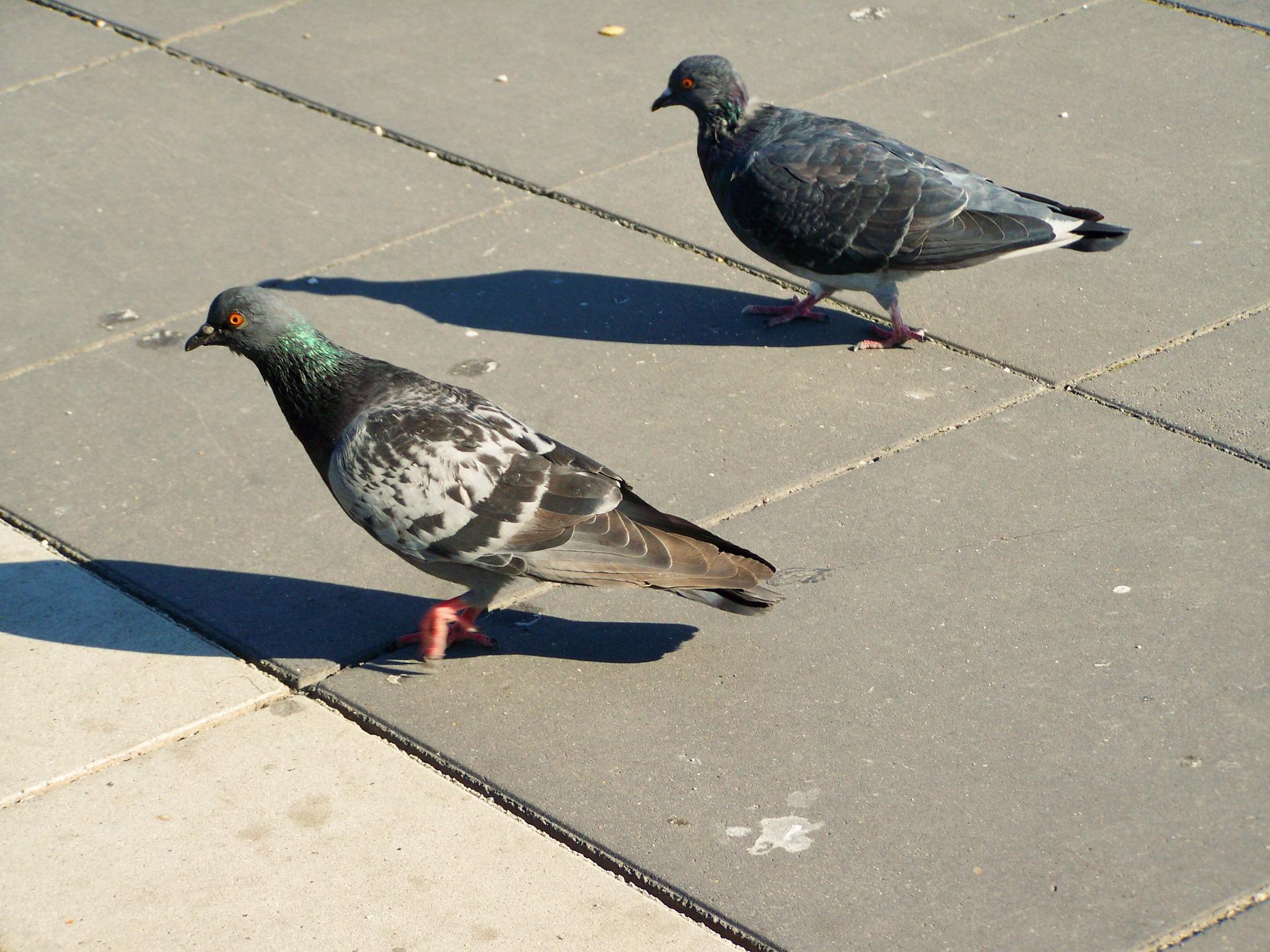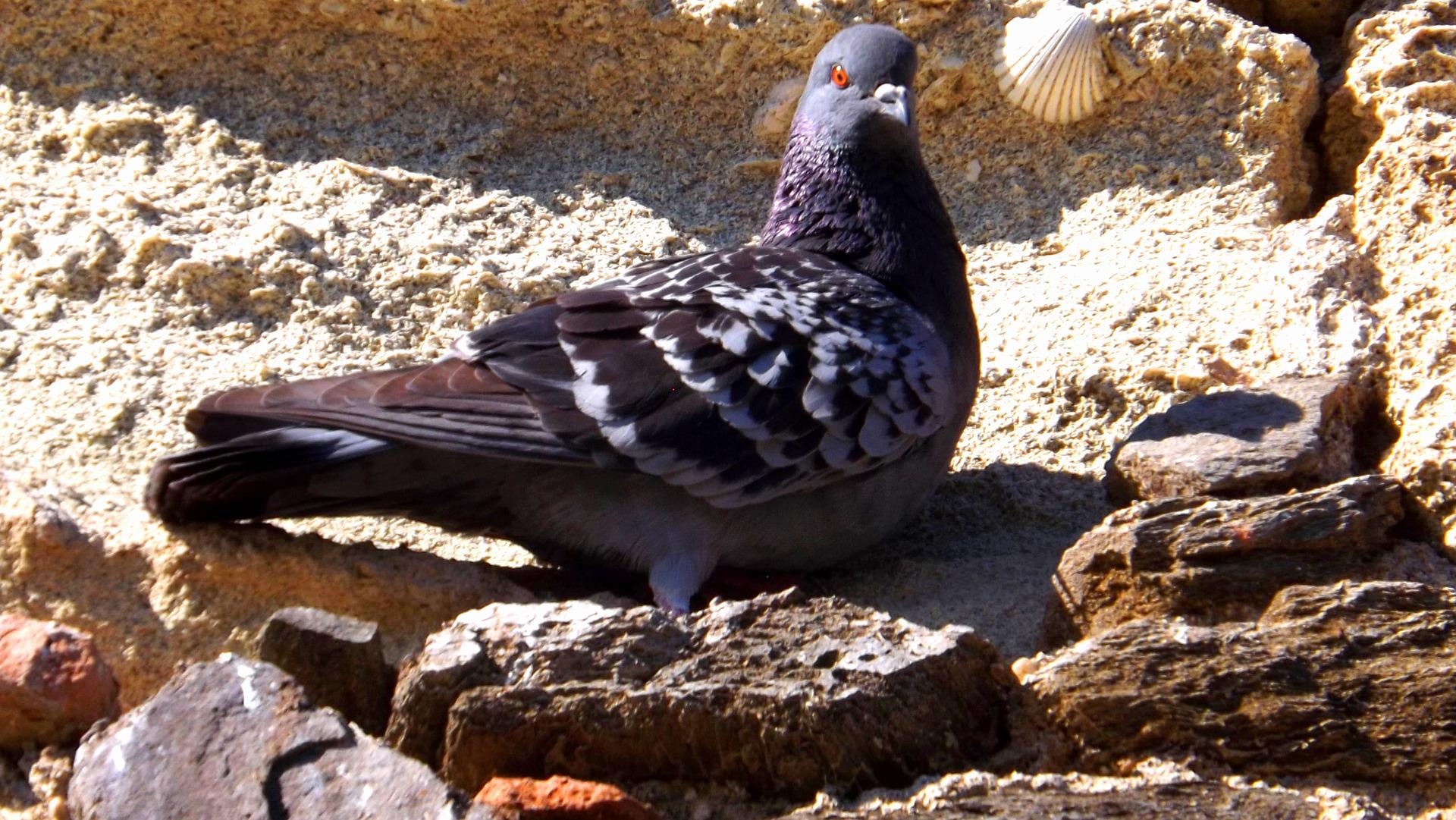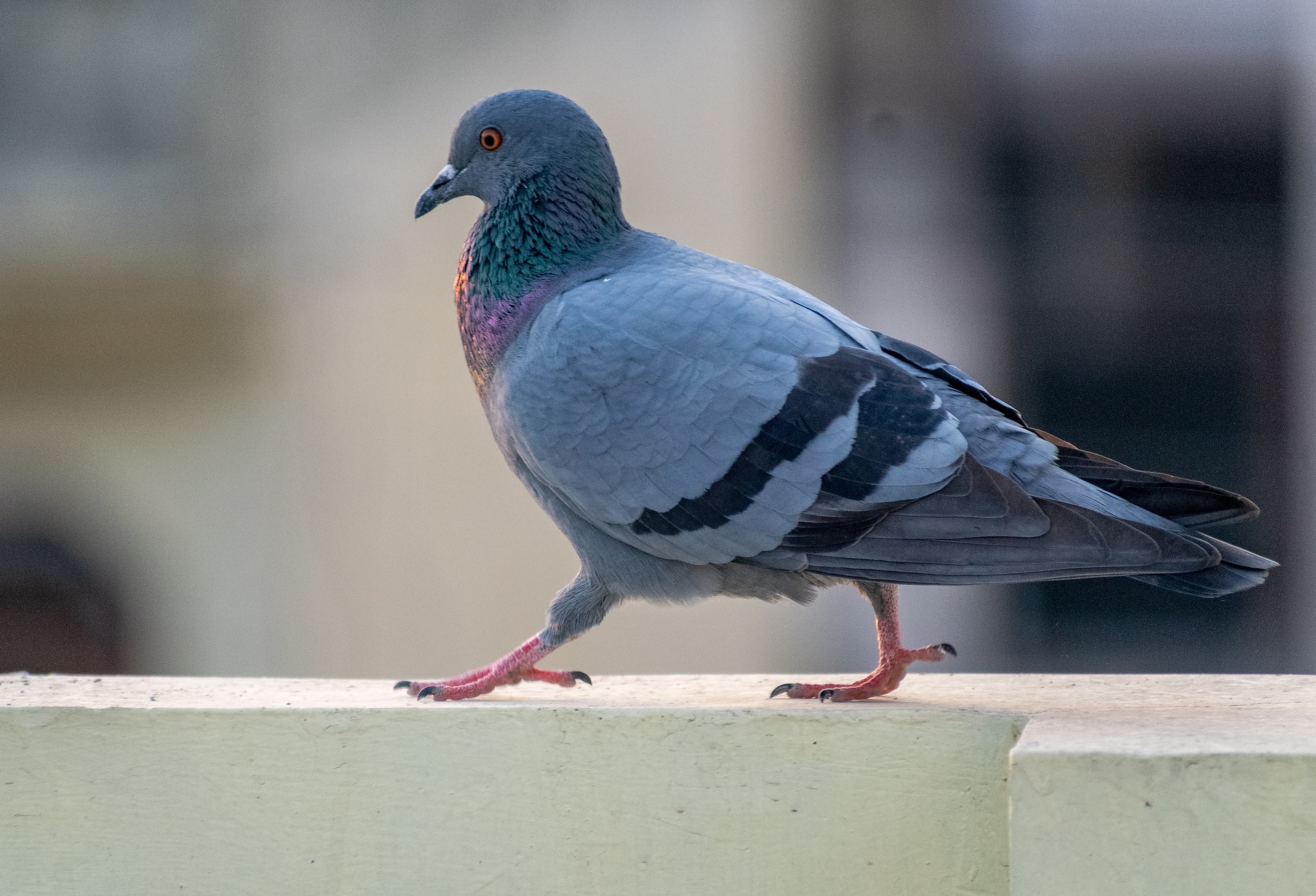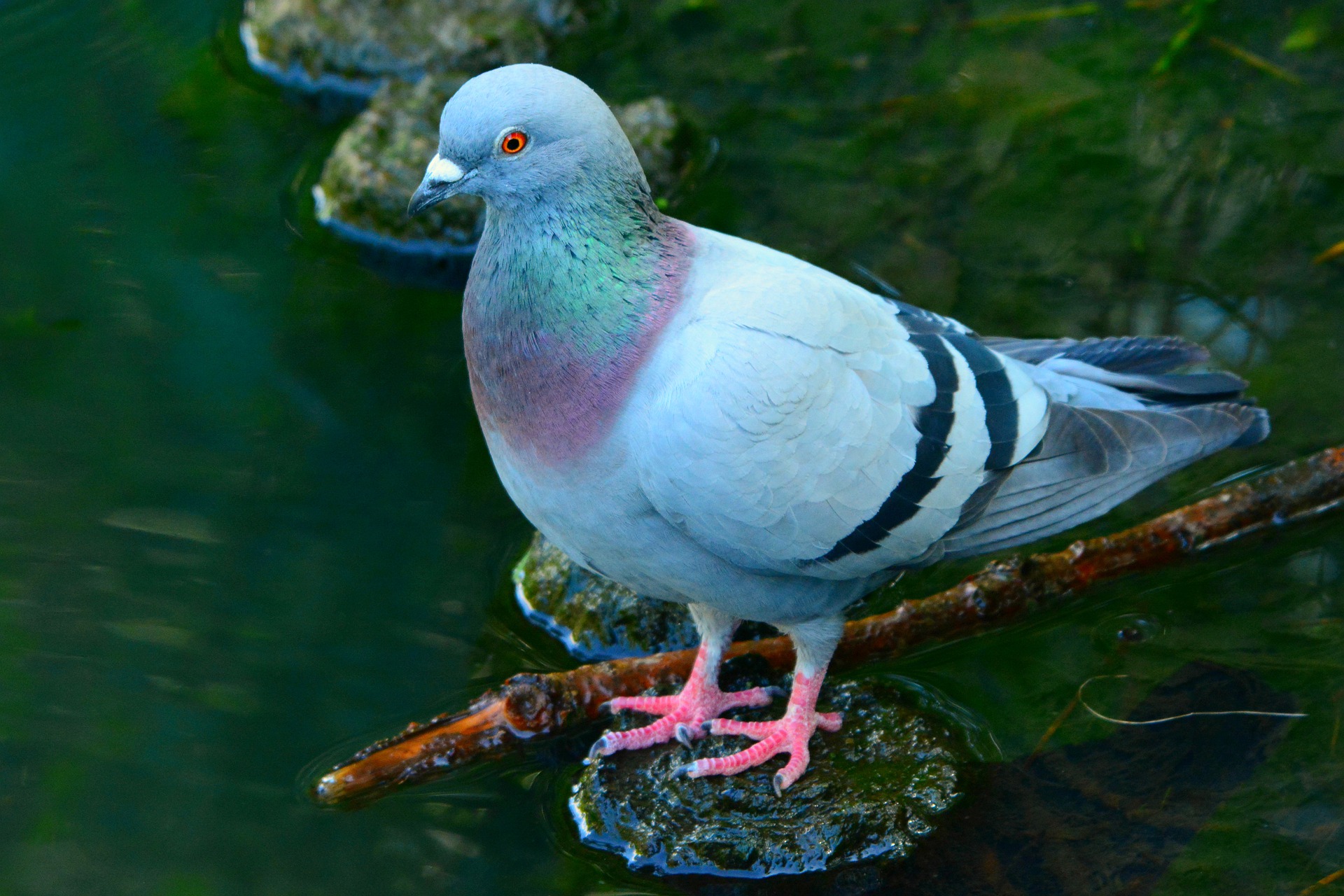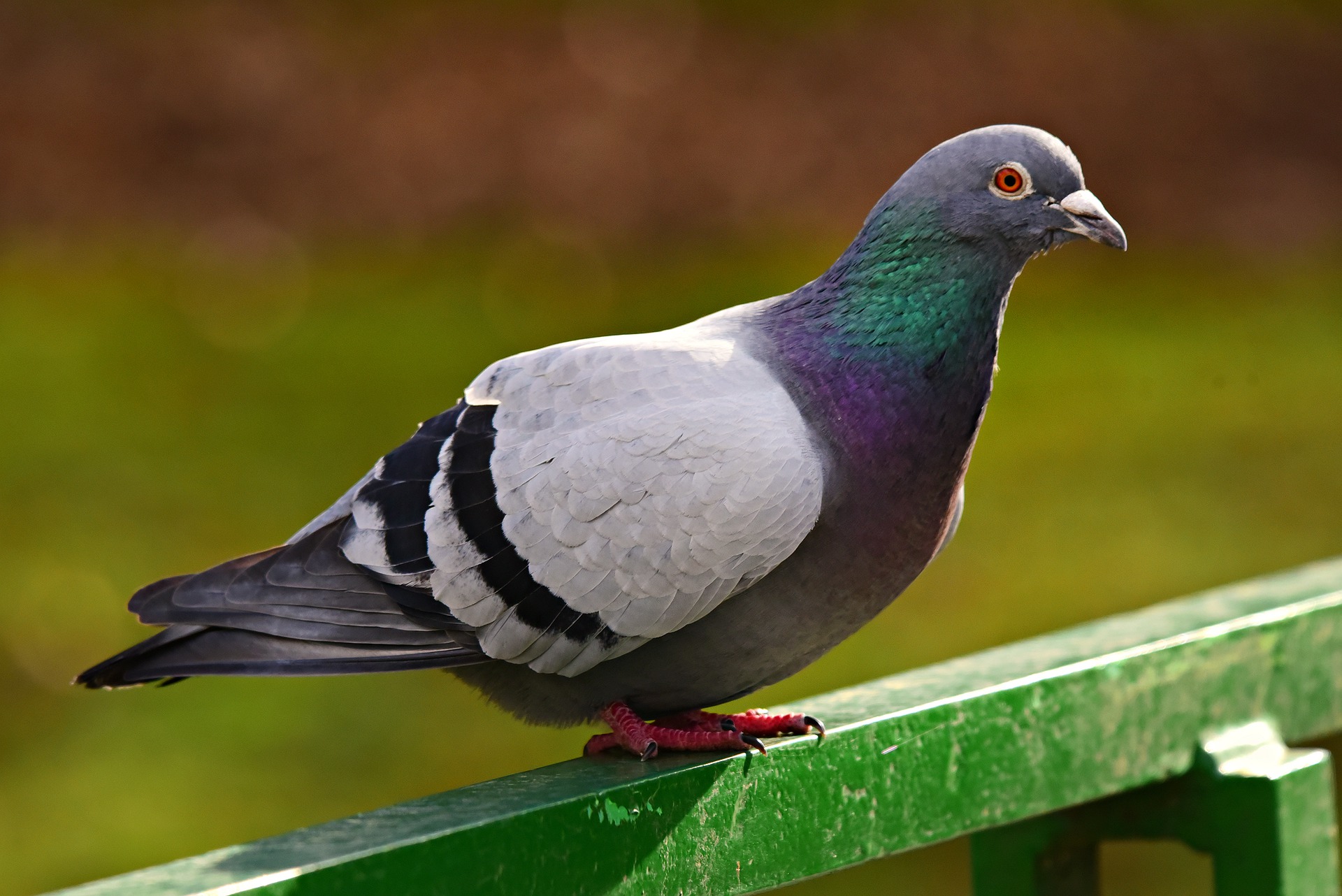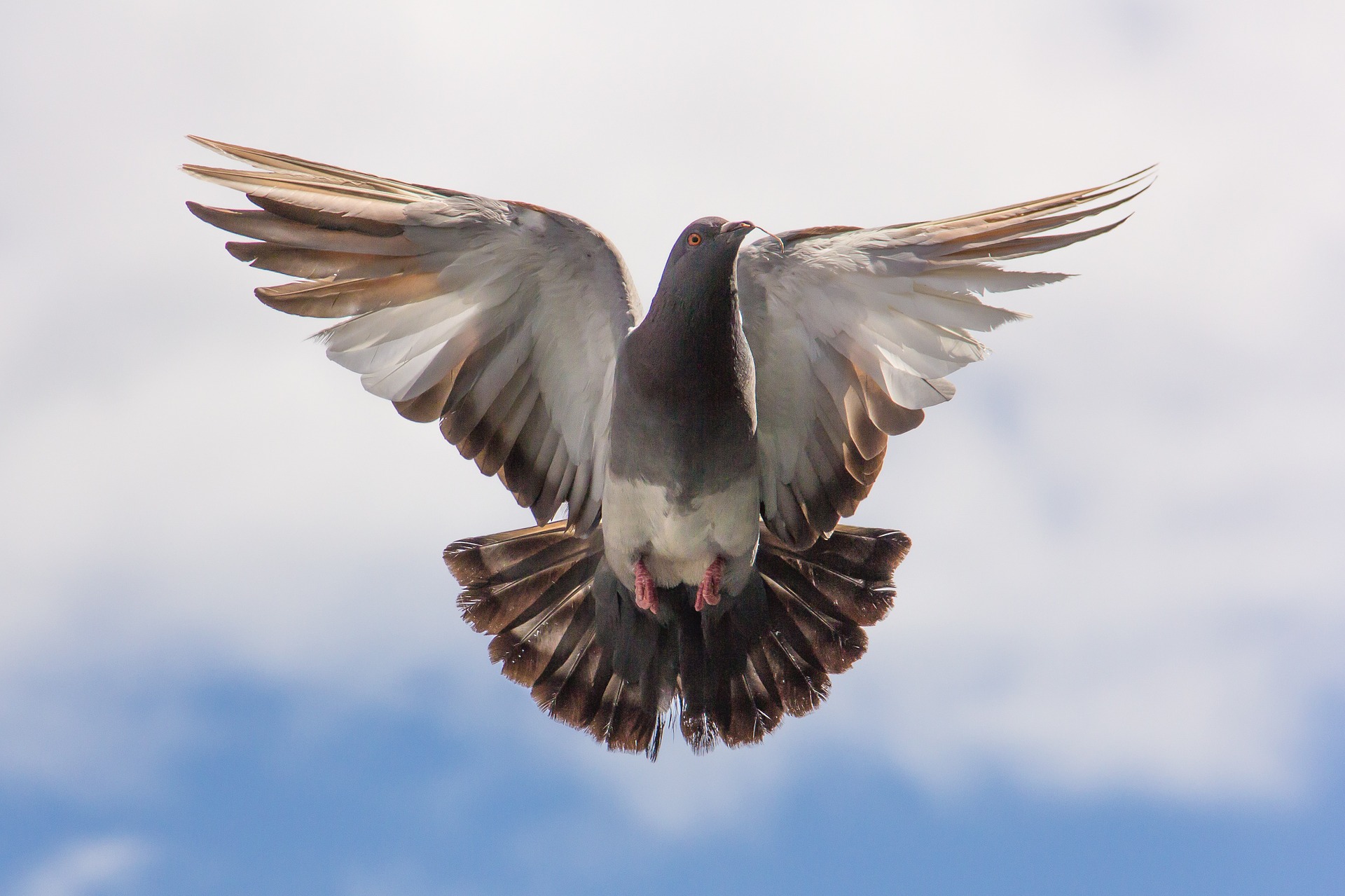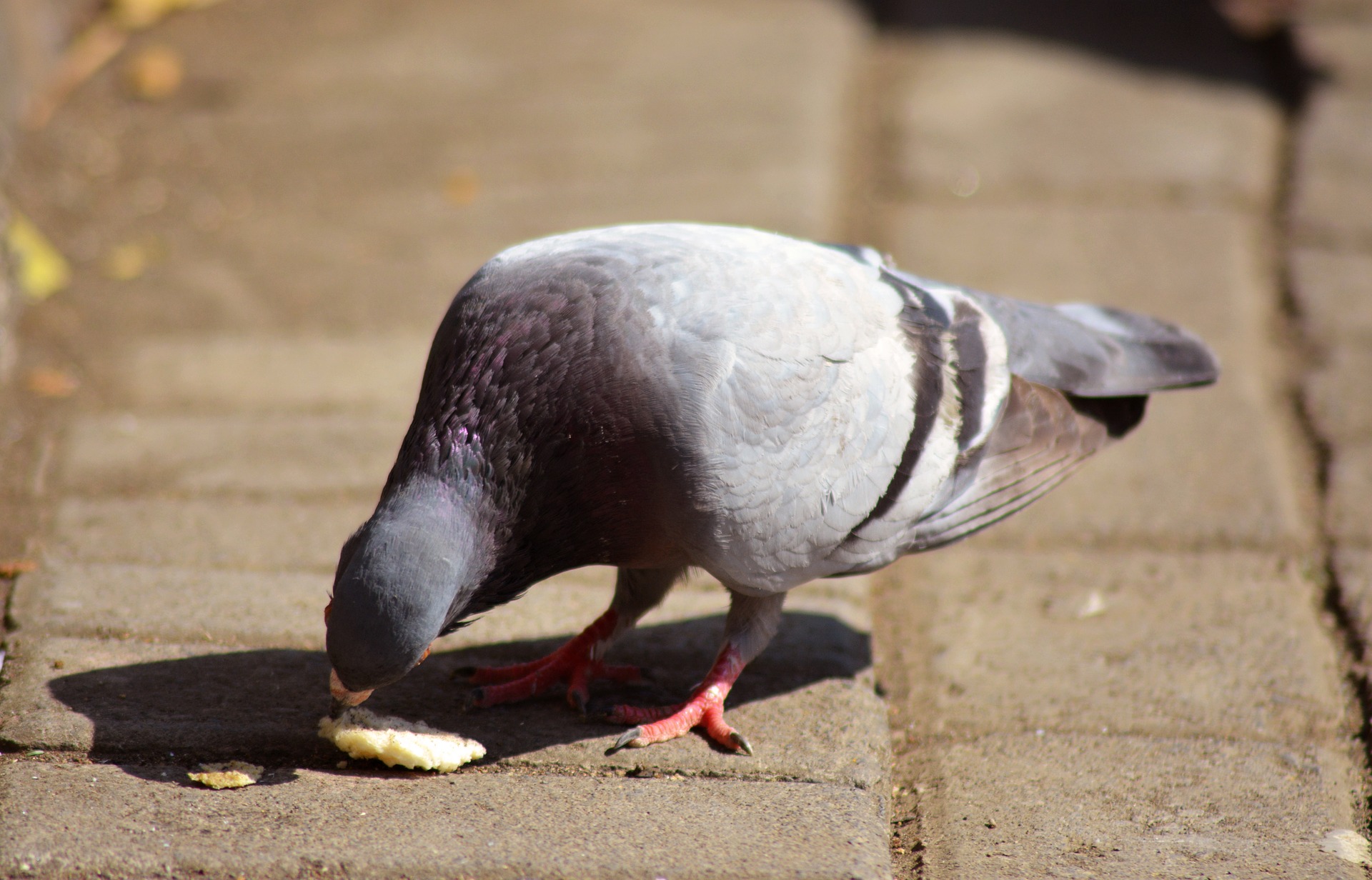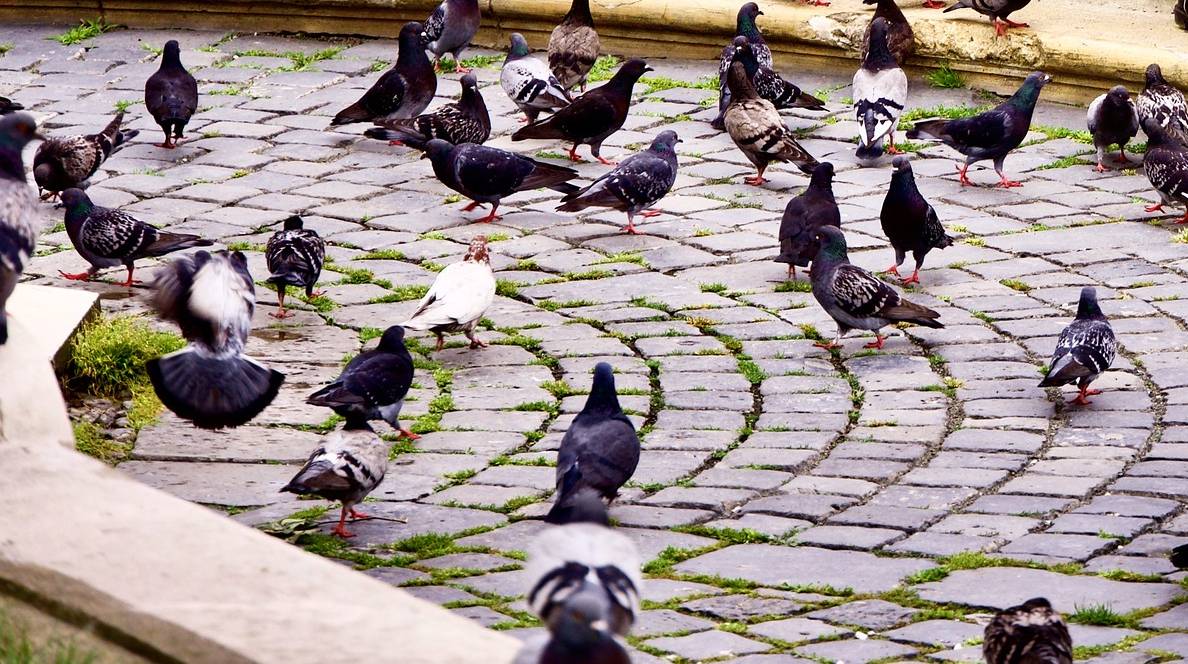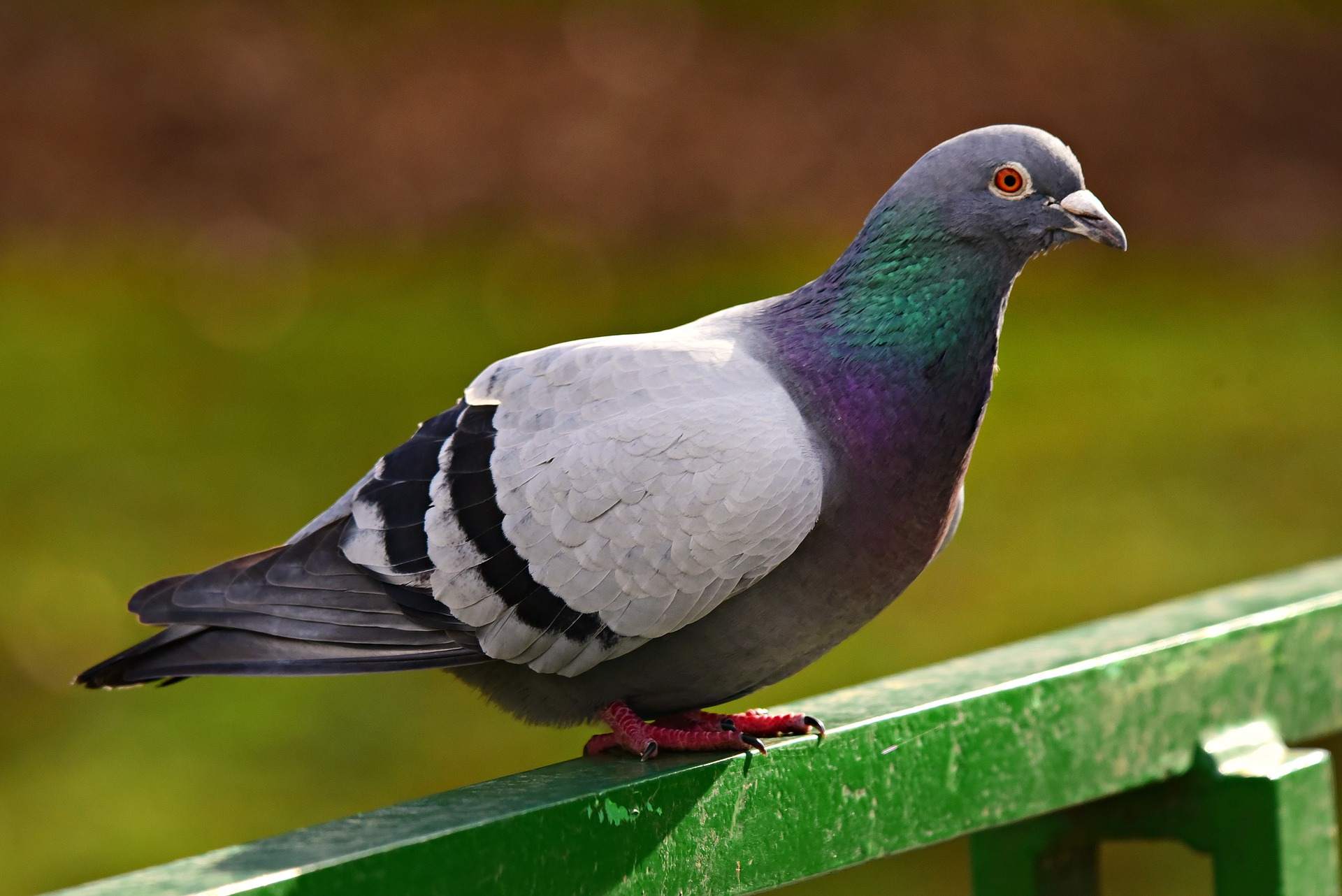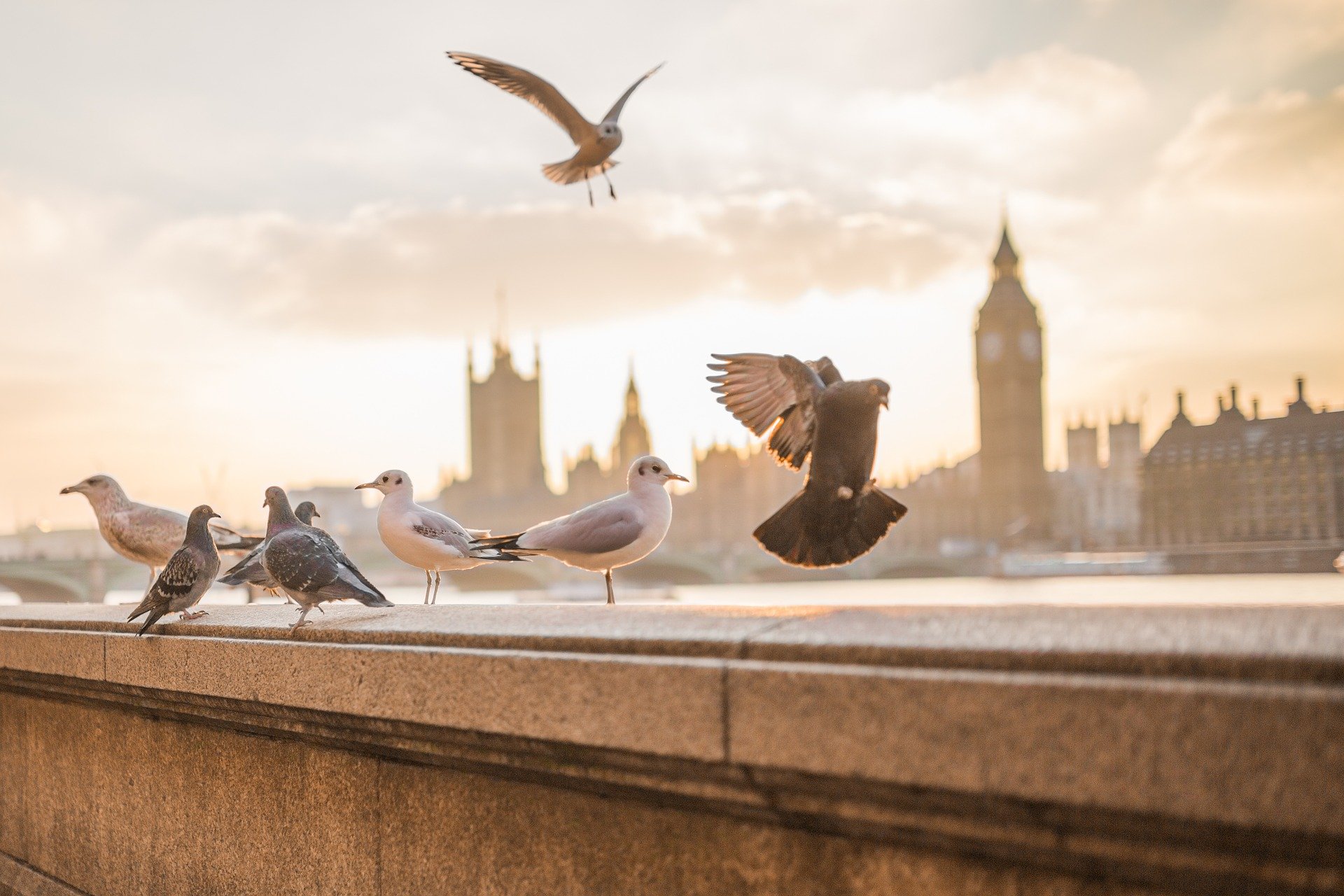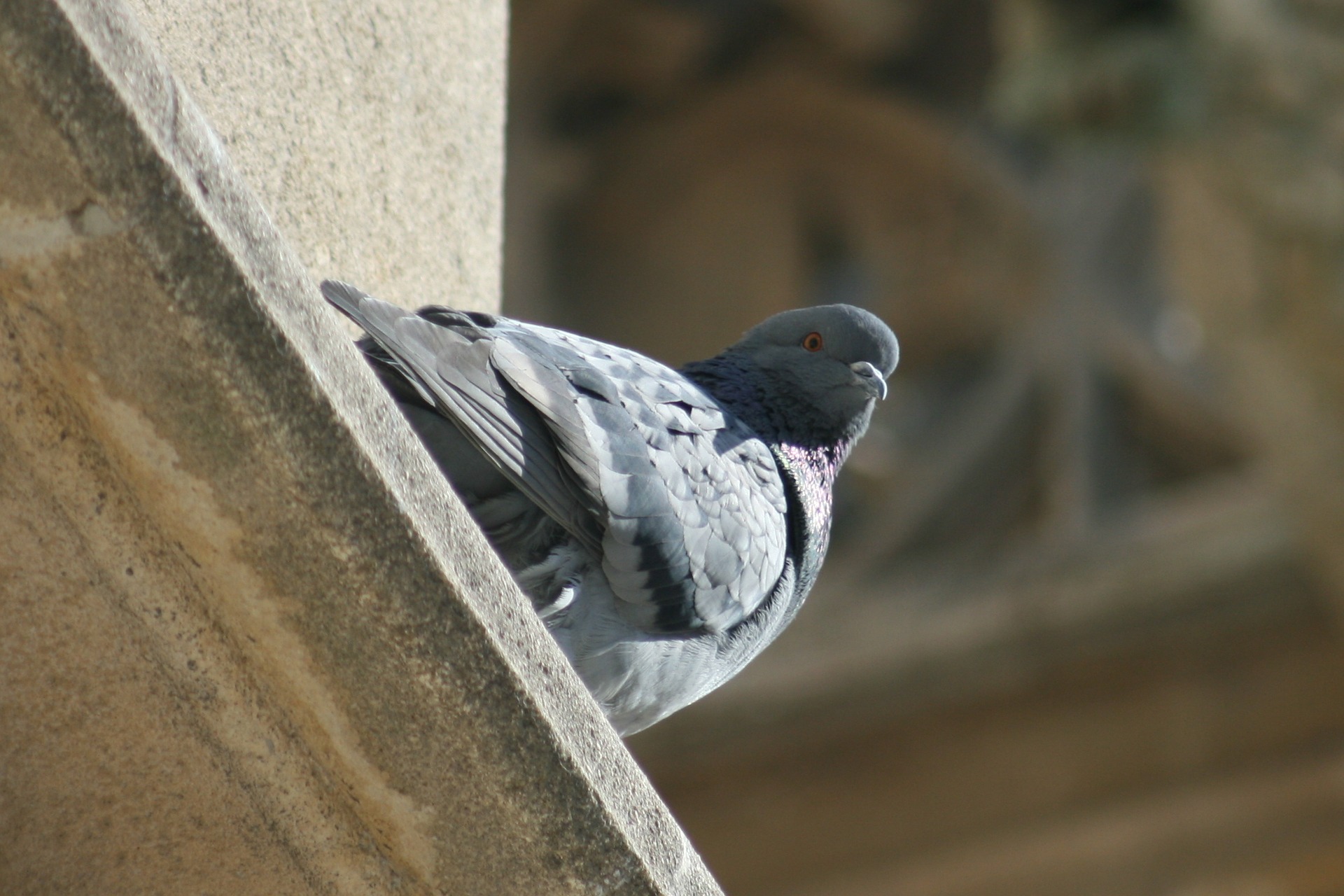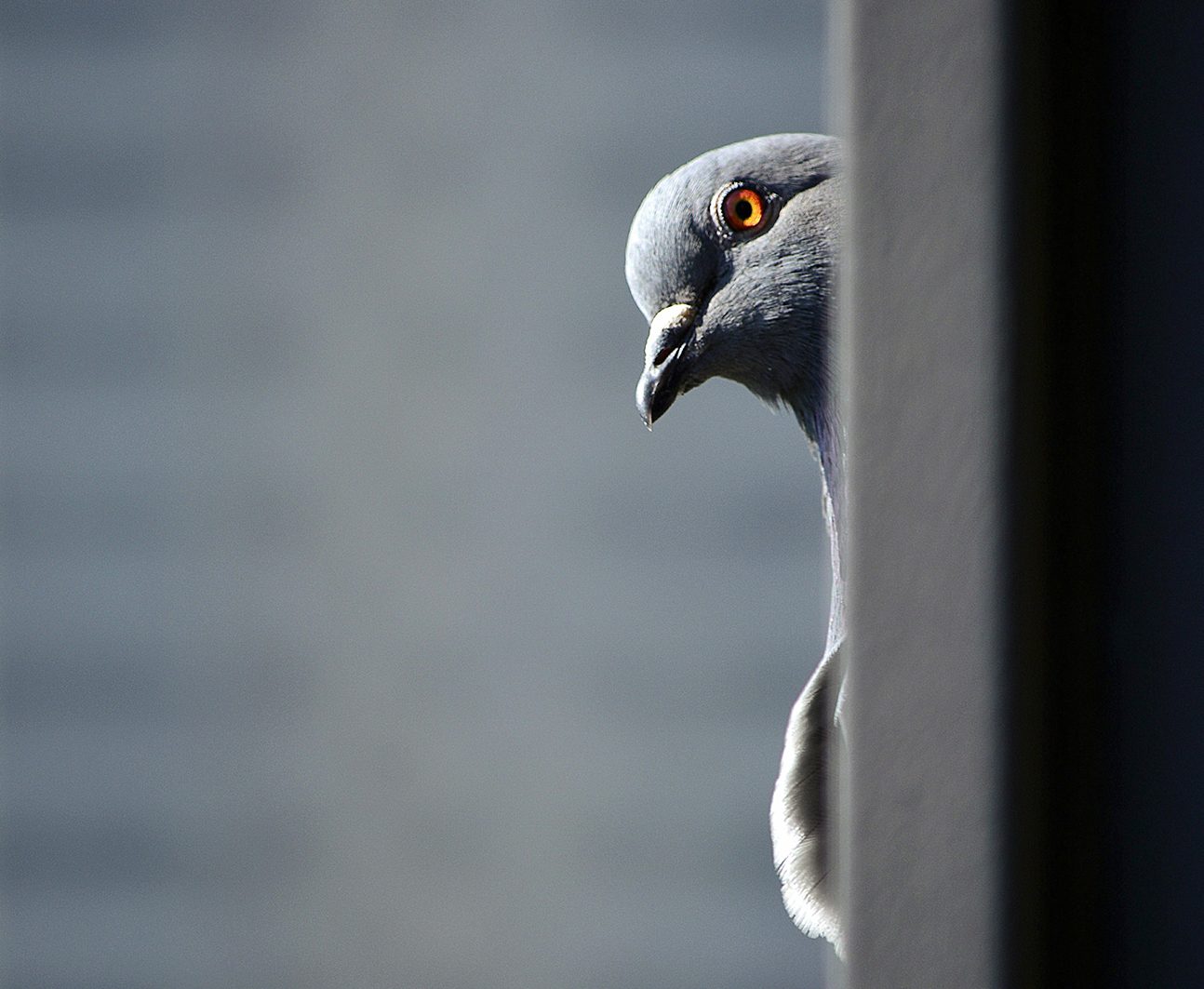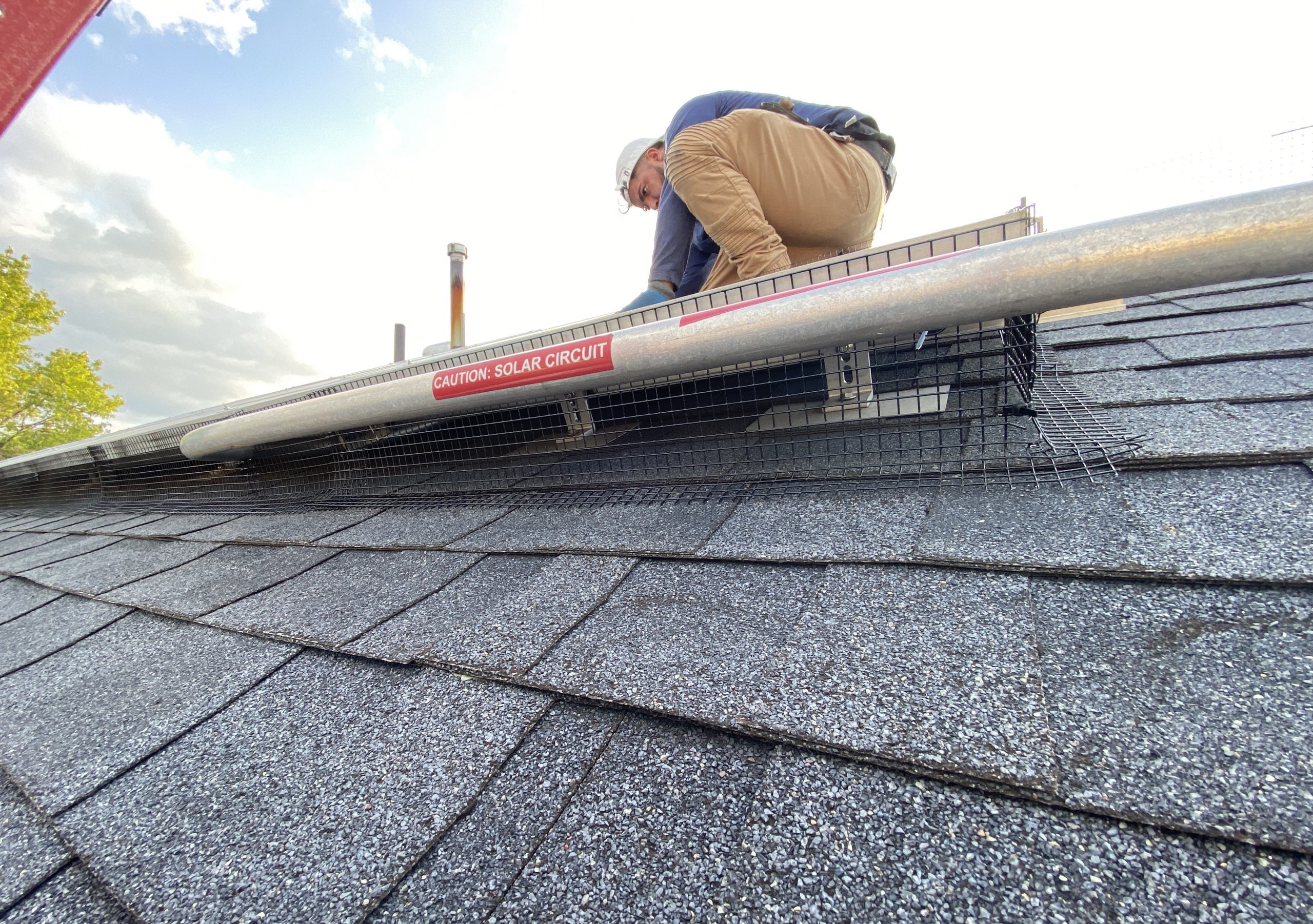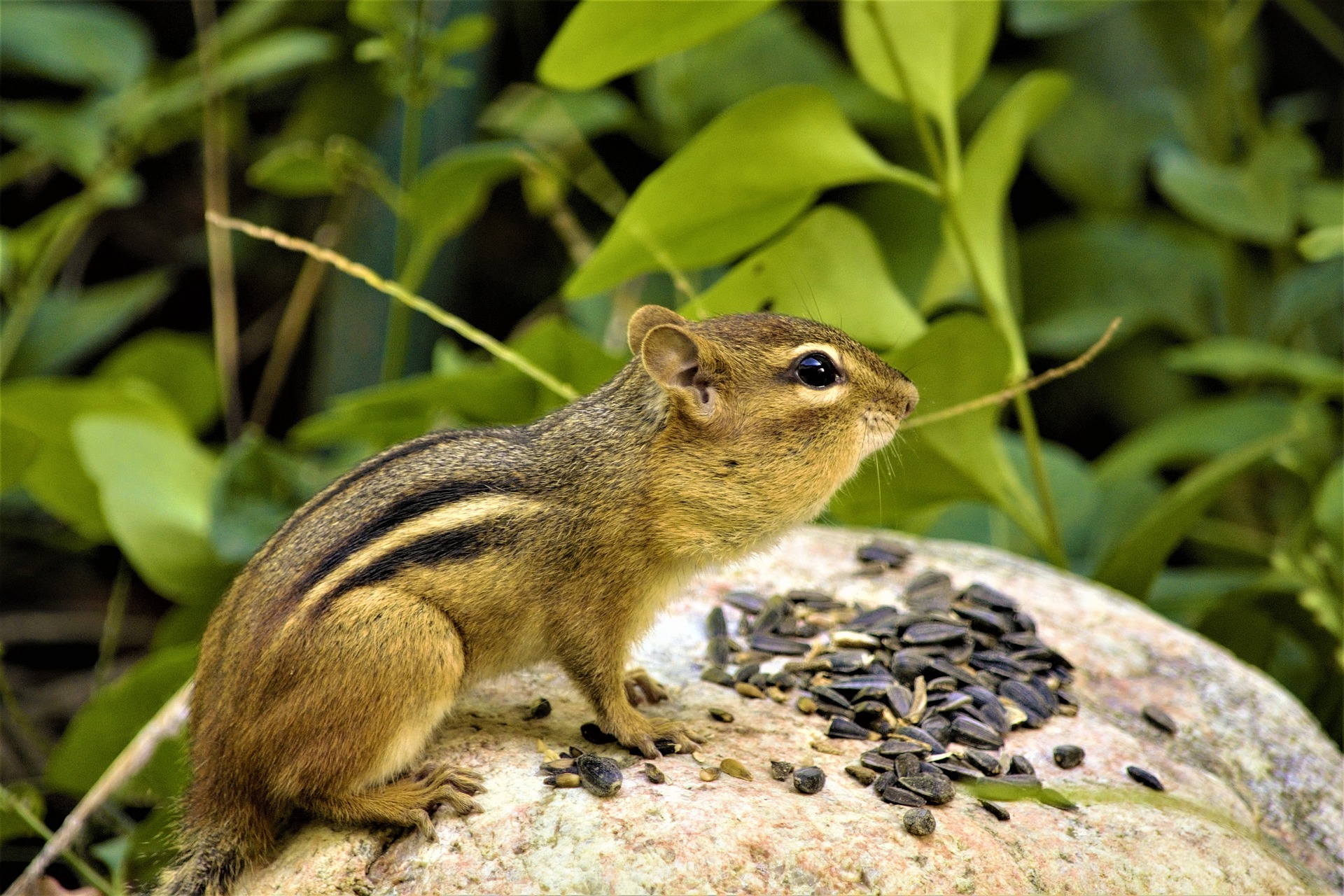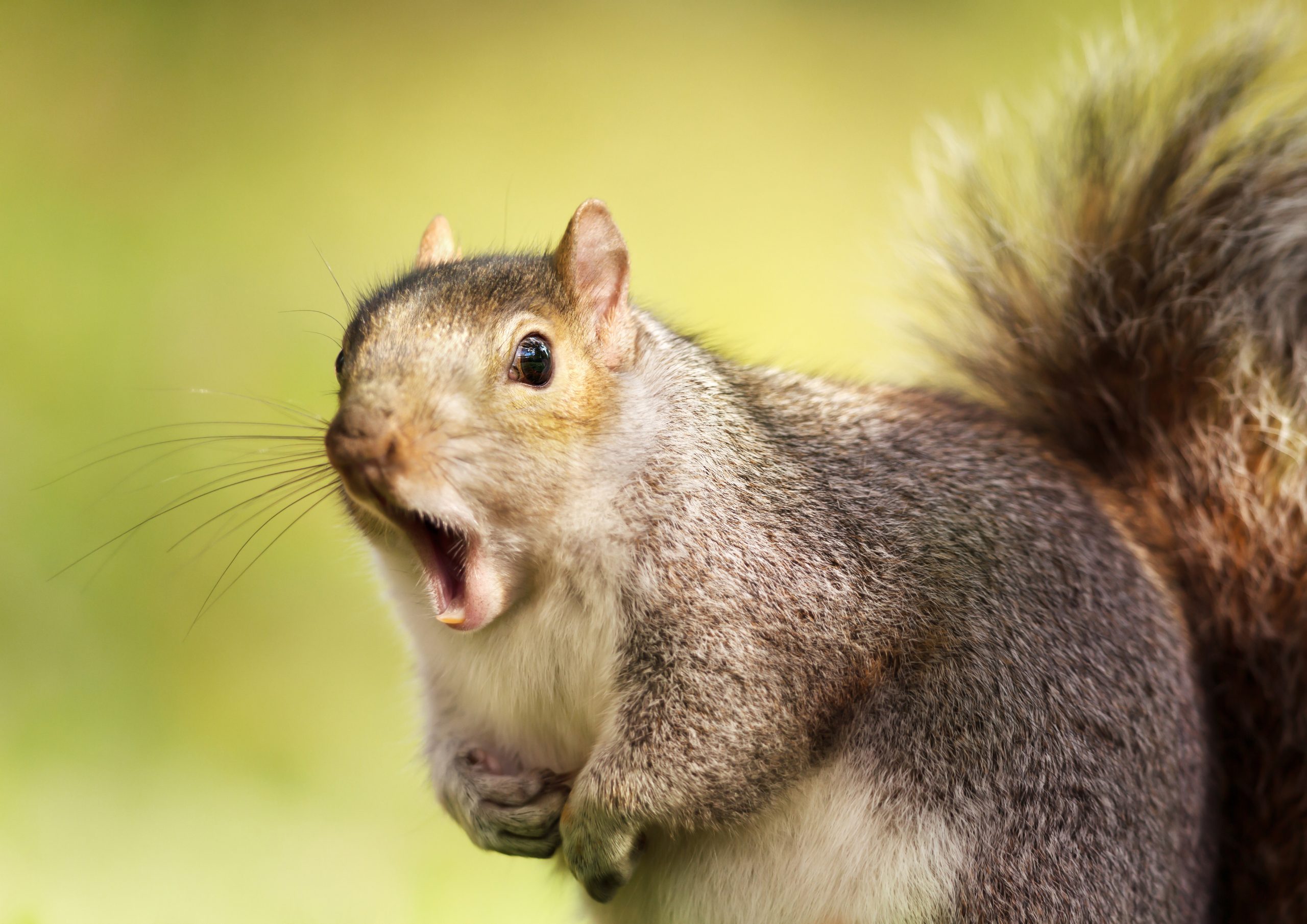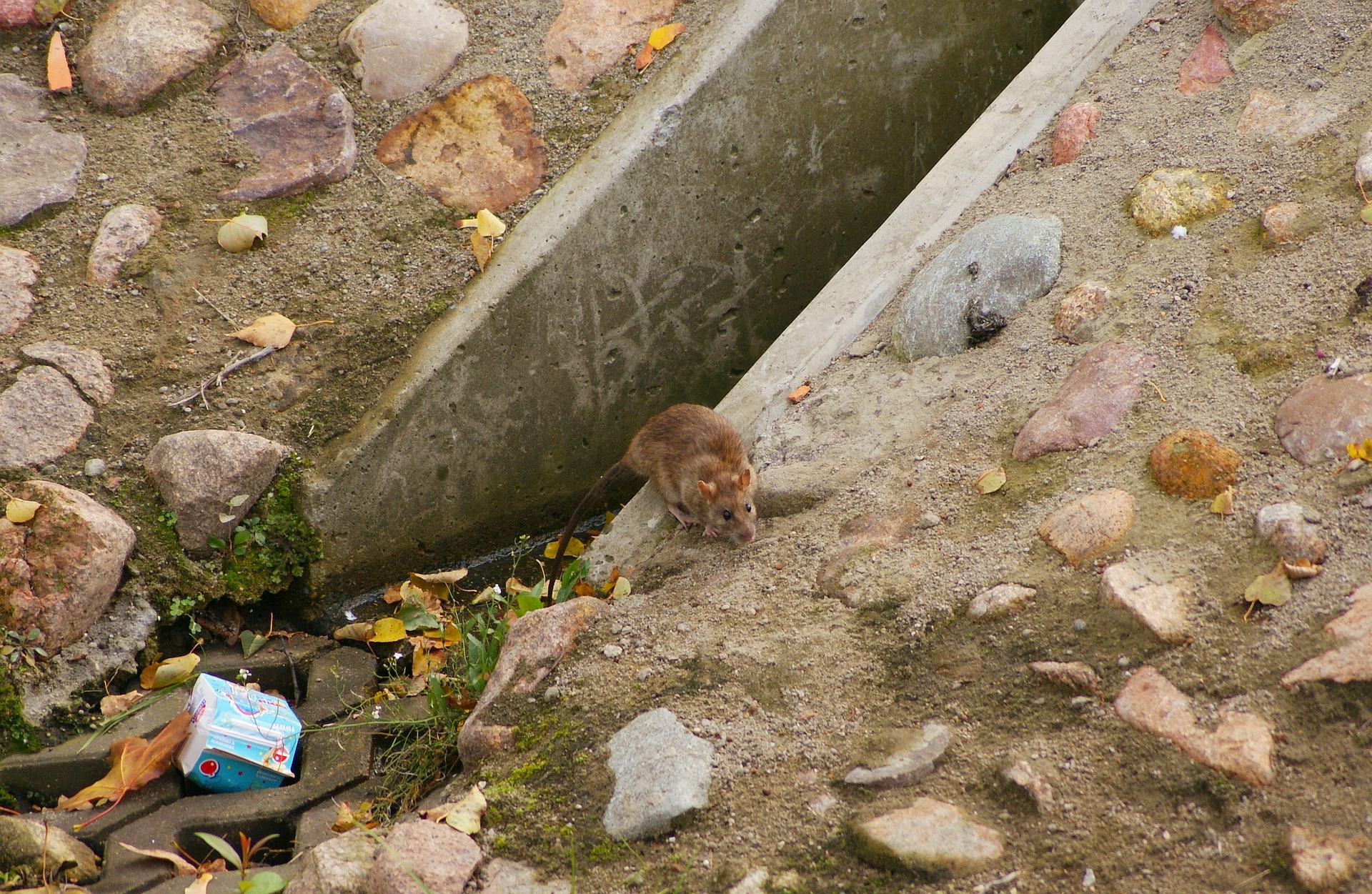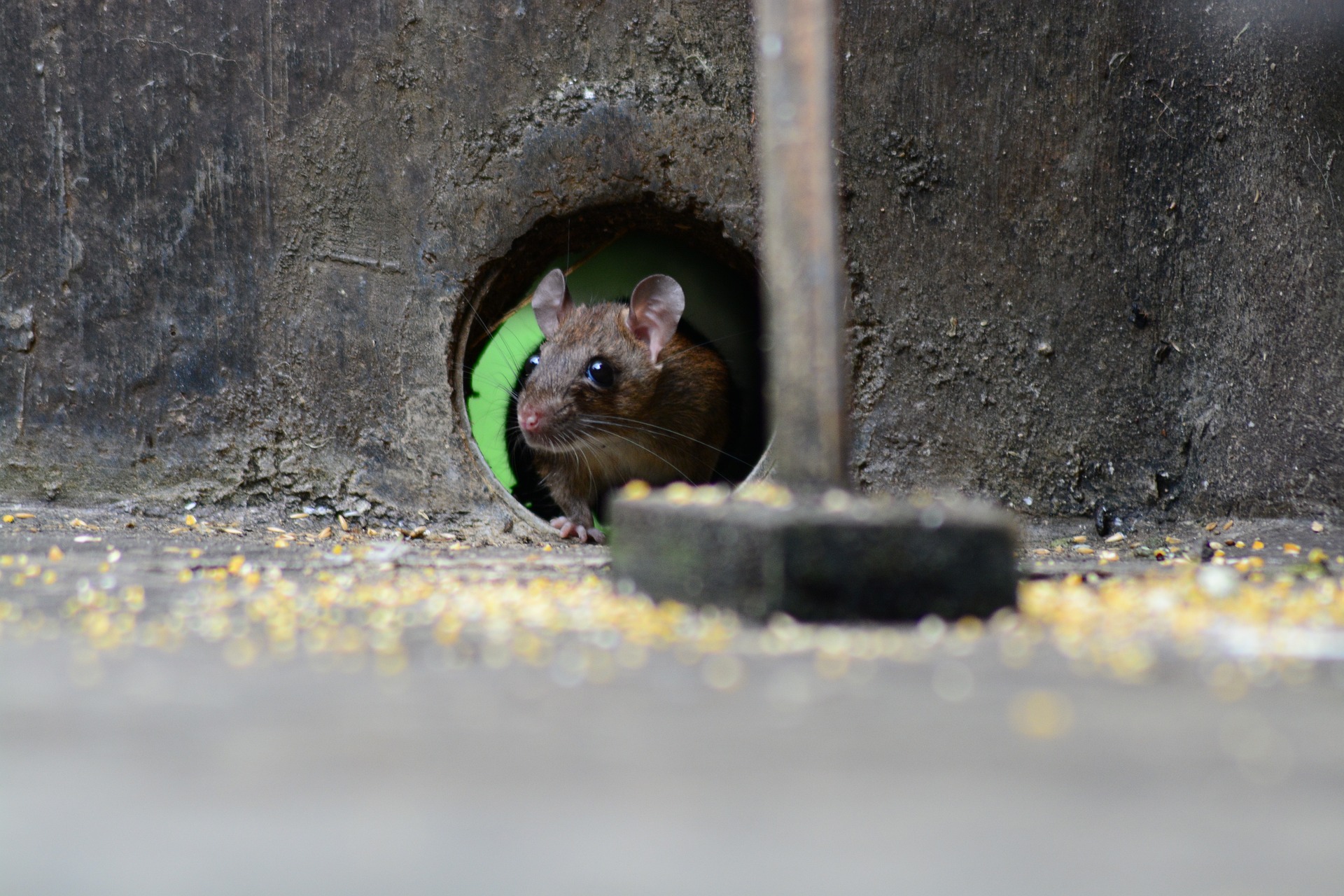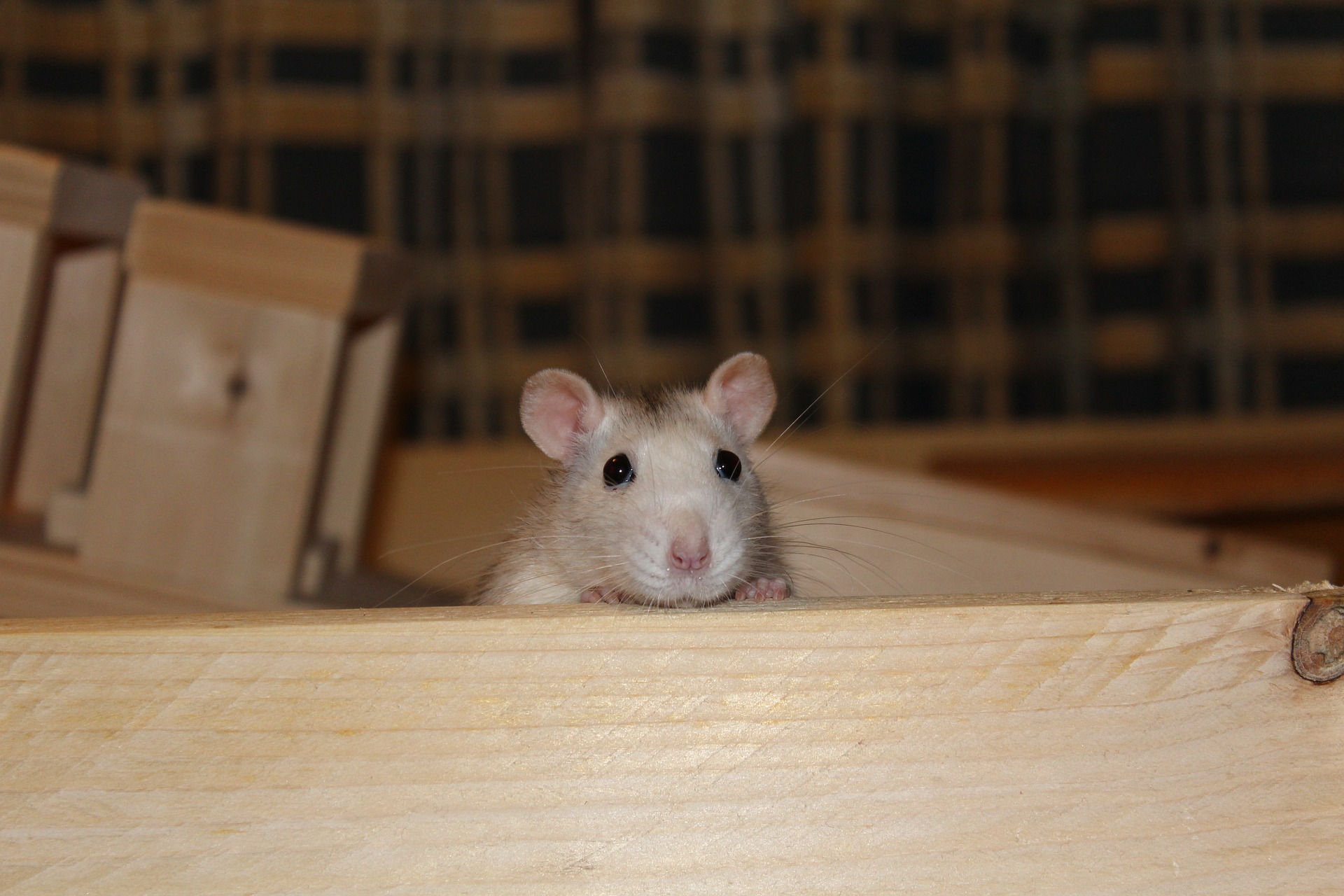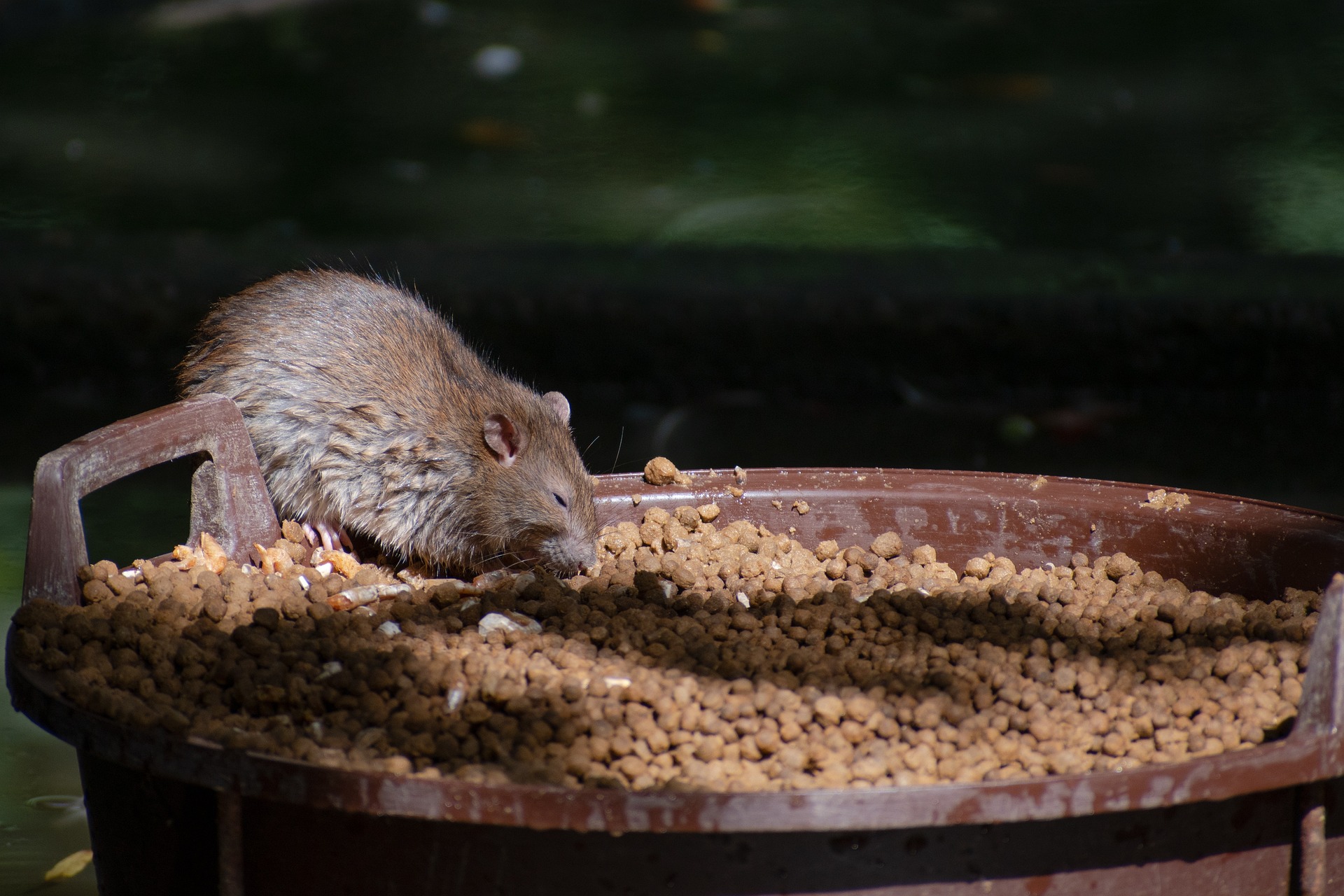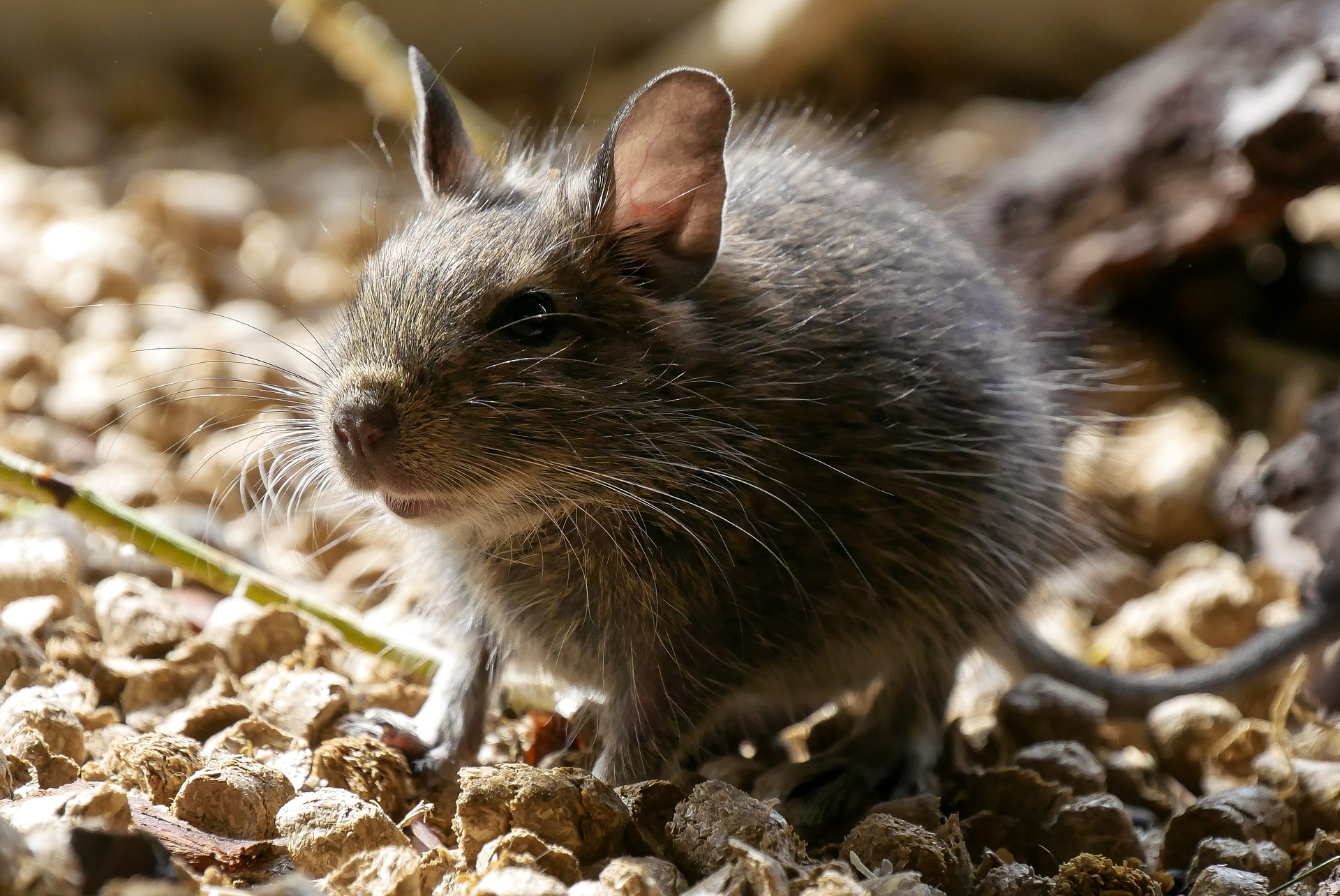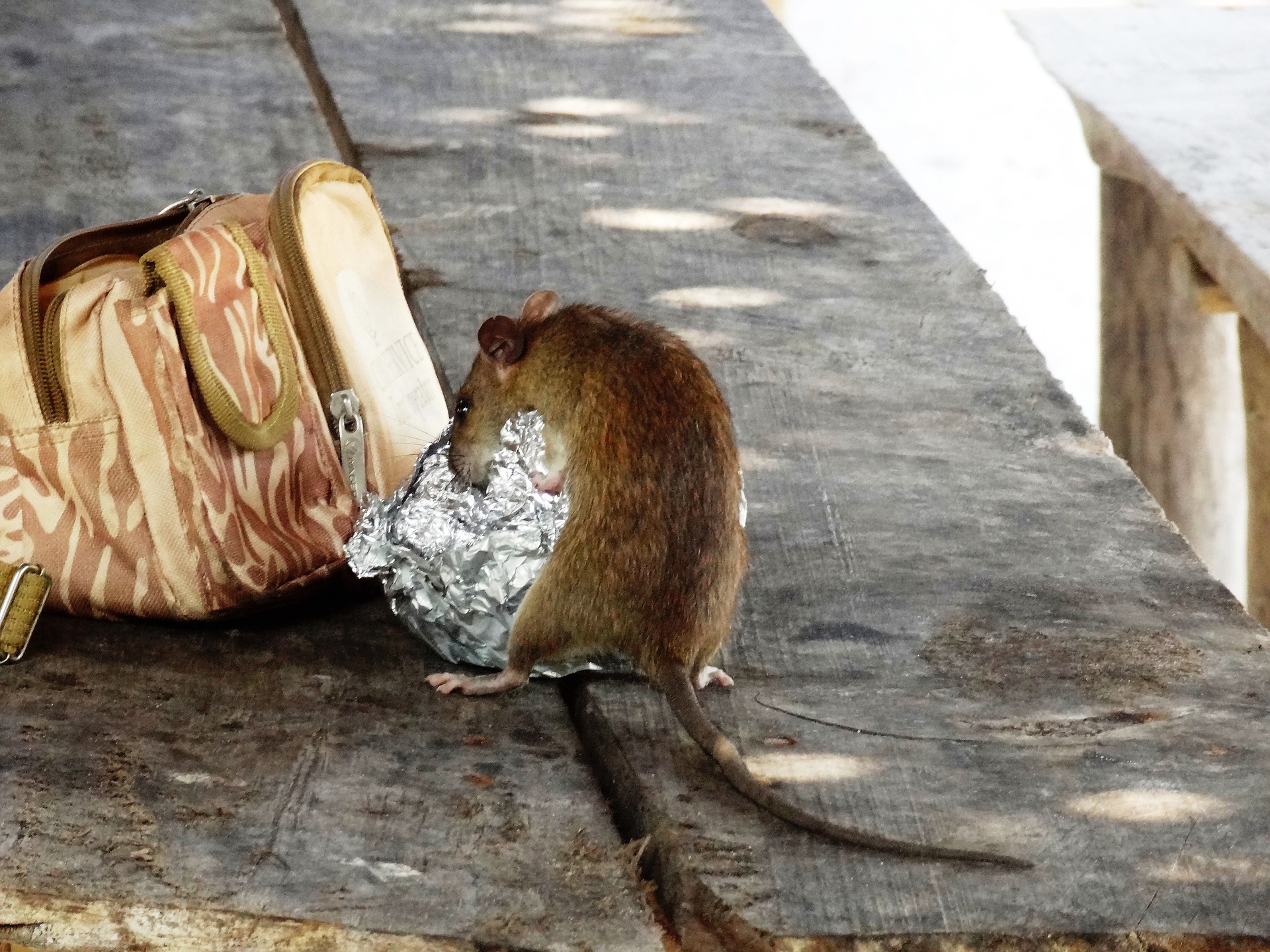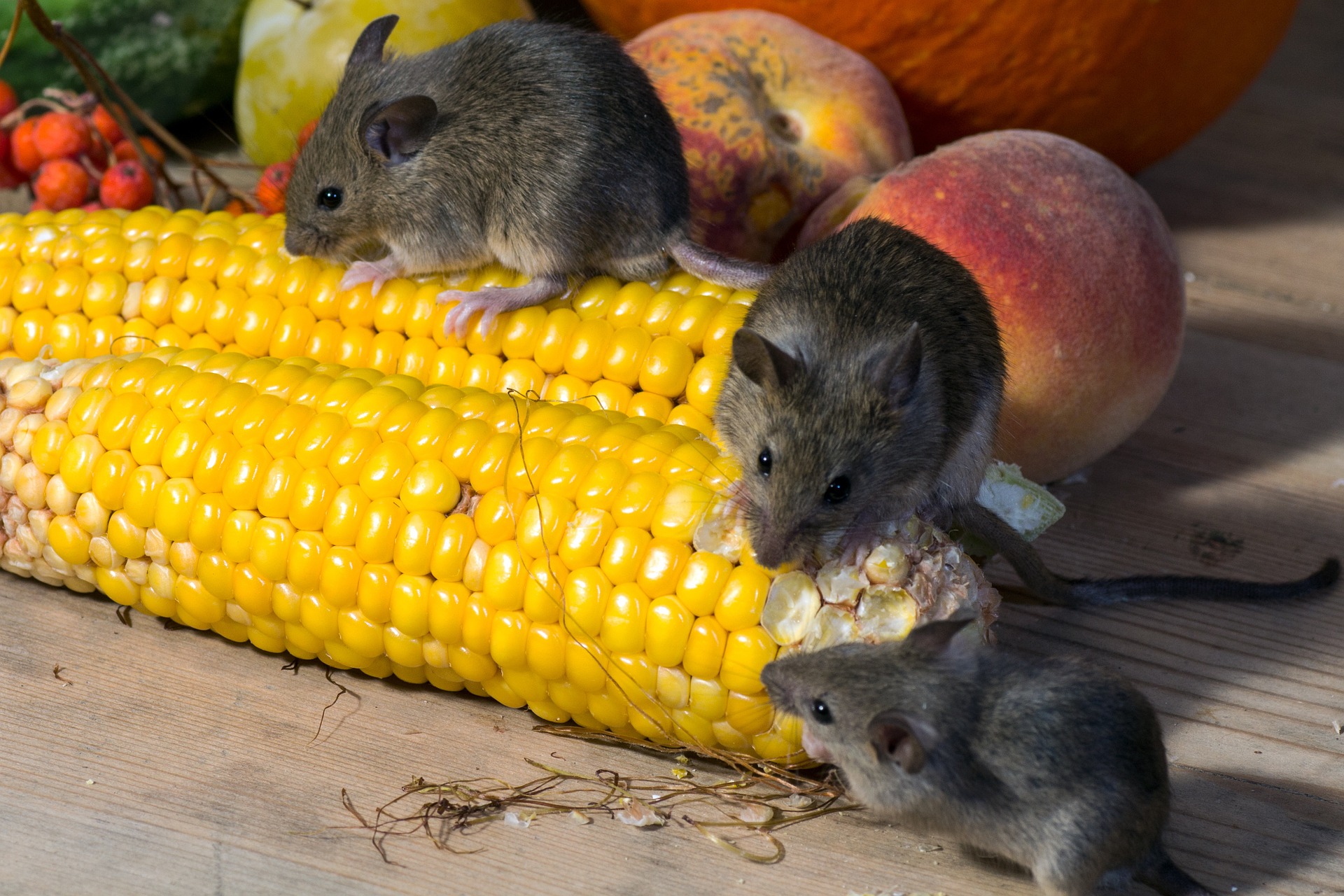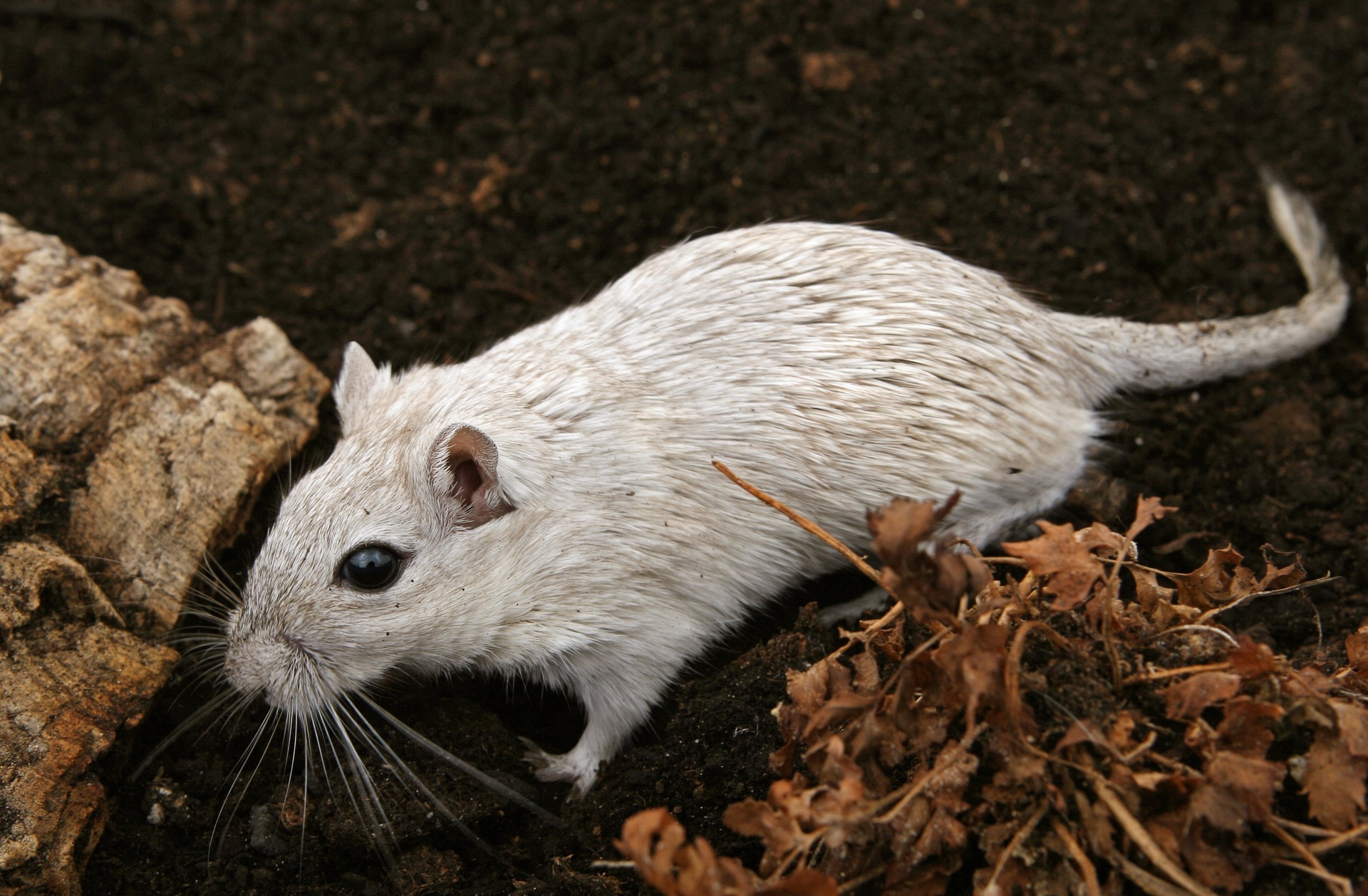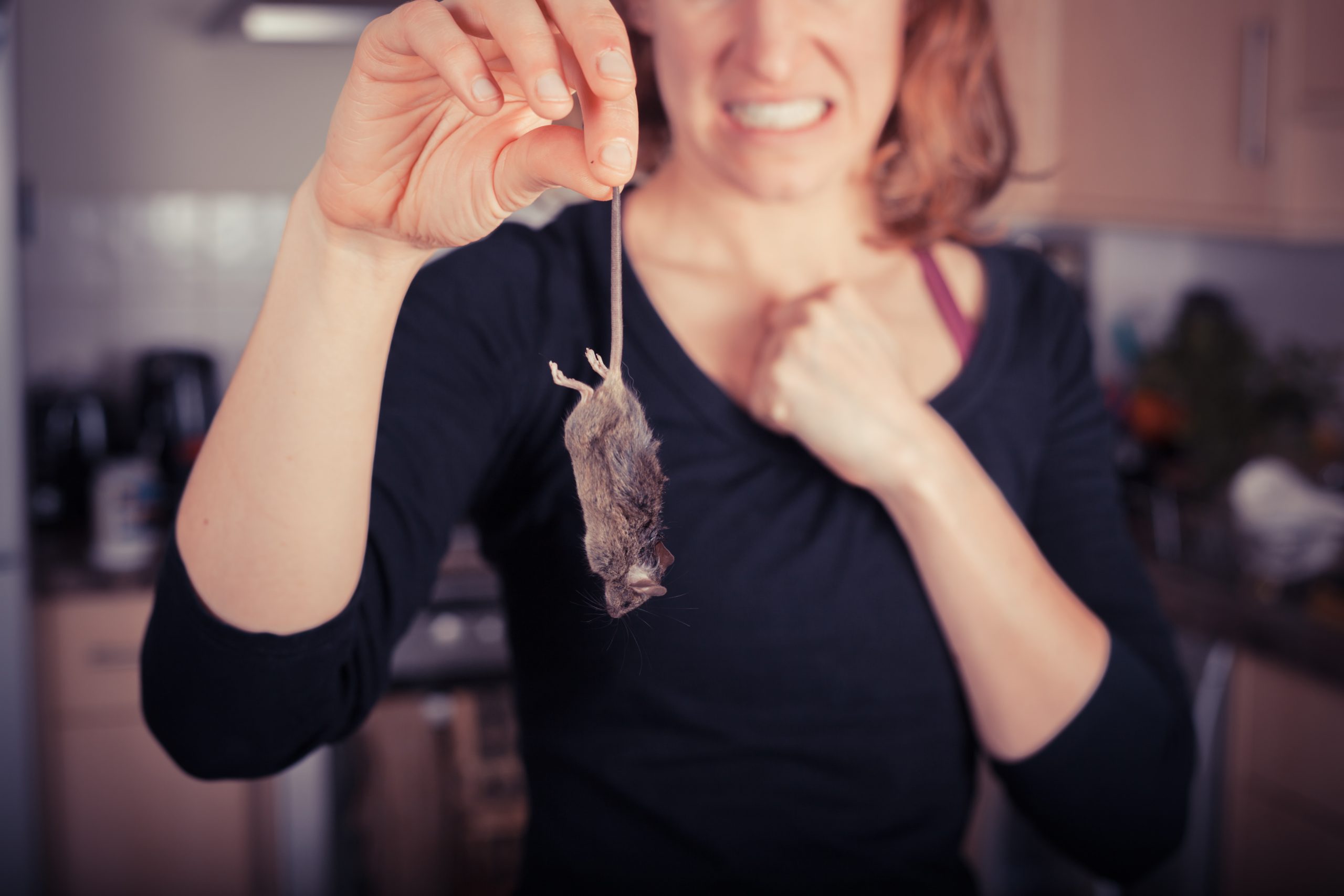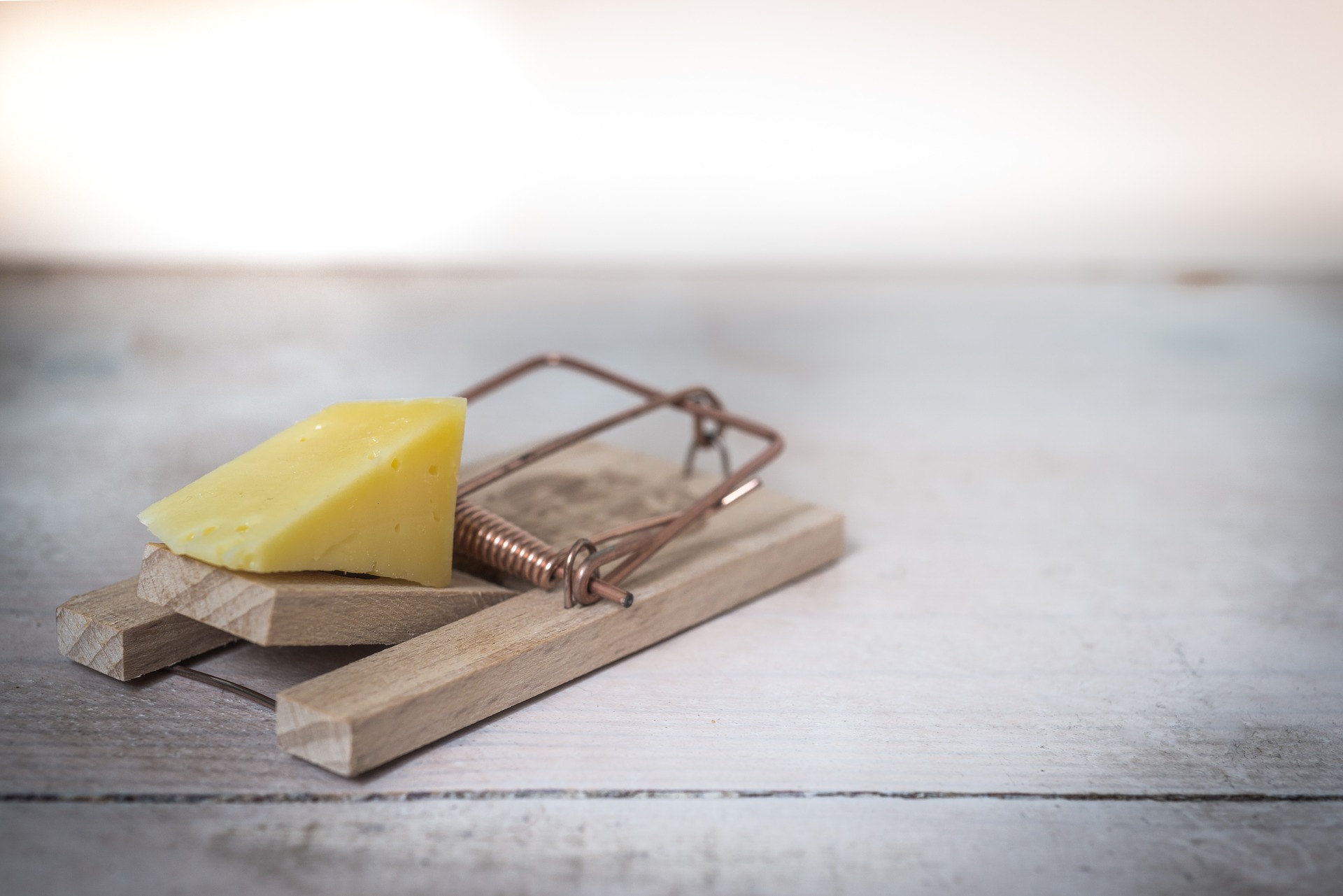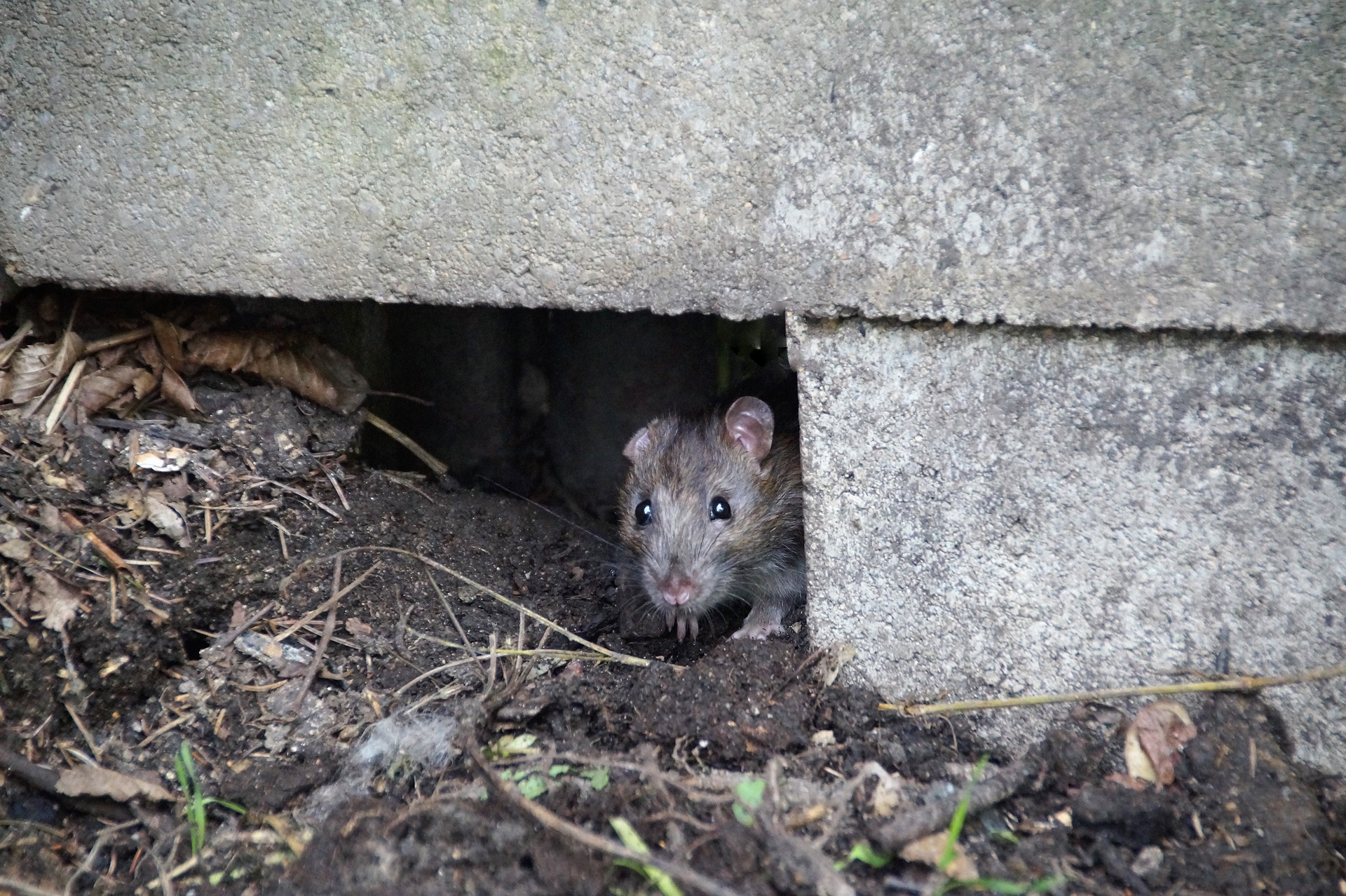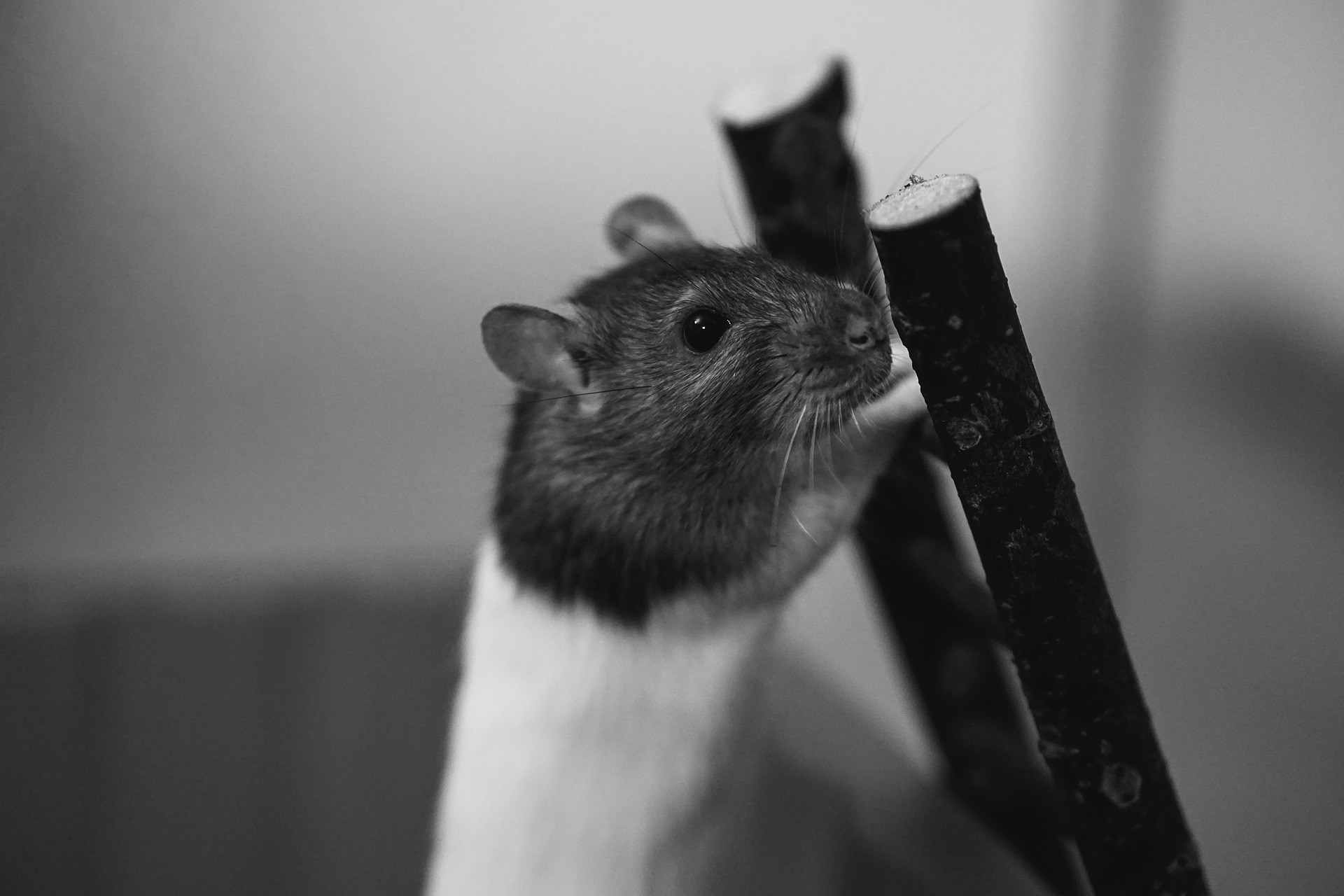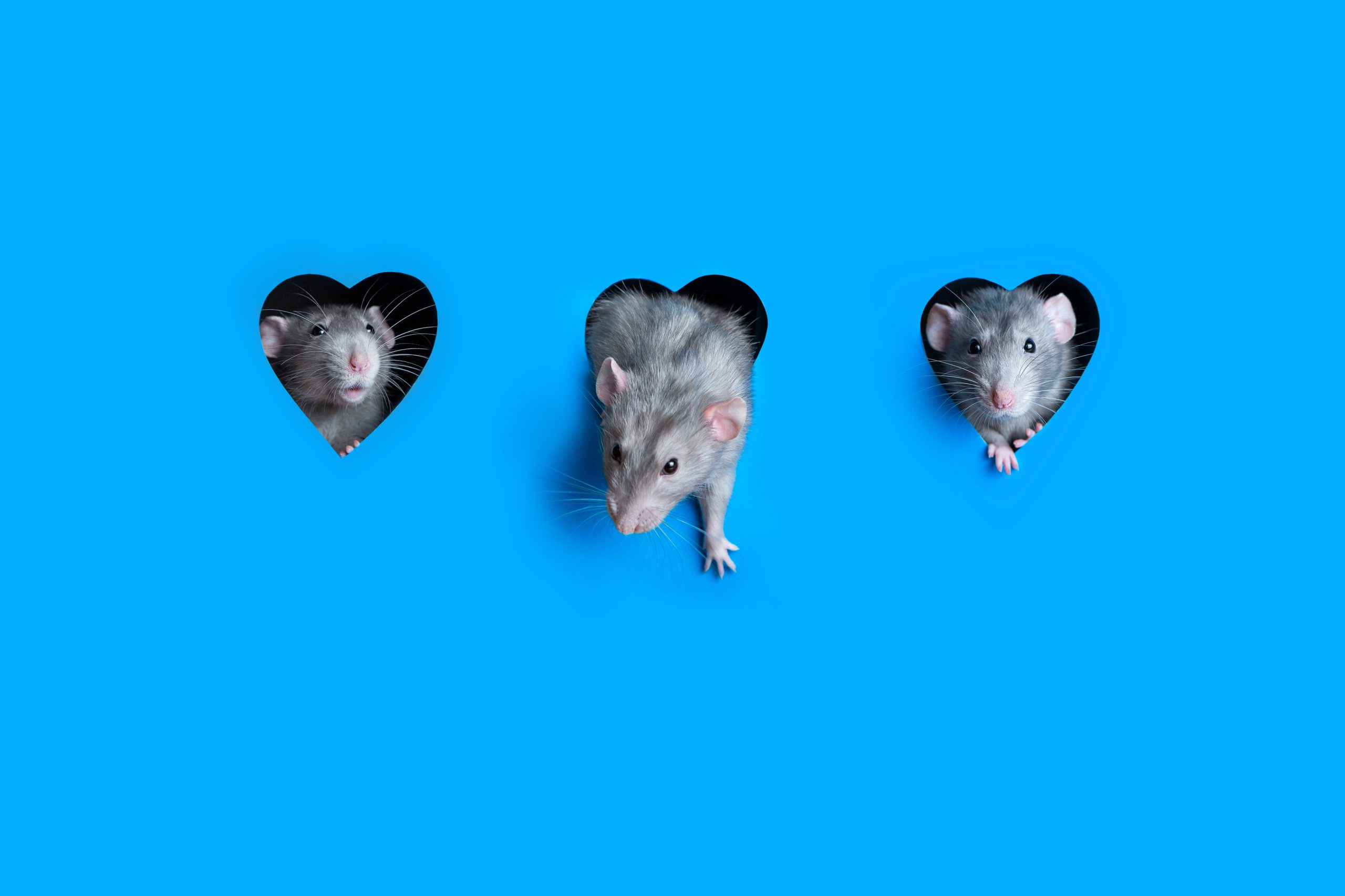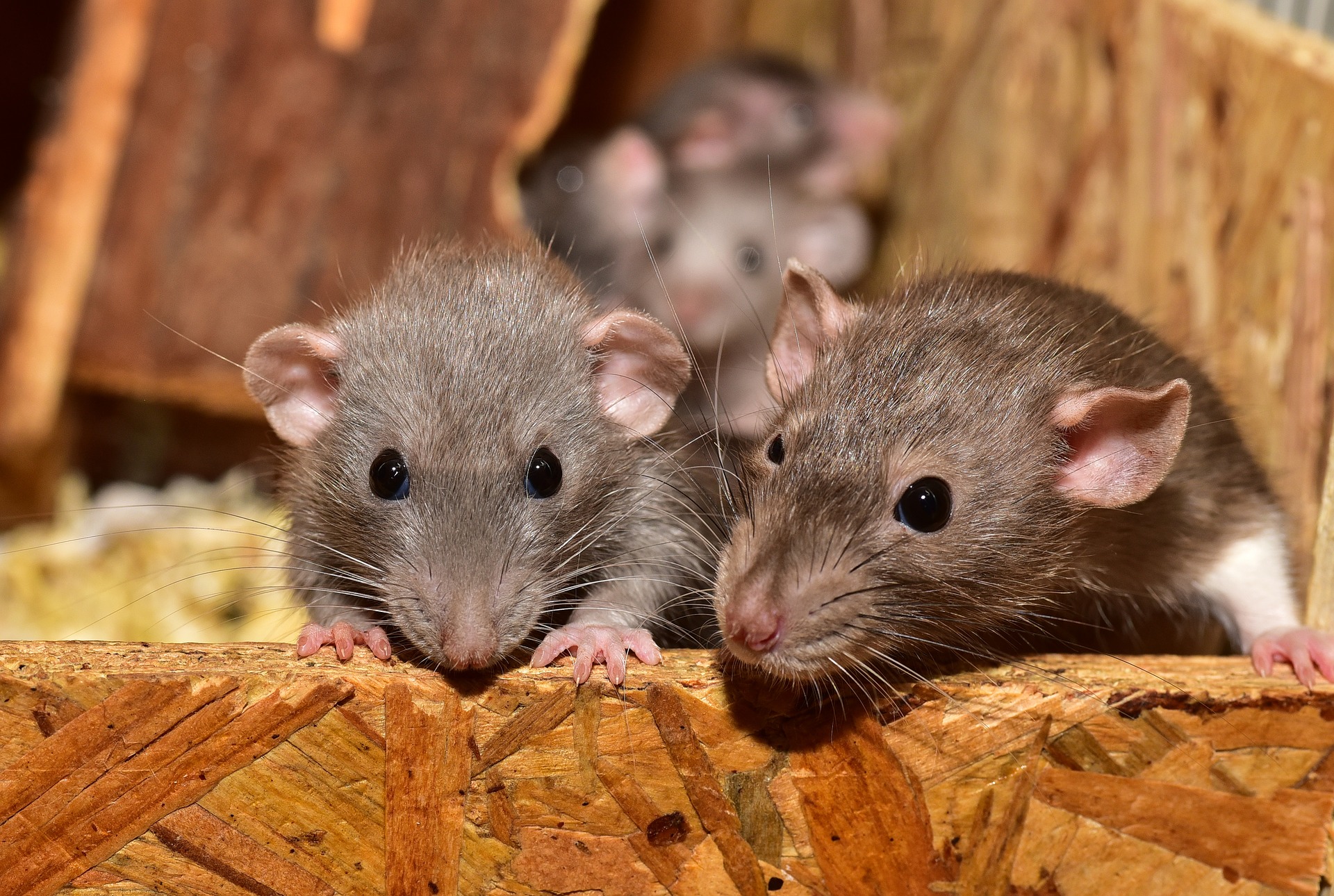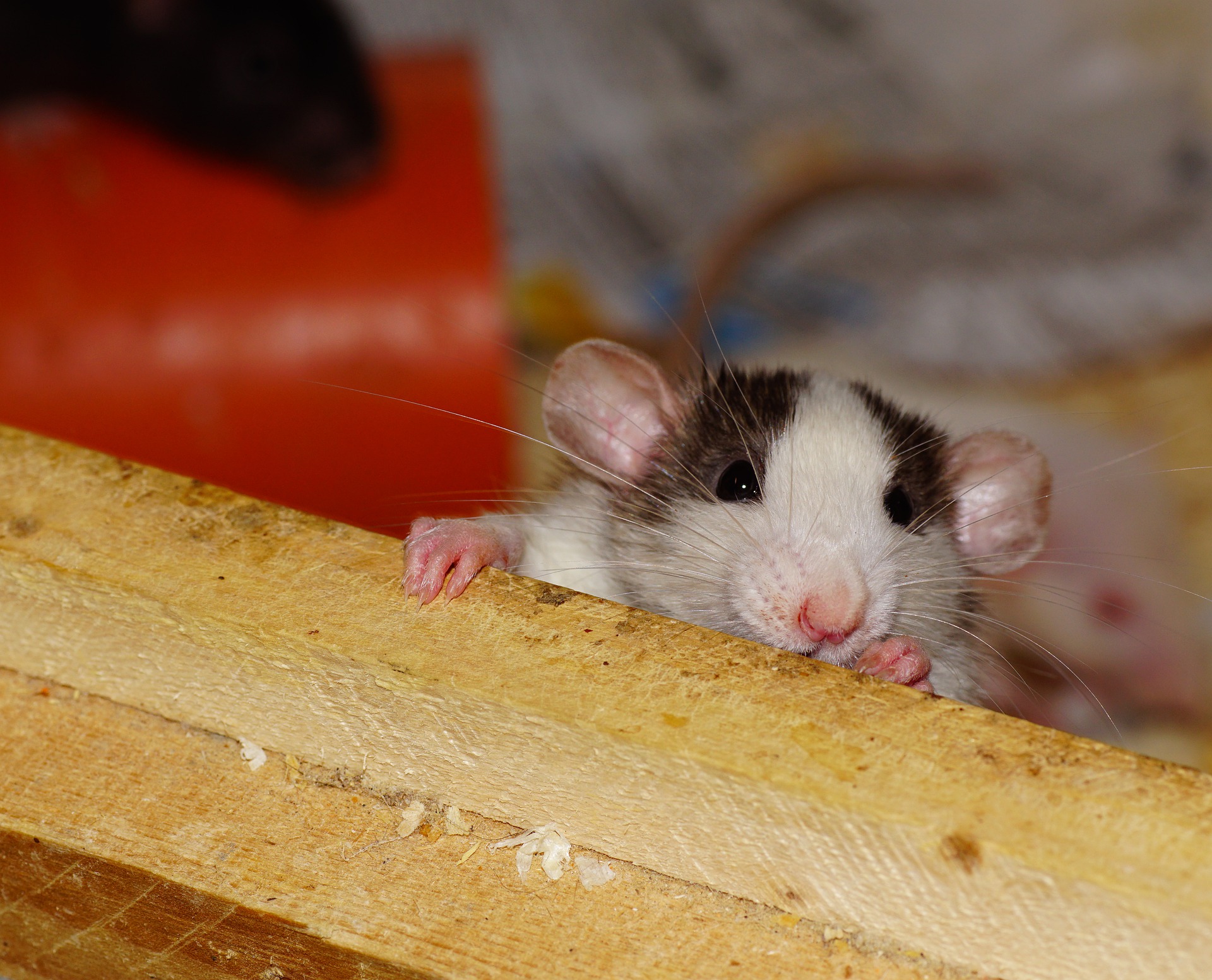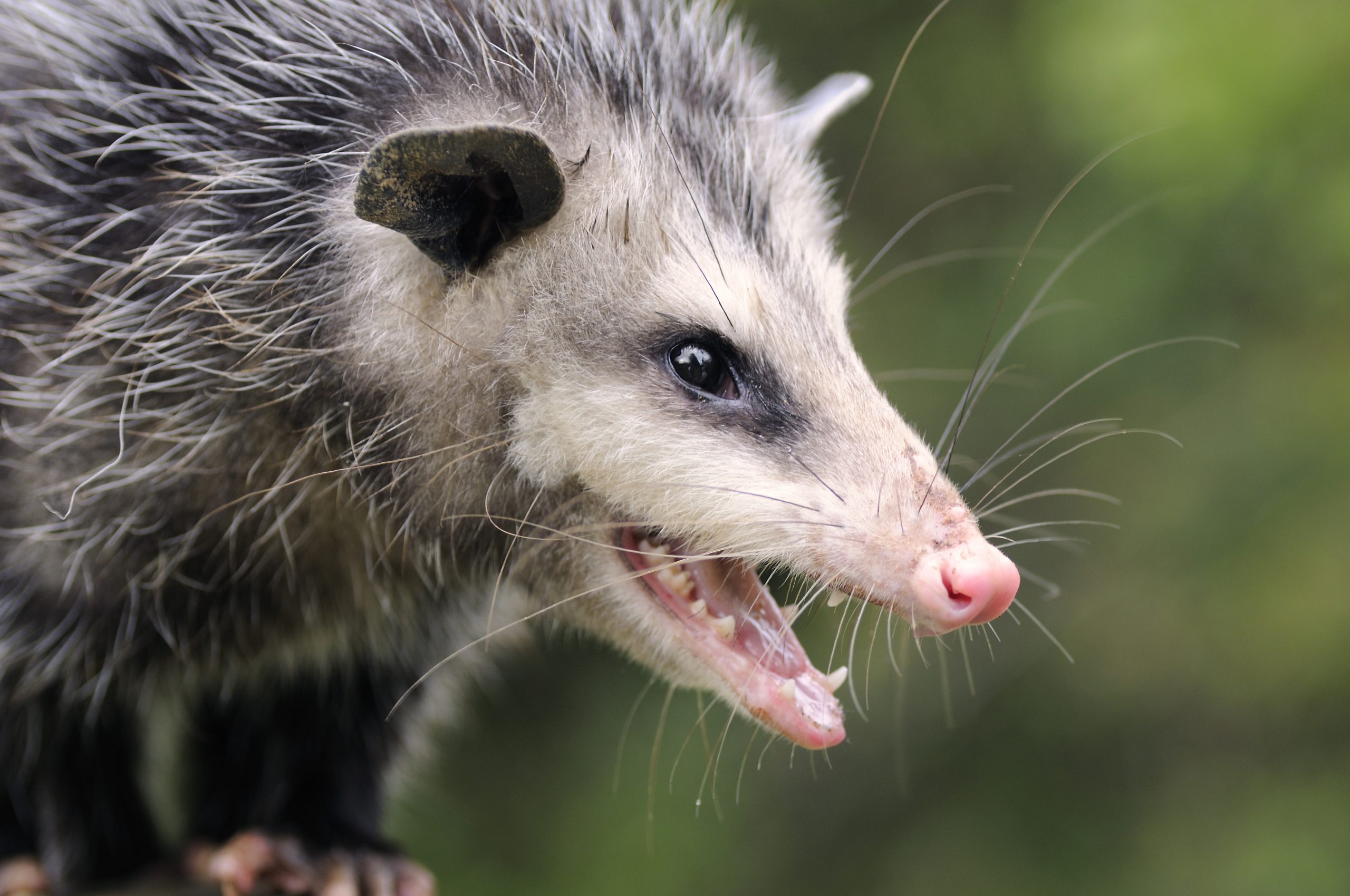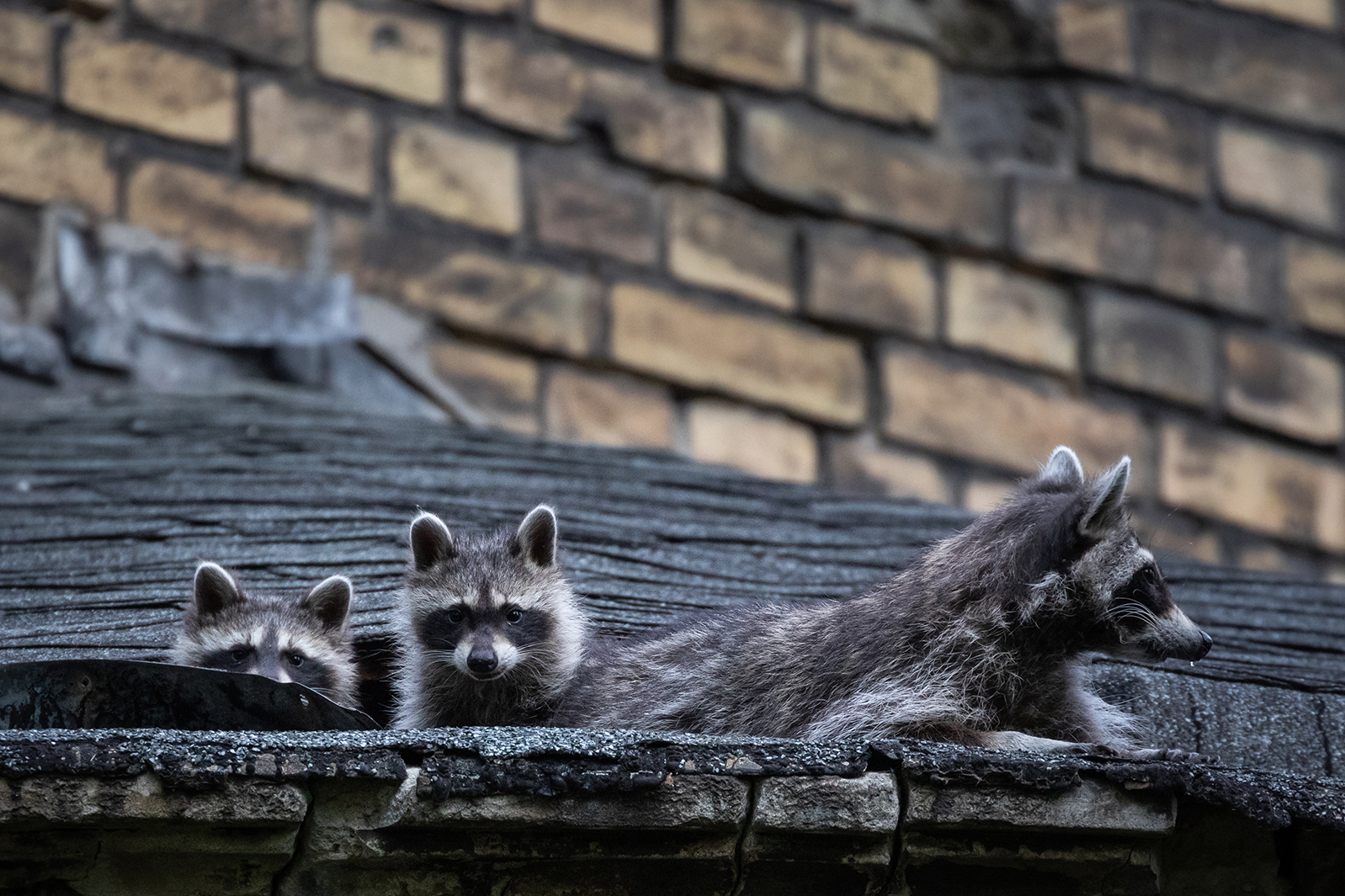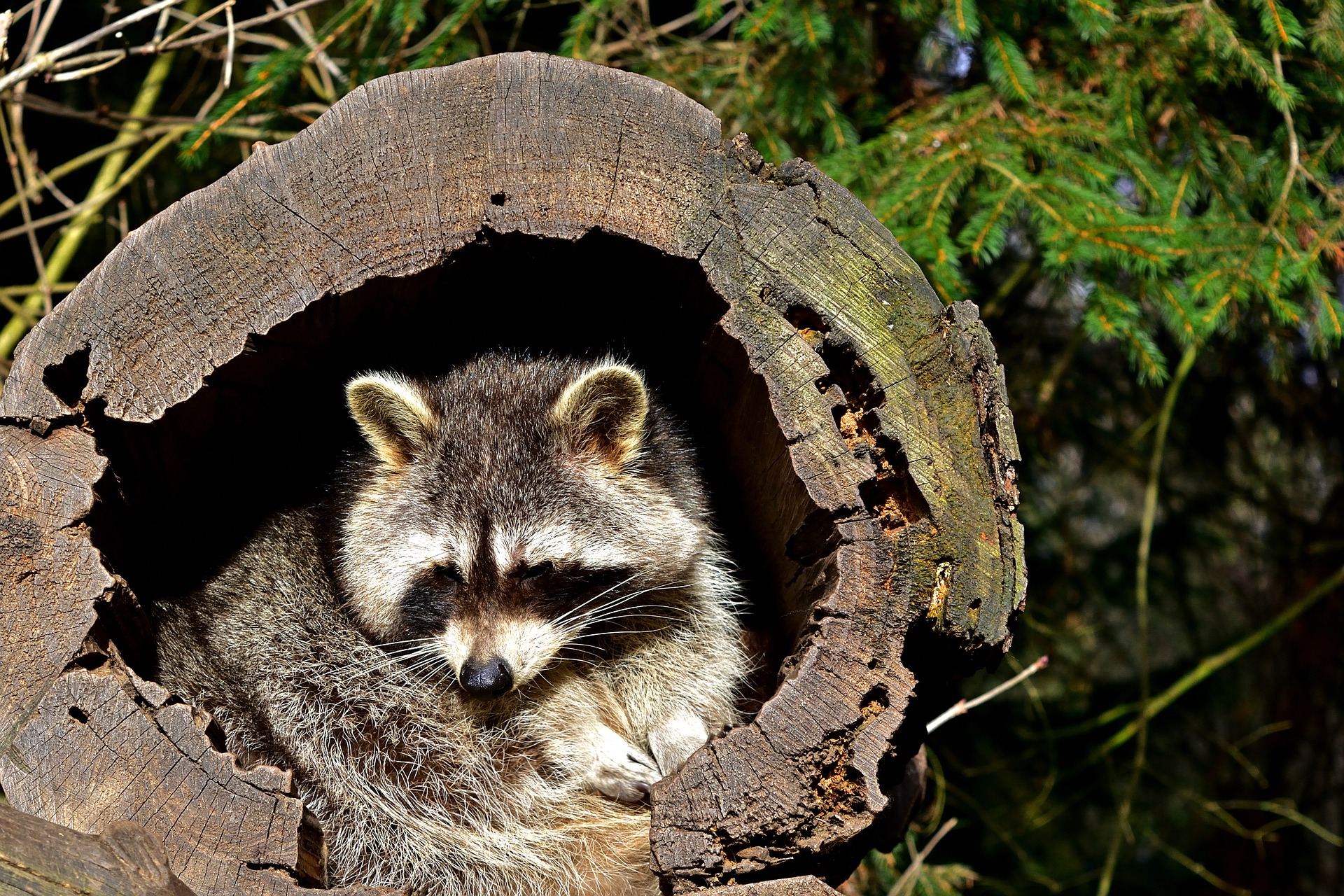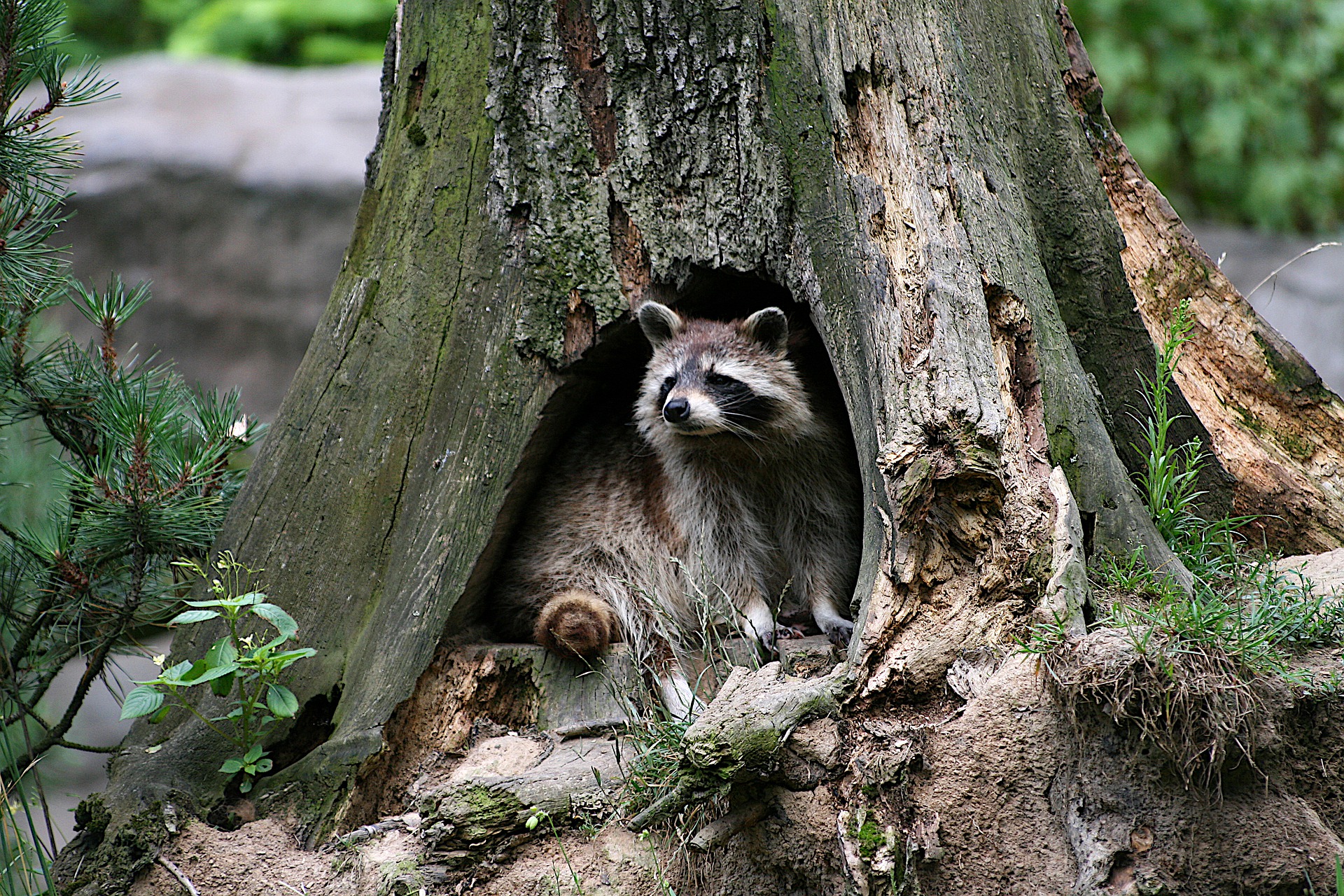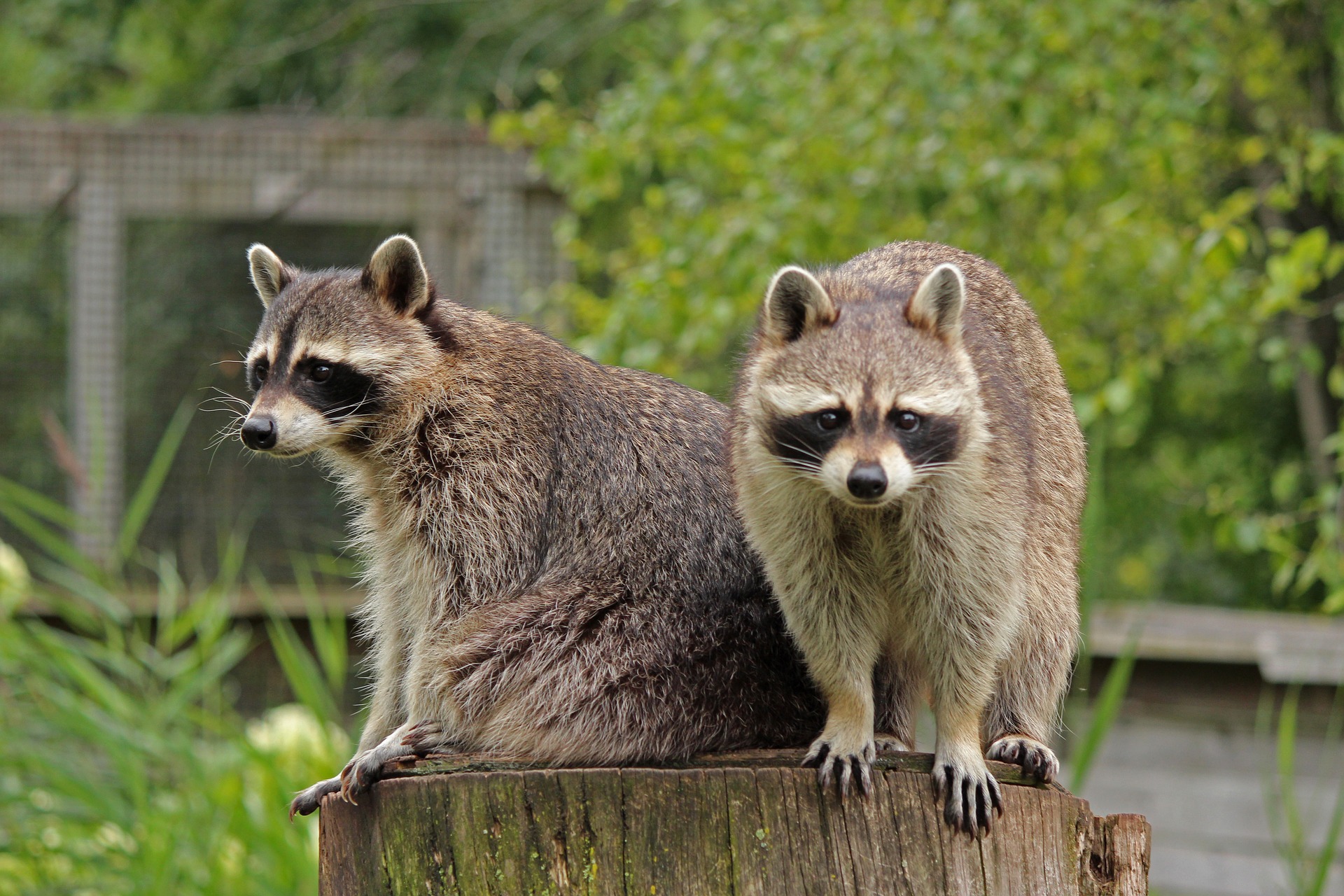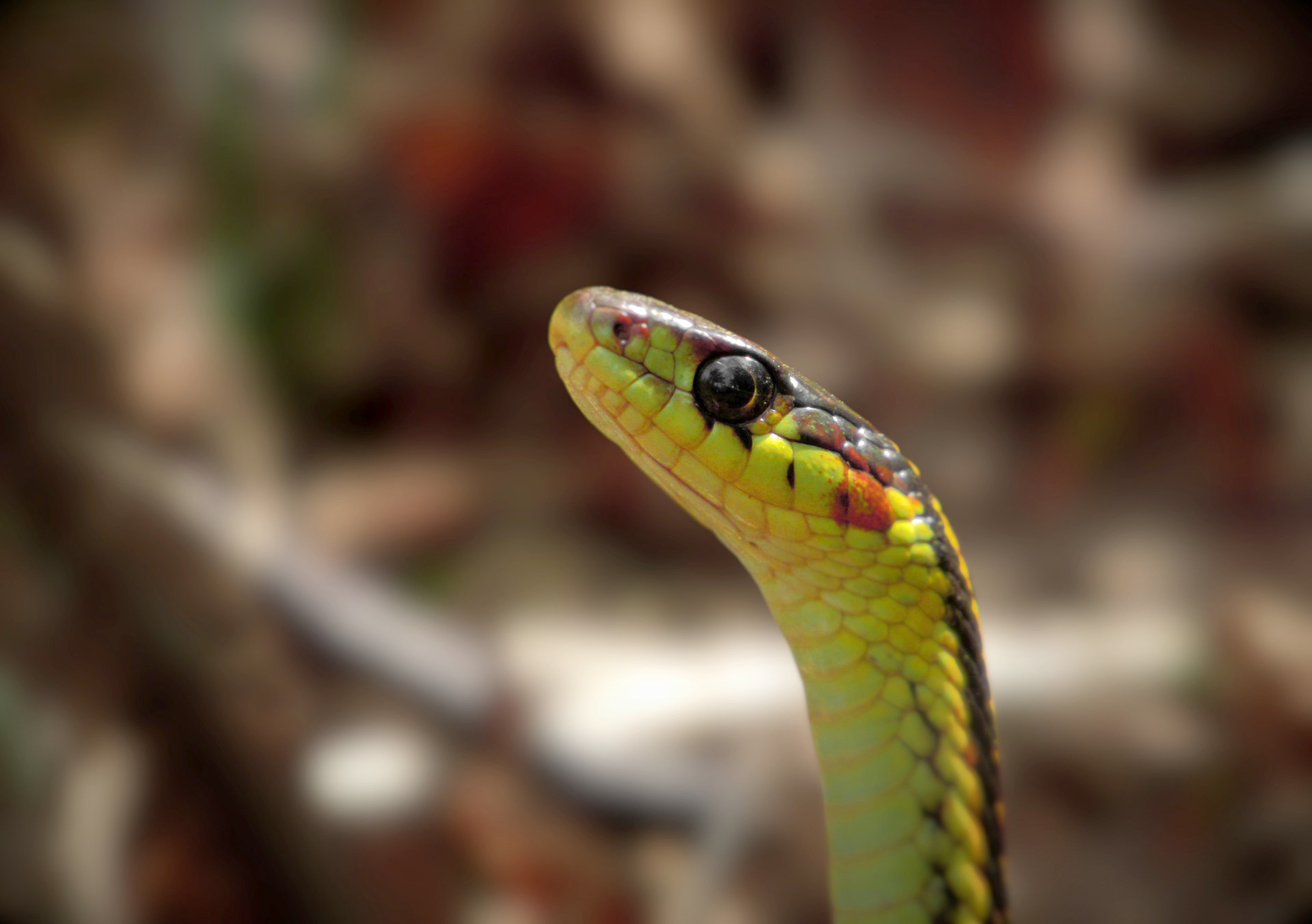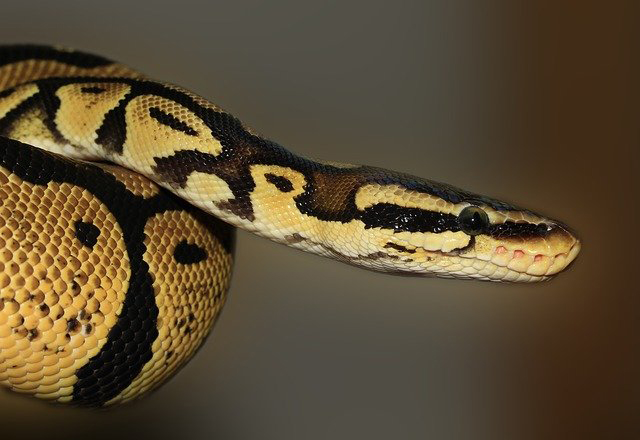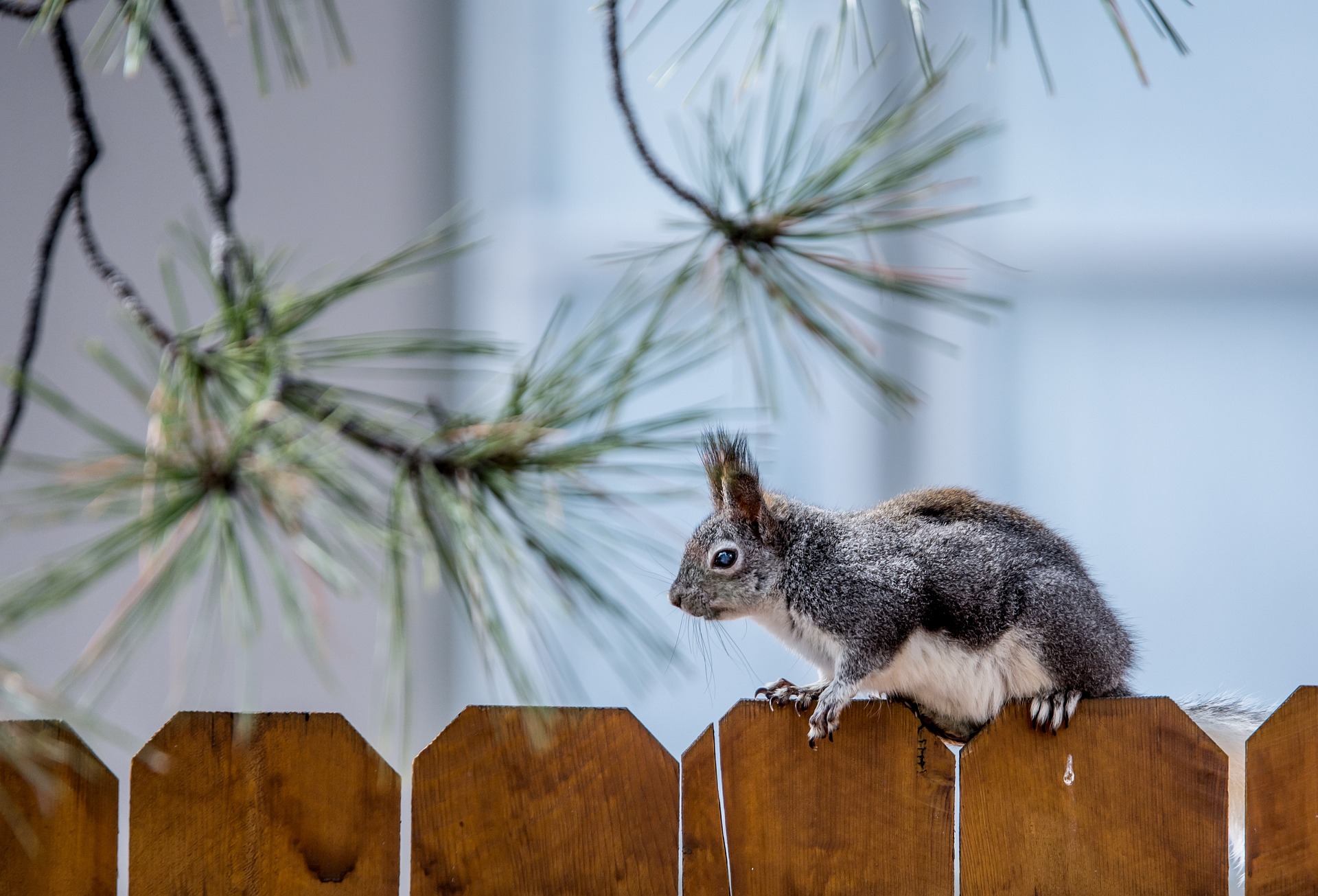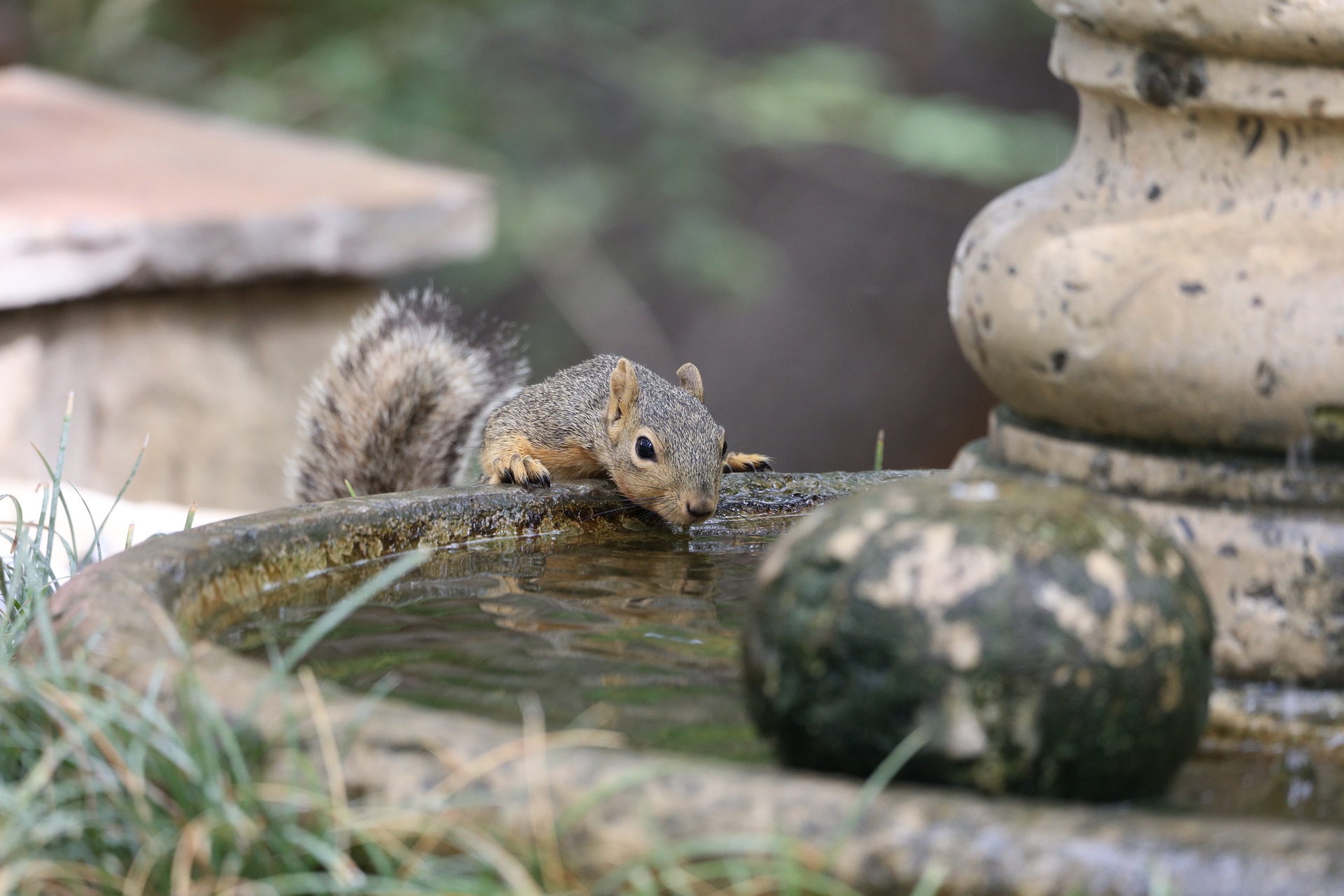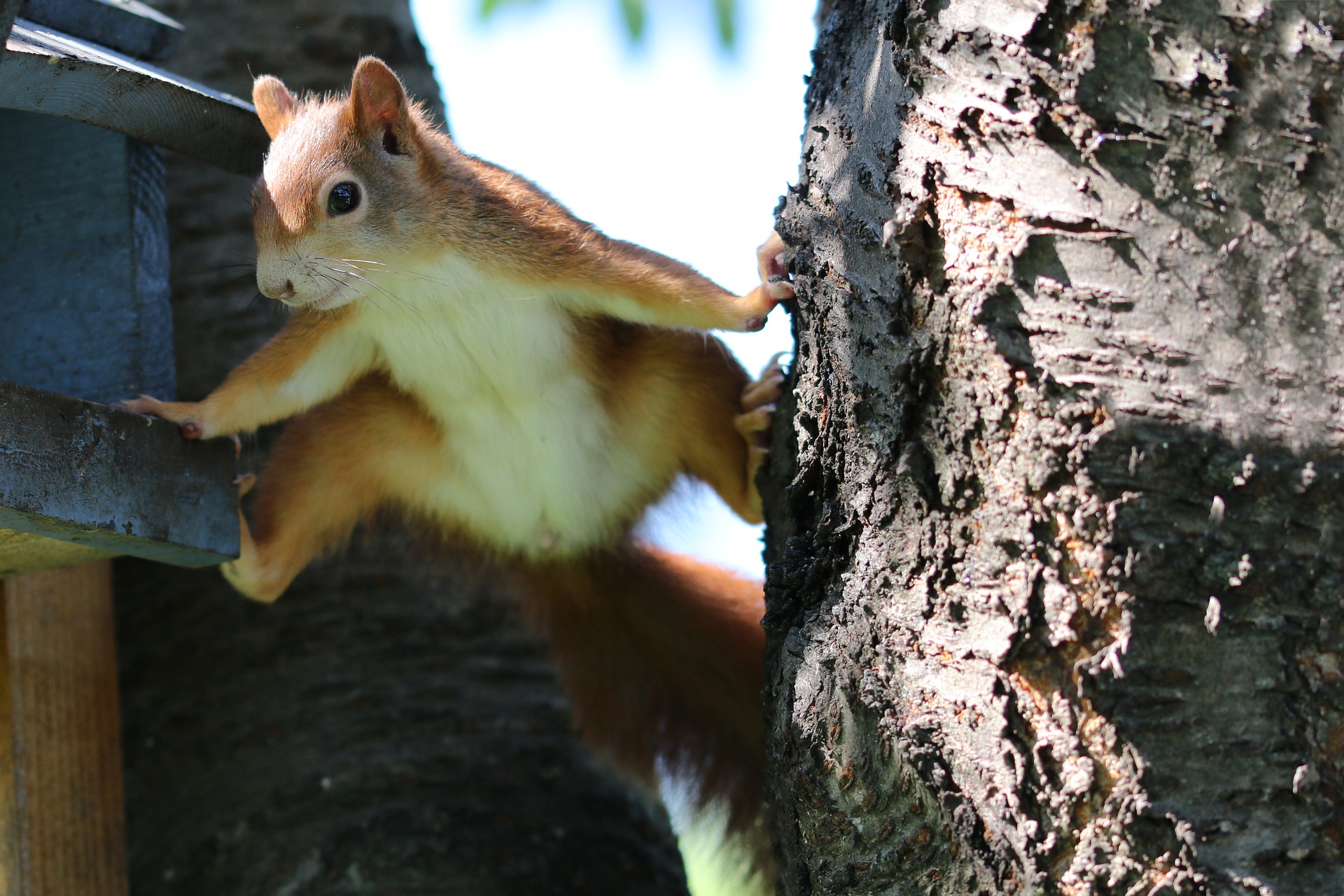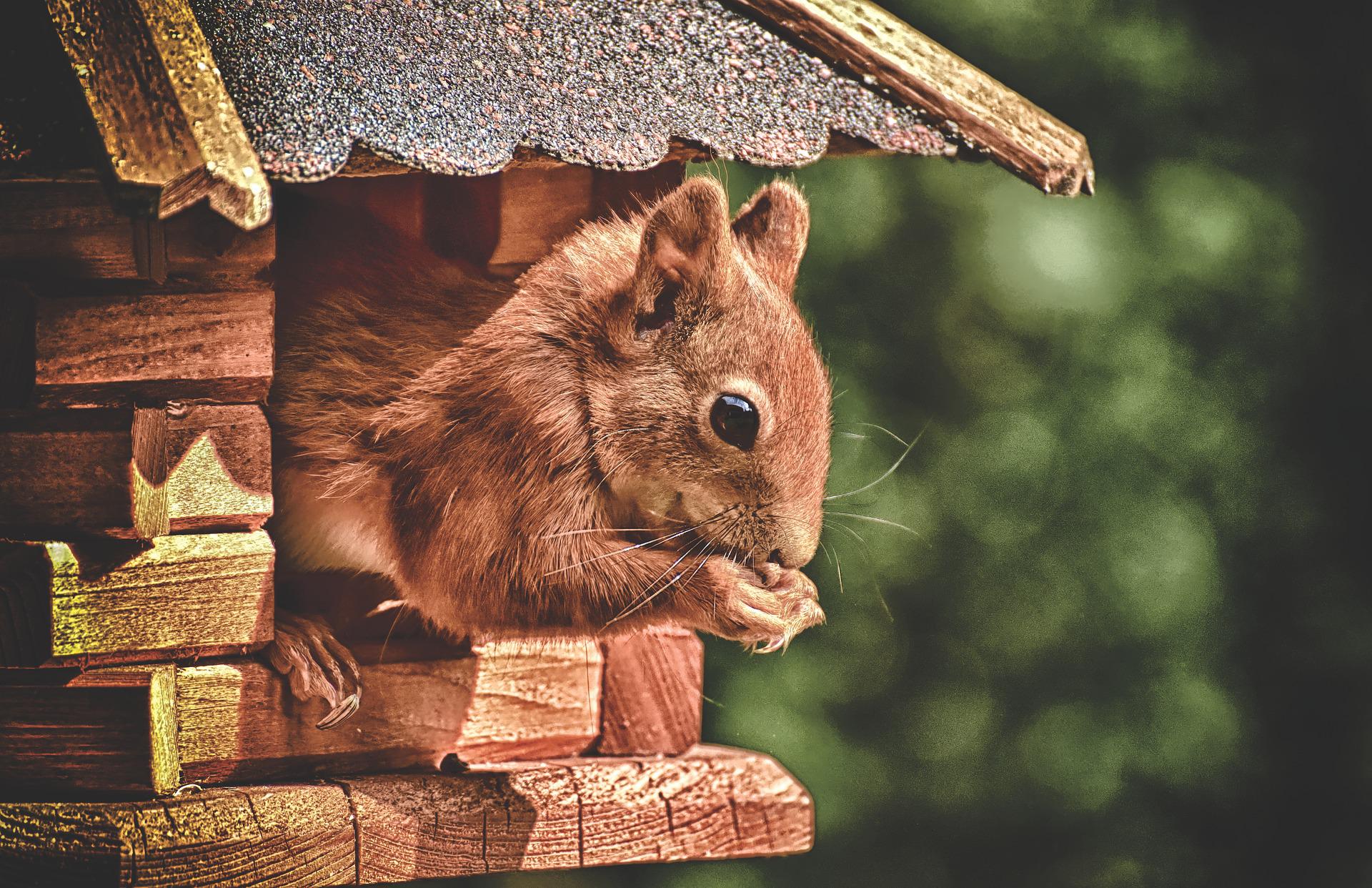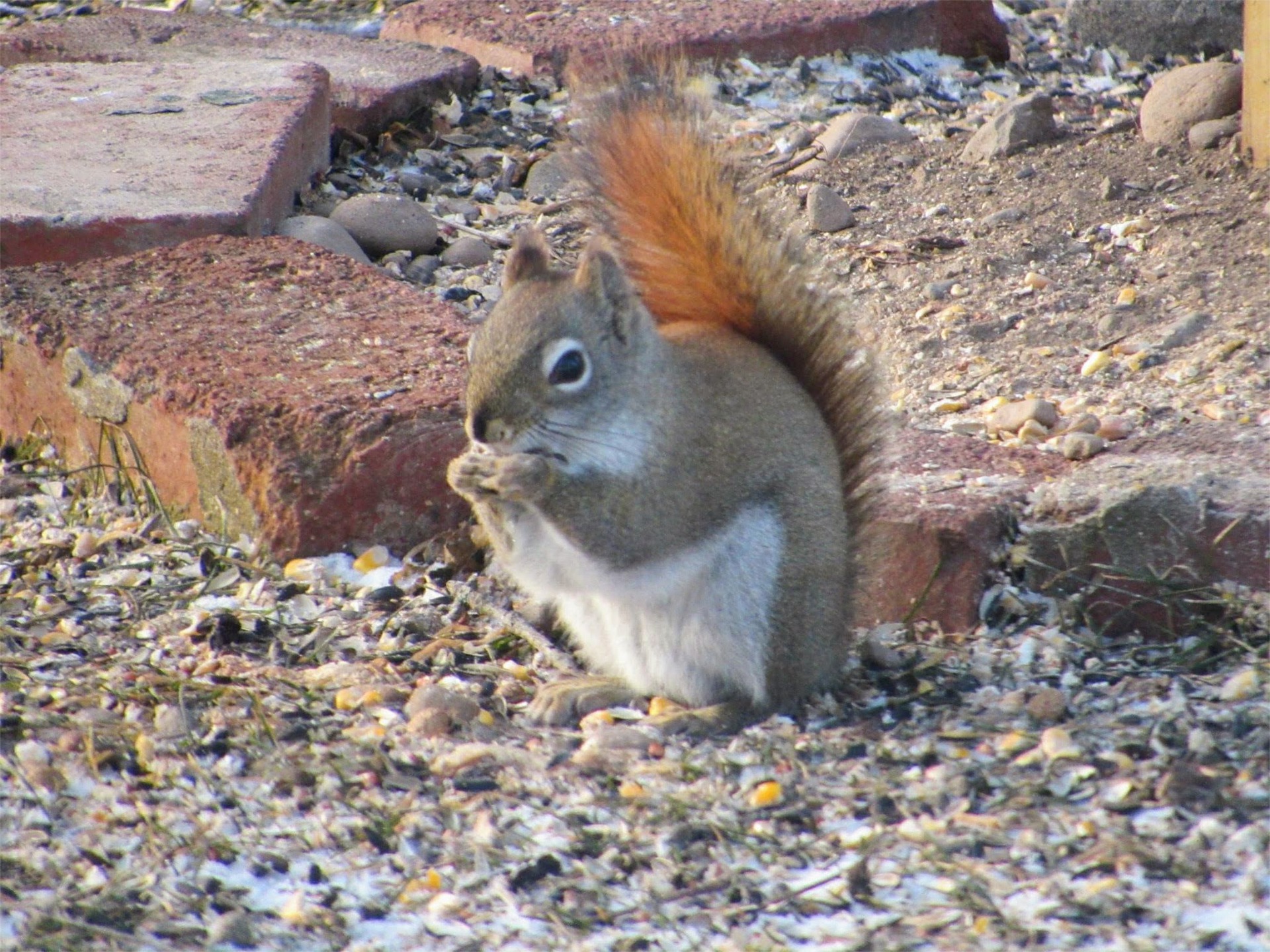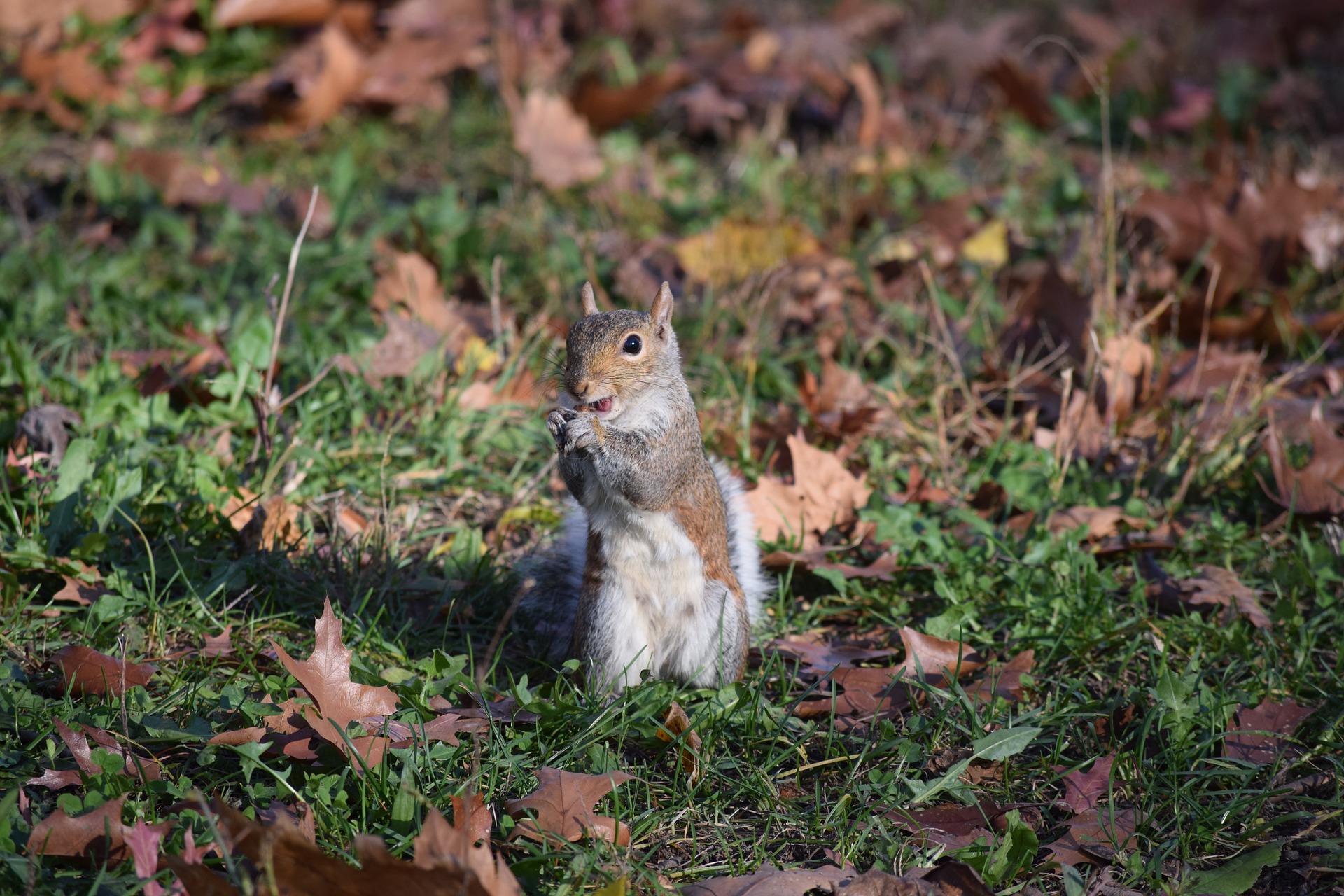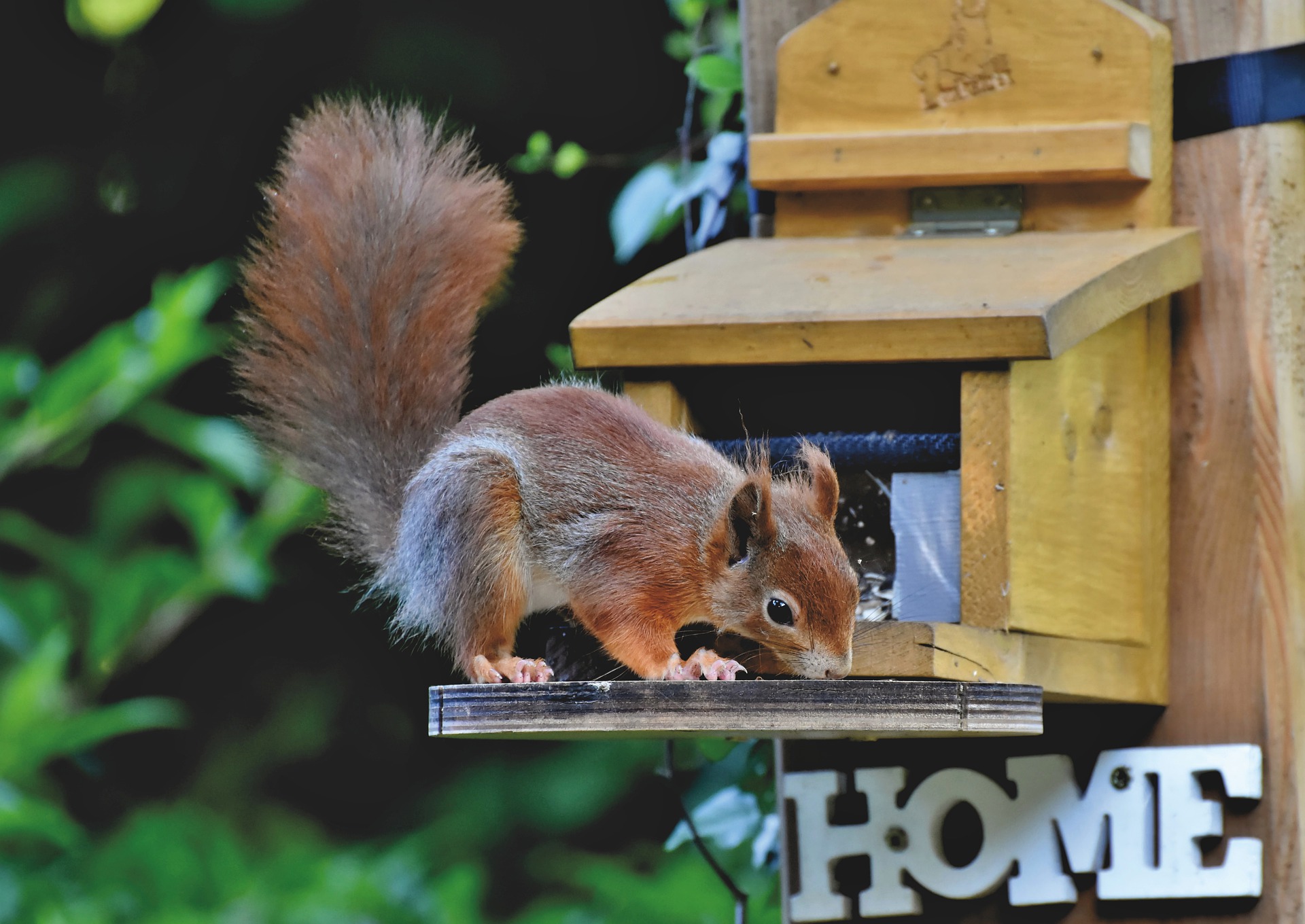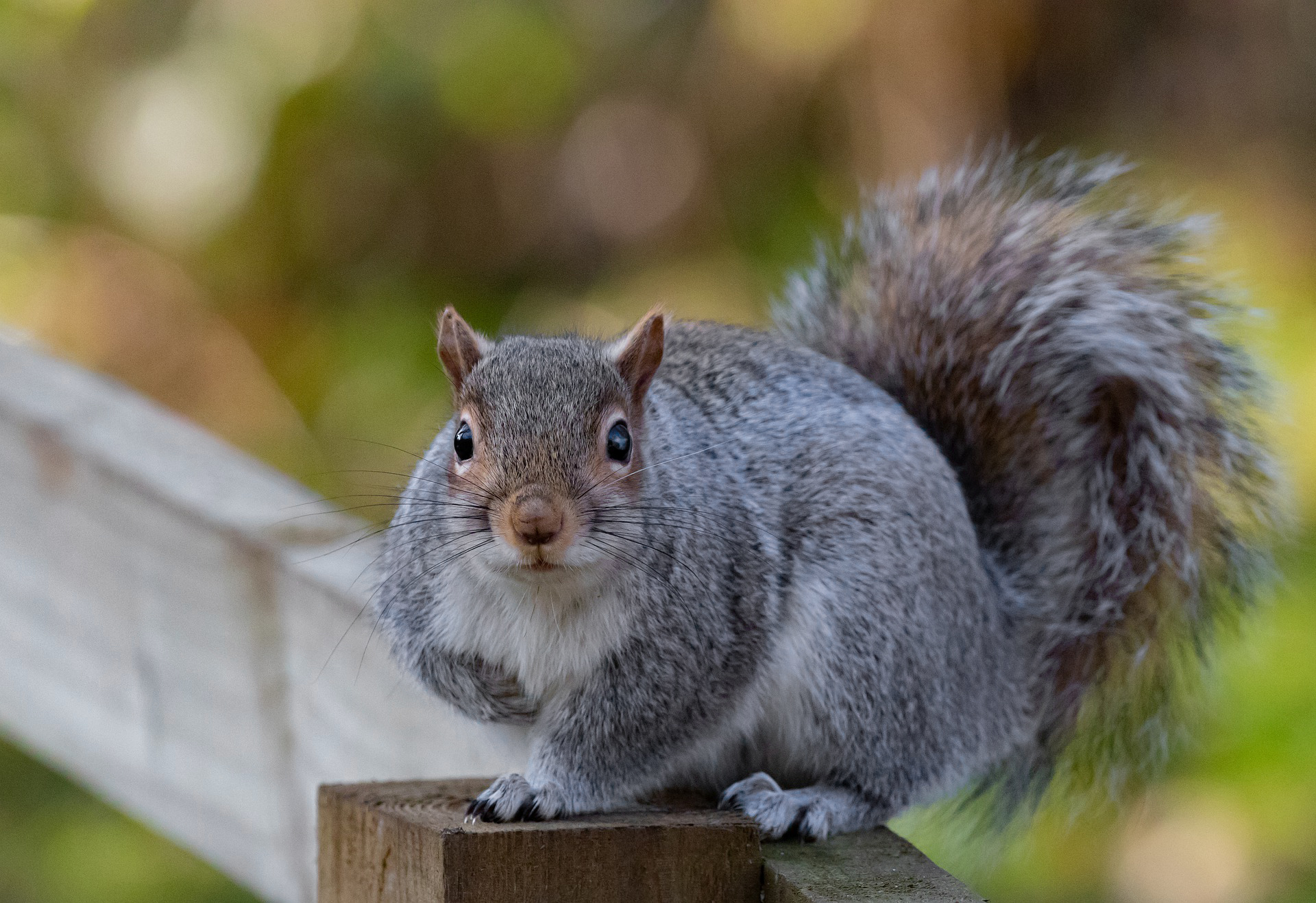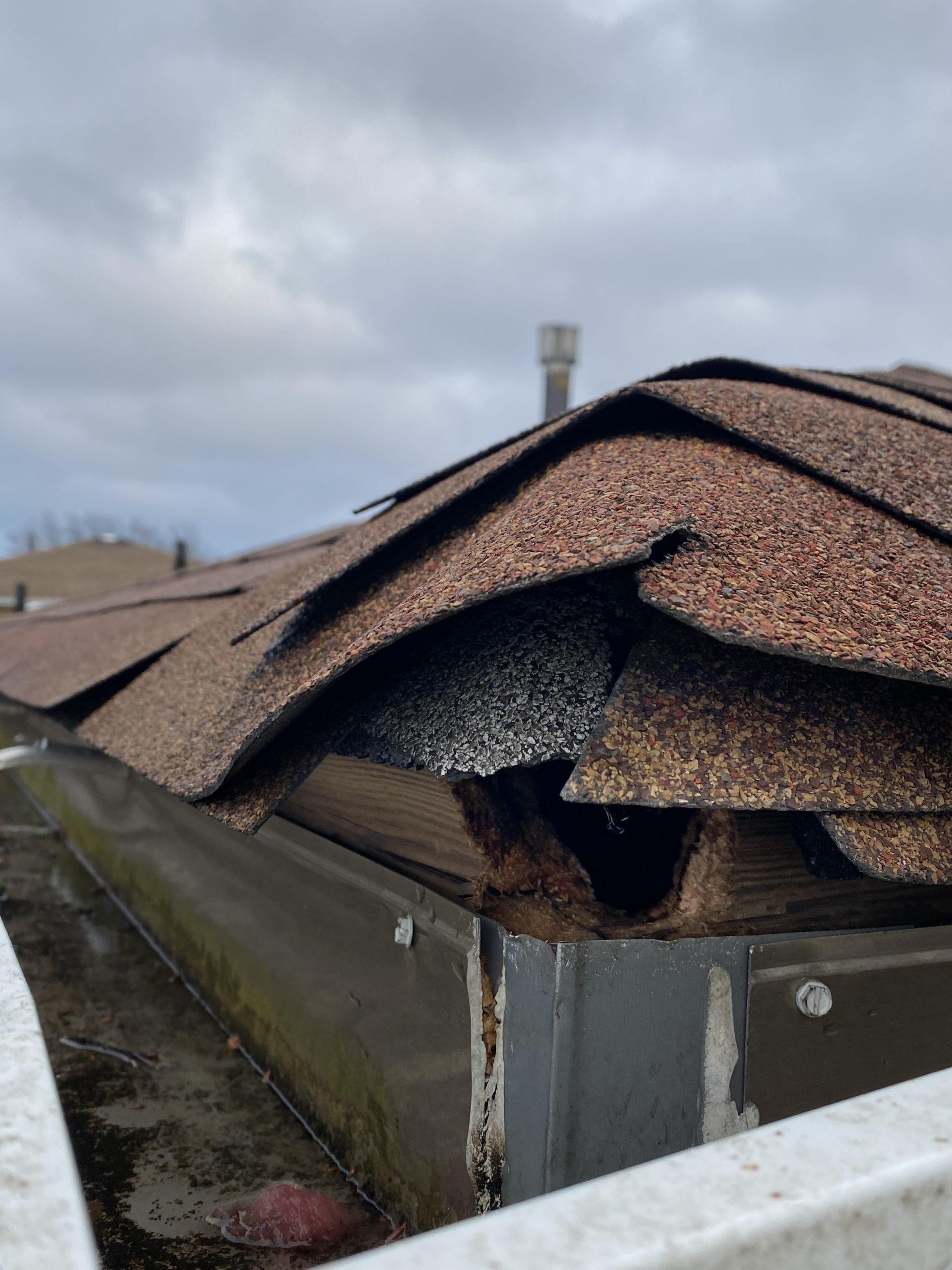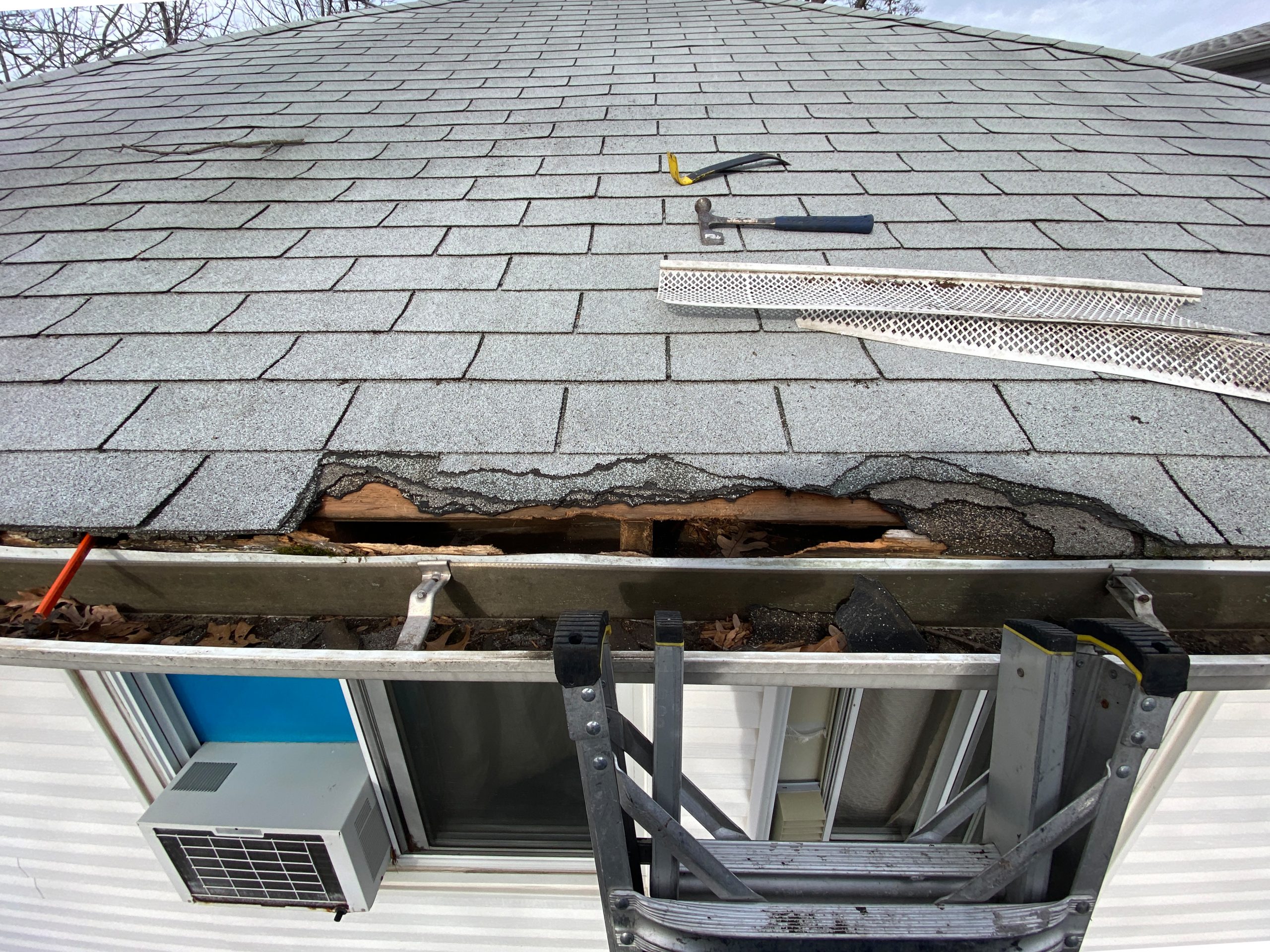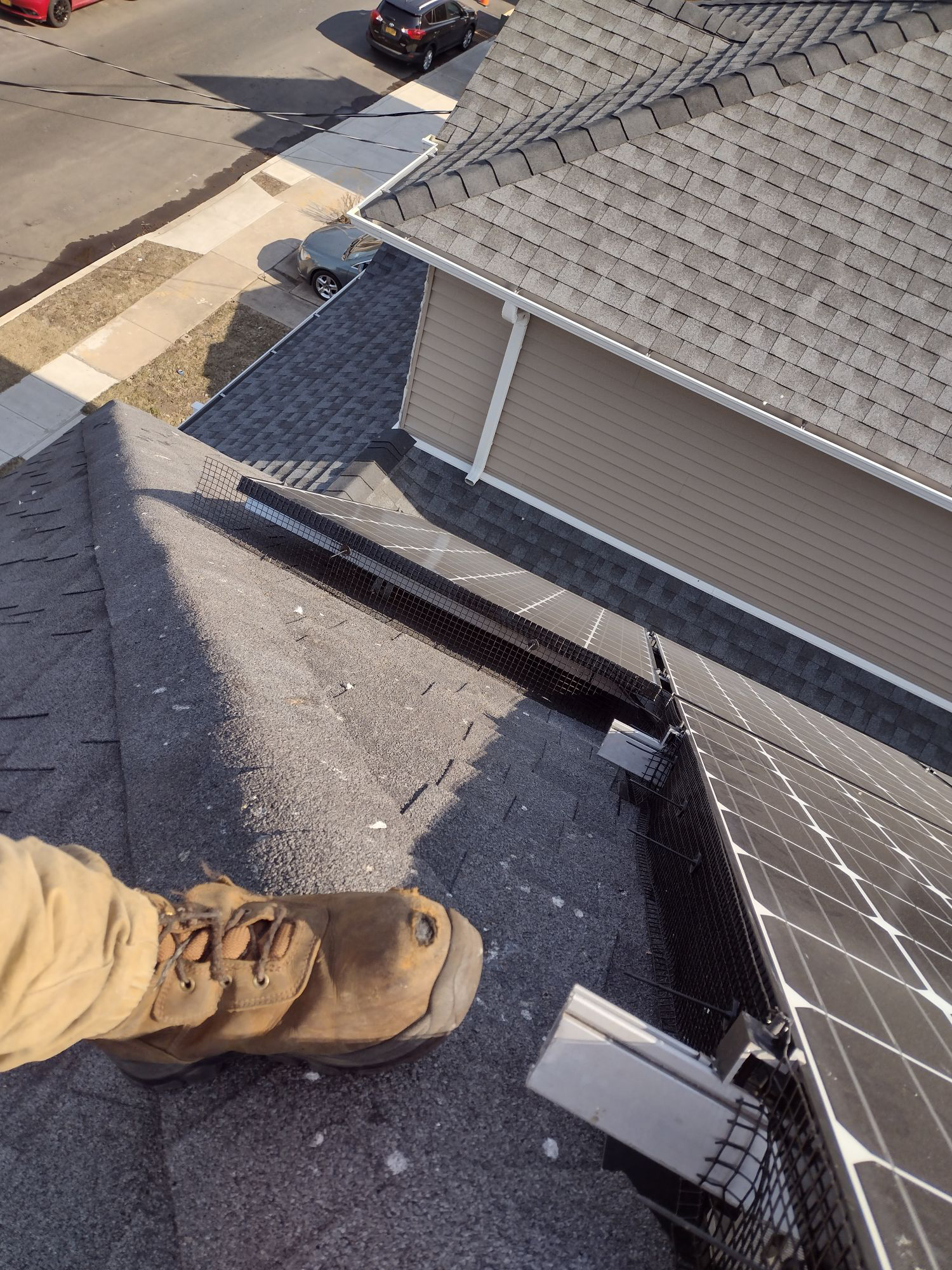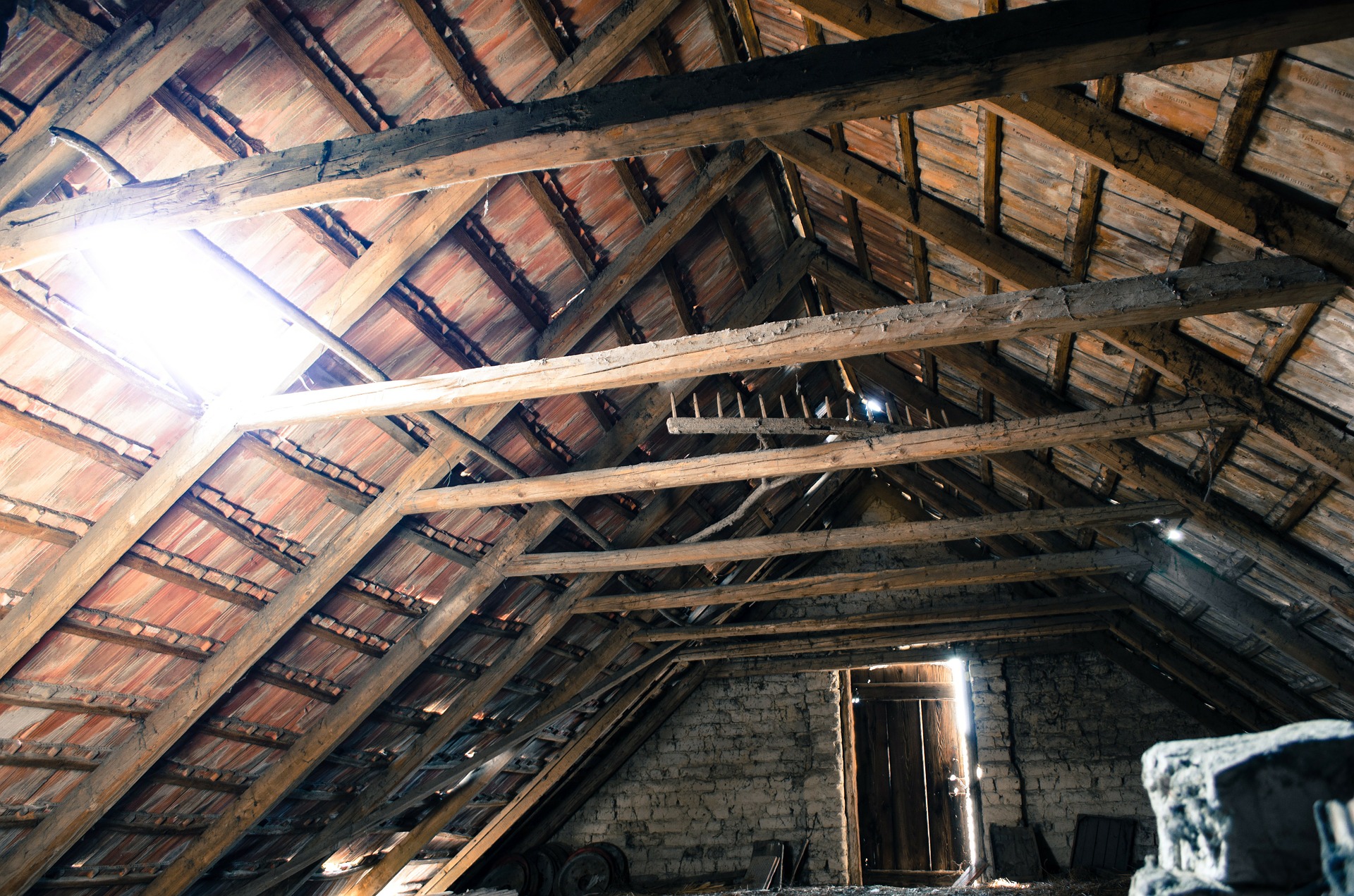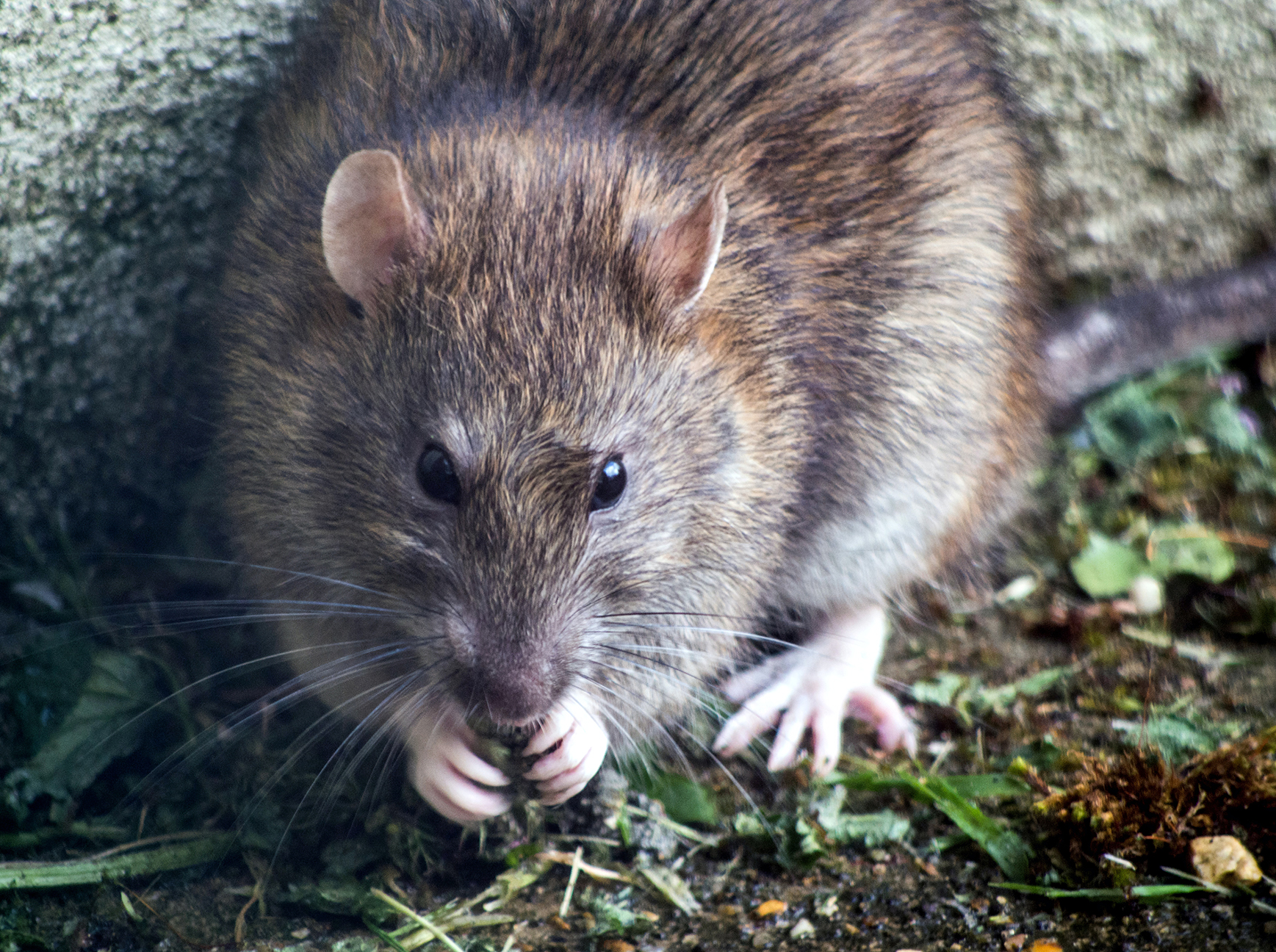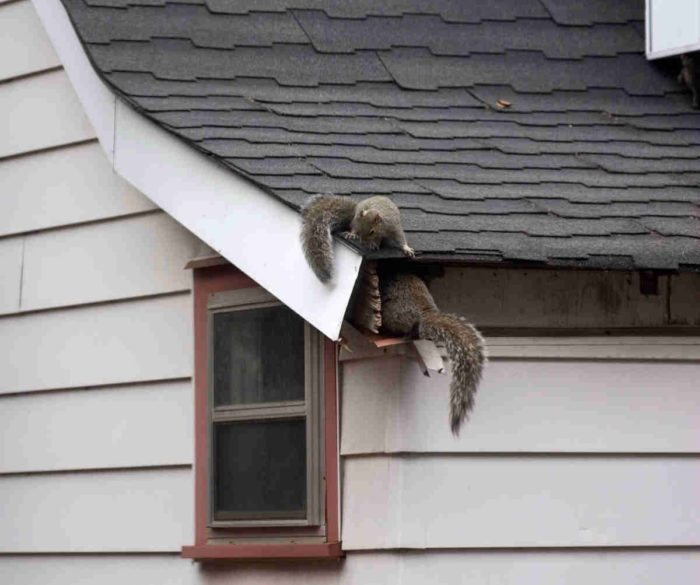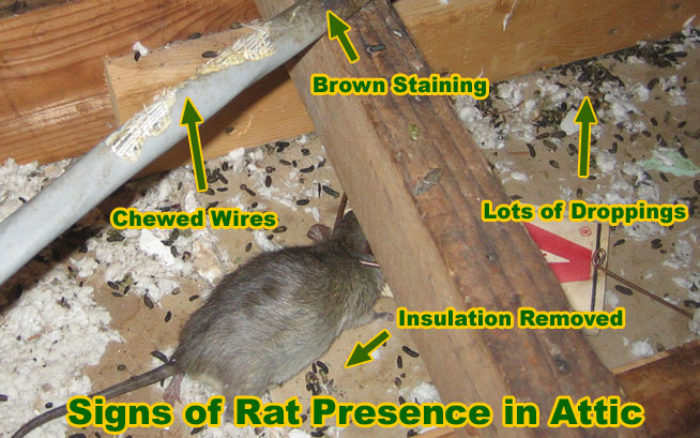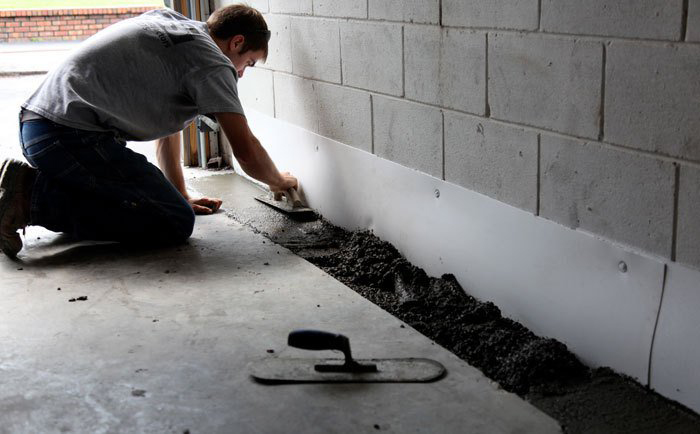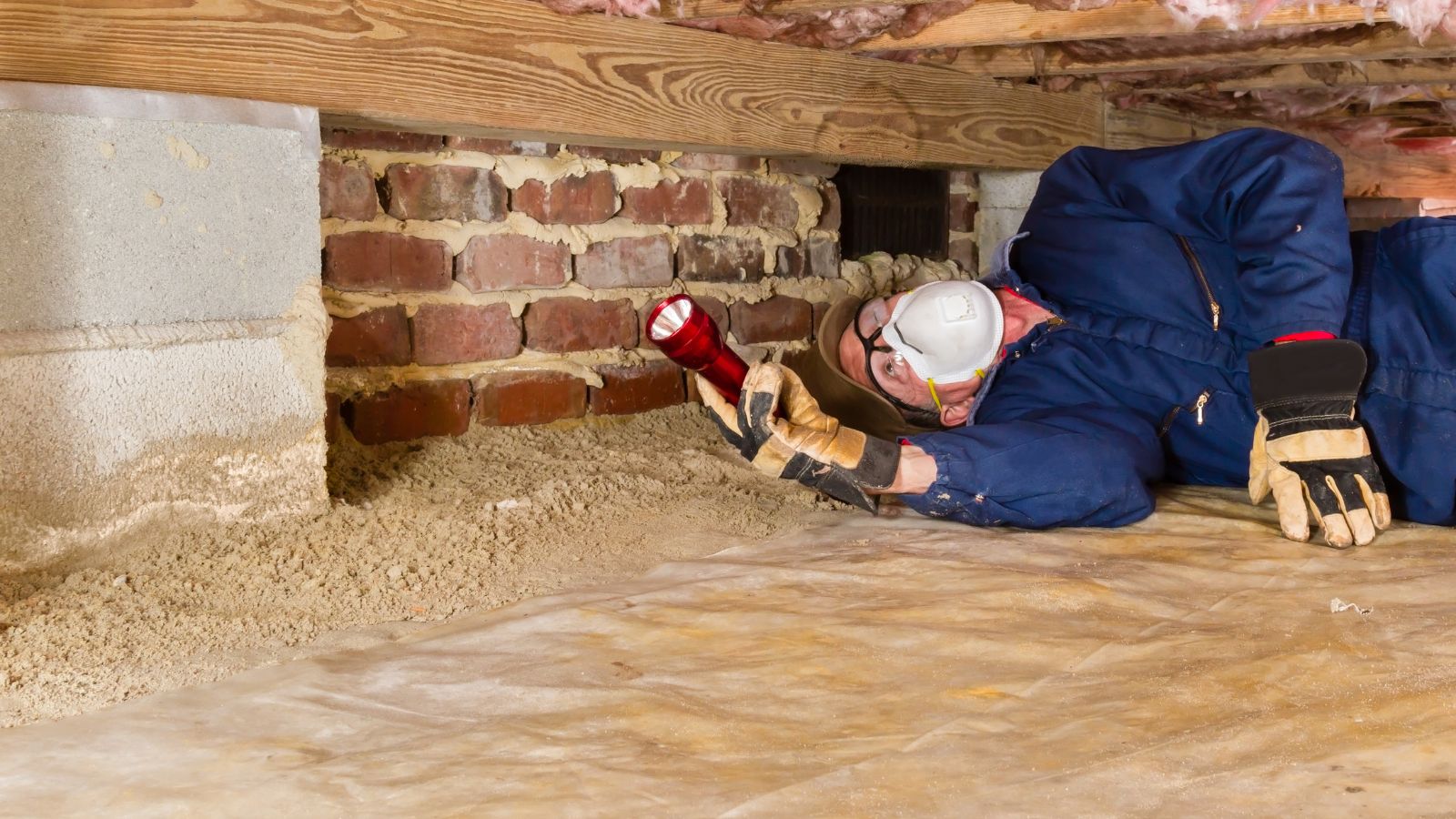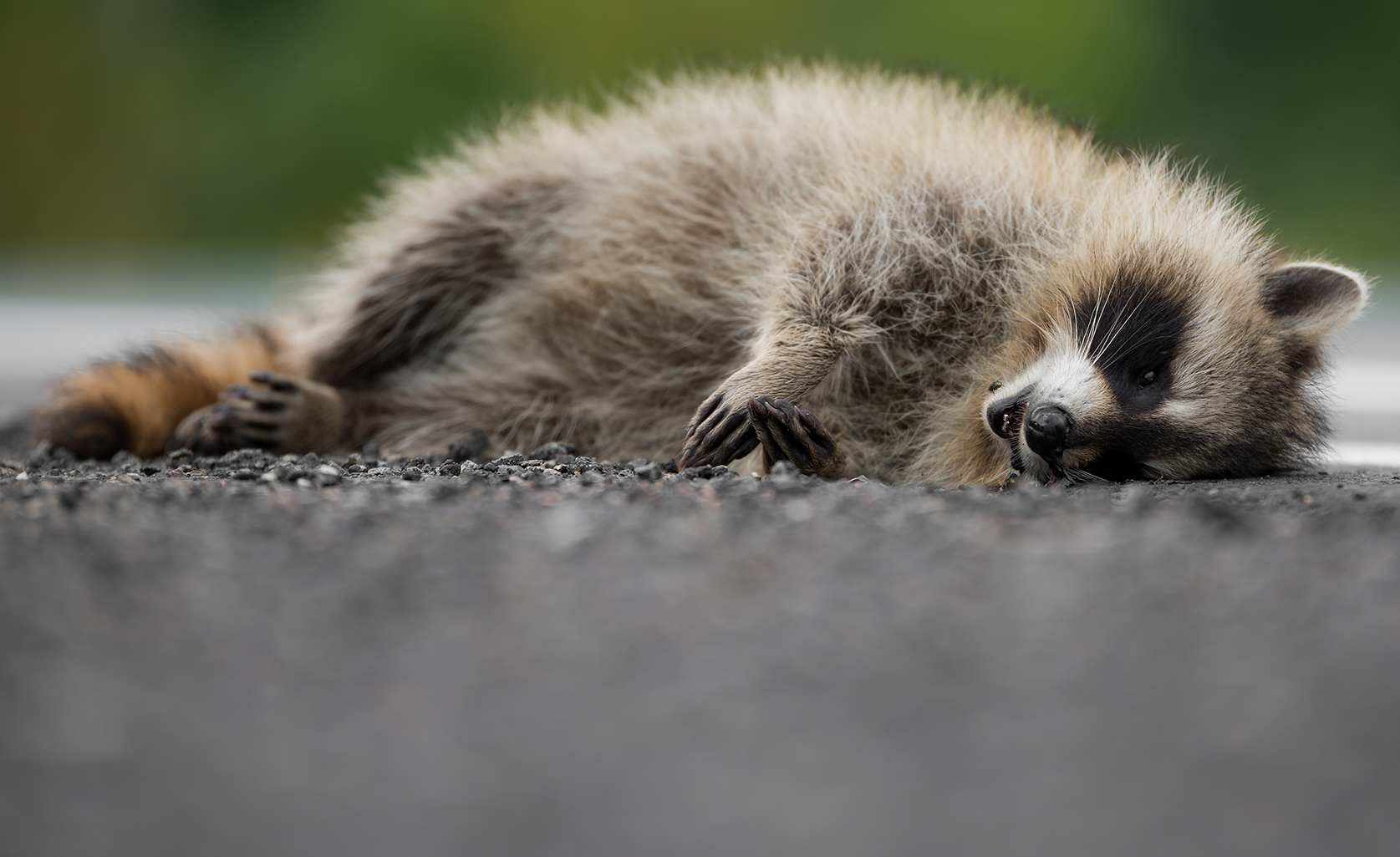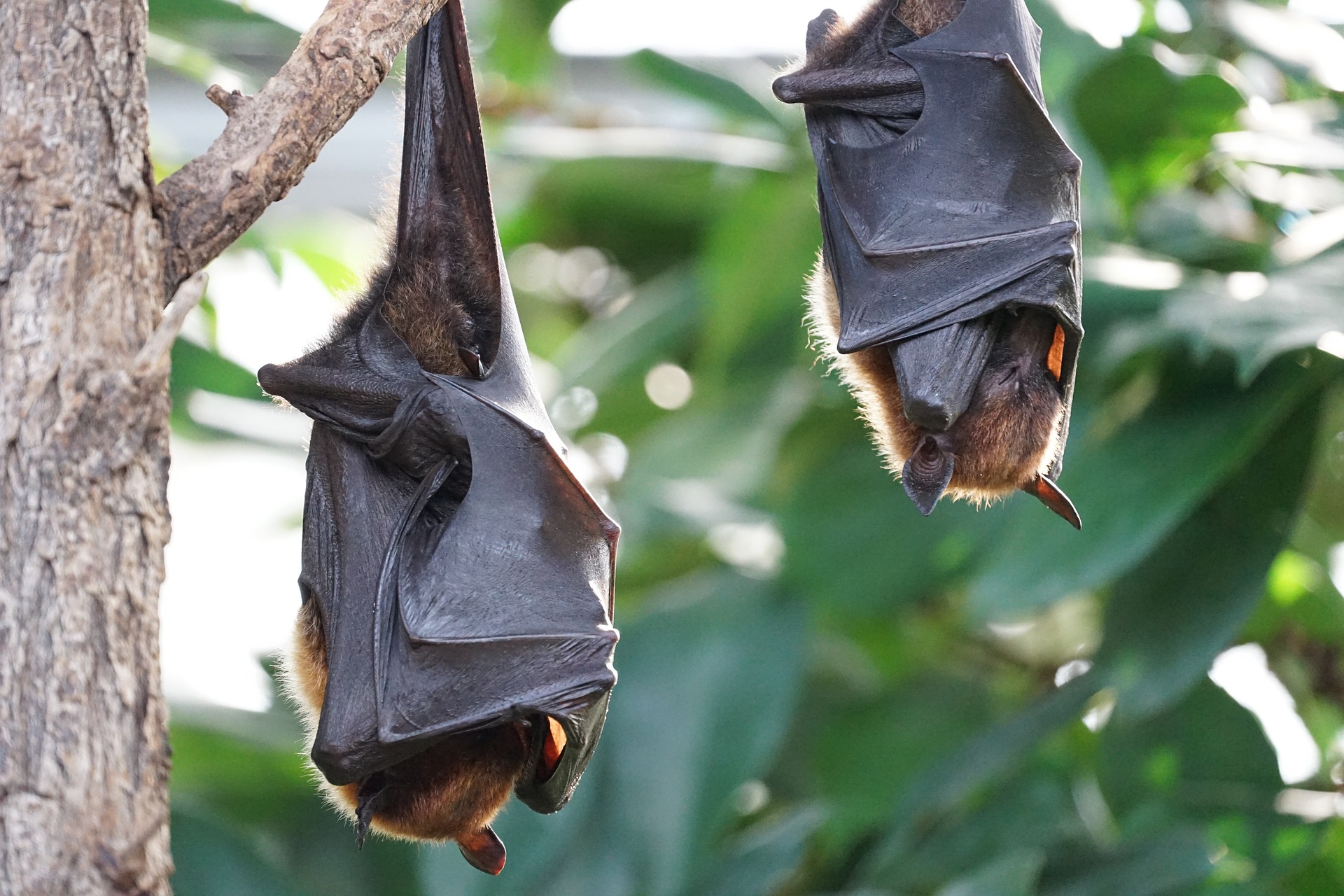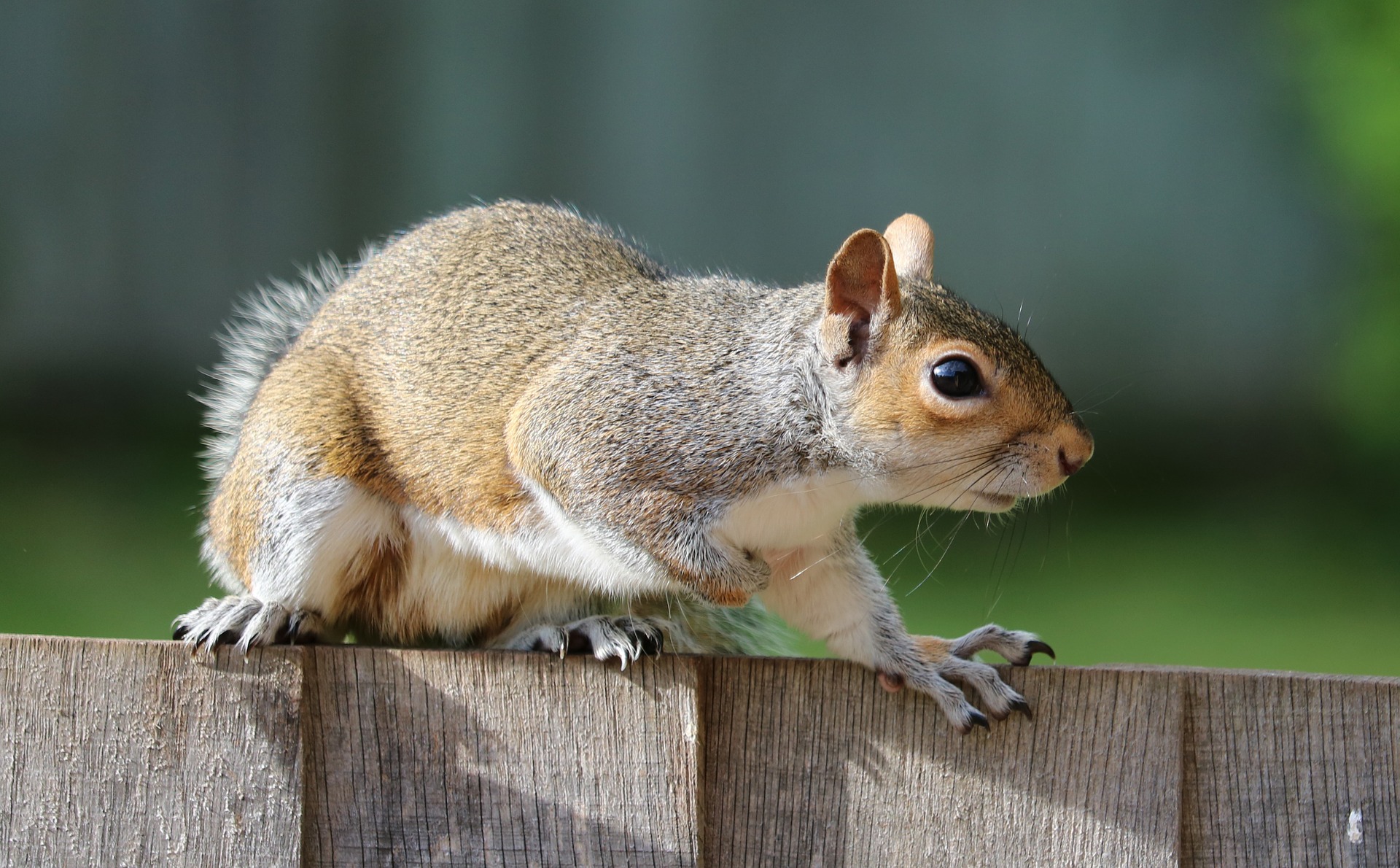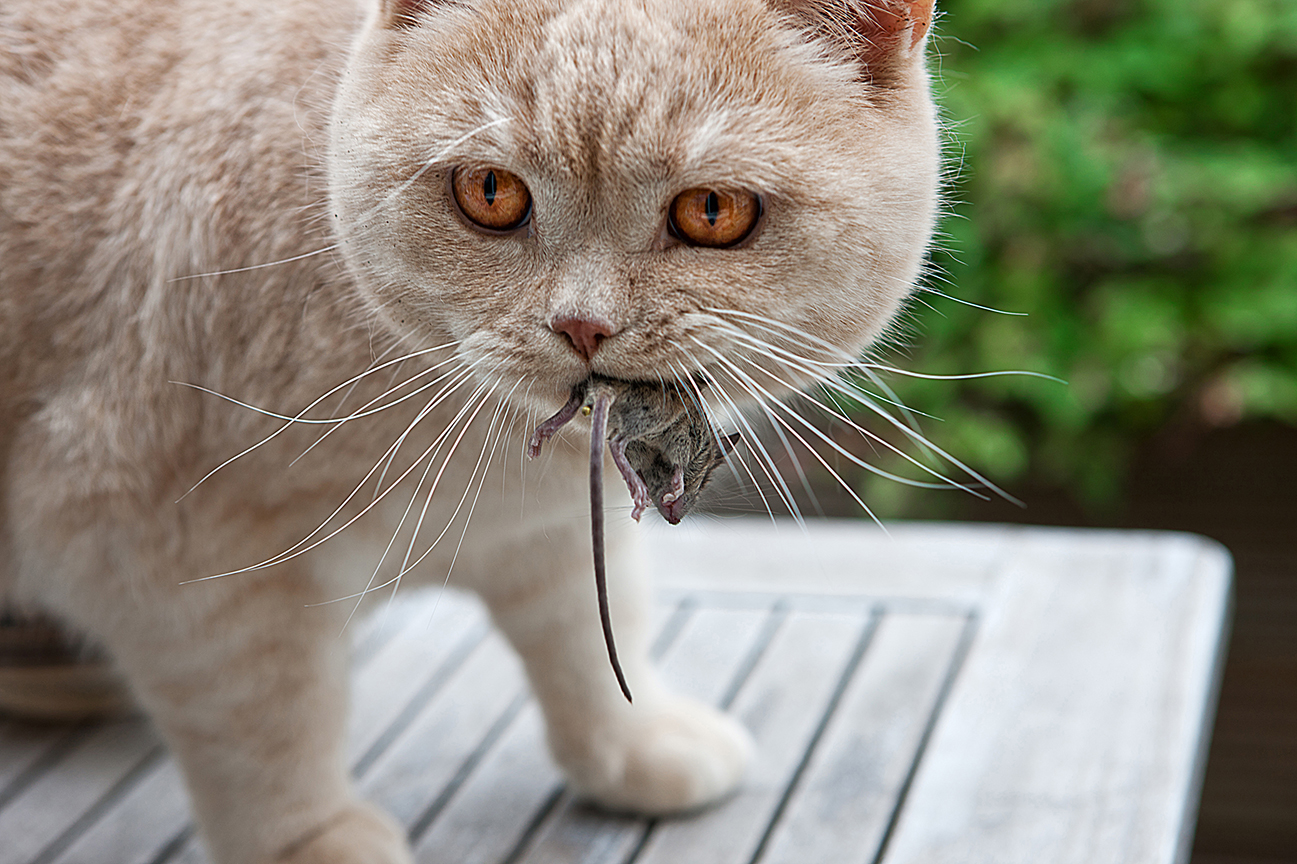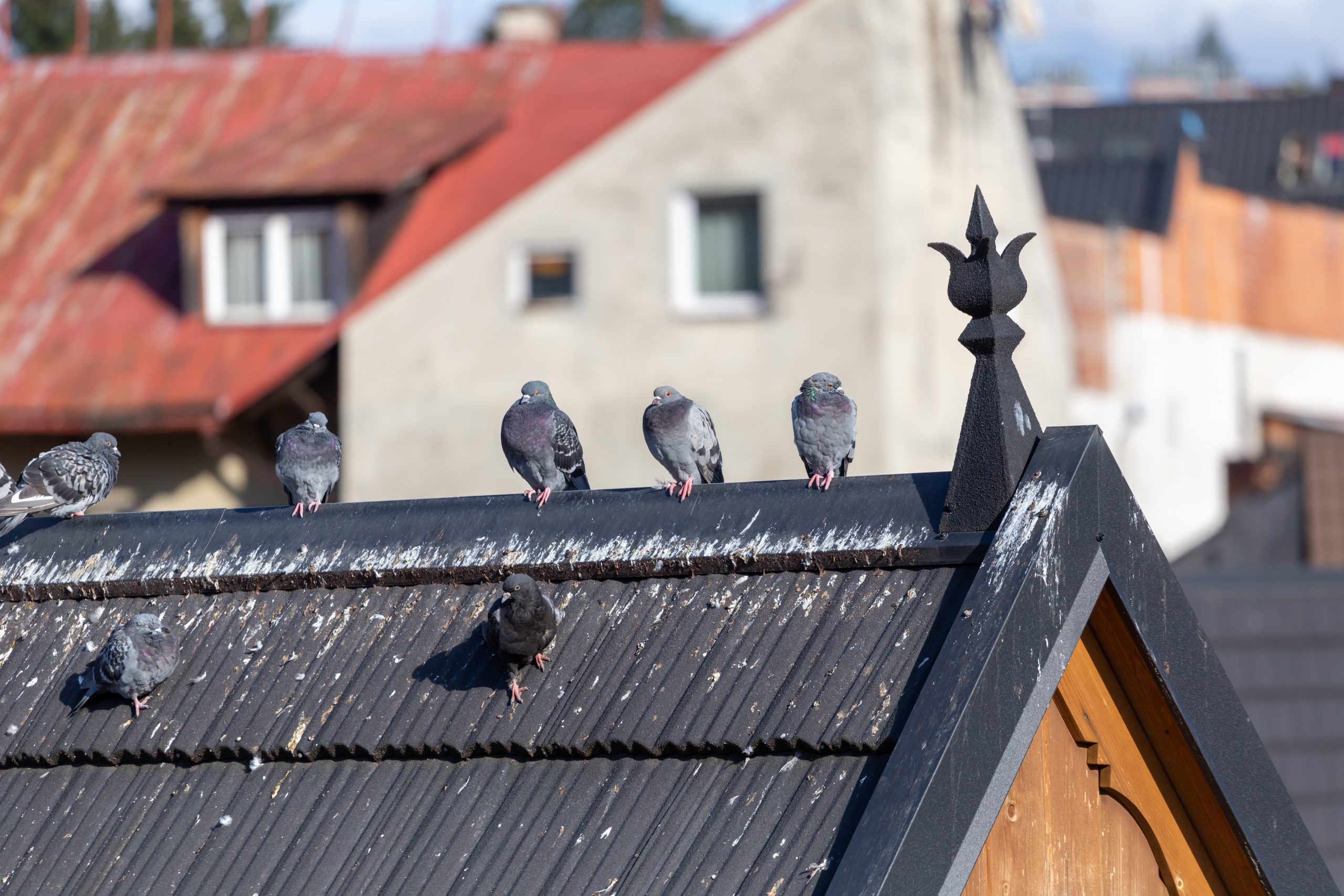
Birds poop. A lot. Some people have had the unfortunate experience of being pooped upon by a bird that flies overhead. Others find that their patio furniture or deck has dozens of droppings in a matter of days when it’s left uncovered. Any place you sit outdoors has likely come into contact with bird droppings at least once, and chances are you’ve touched some by accident holding a handrail outdoors.
You can’t avoid all bird droppings. Like most animal waste, all droppings can technically carry a risk of disease, which is why it is important to wash your hands before touching your face. But on your property, the occasional bird poop is not necessarily dangerous. The problem is when there is a lot of it, especially when it is in an enclosed or small space.
The Dangers of Bird Droppings
Birds can carry many pathogens that are harmful to humans. Some of these include, but are in no way limited to:
- Histoplasmosis
- Cryptococcosis
- Candidiasis
- Salmonella
- E-Coli
Some of these are bacteria. Others are fungi. Some bird fecal matter may contain actual viruses that in extremely rare cases can be passed to humans.
While any contact with bird droppings can theoretically cause these illnesses, the biggest concern is not the disease but the quantity. Bird droppings are far more likely to spread pathogens when there are considerable droppings in a single area or in an enclosed space. That is because typically, when a bird poops, the droppings quickly dry out and eventually decay.
But when there are too many droppings, or when the droppings are indoors (like an attic, HVAC system, or other enclosed area), the droppings do not have an opportunity to dry. Instead, they remain moist, which allows the bacteria and fungi to grow and spread. That is why it is so important to have birds prevented and removed from a property by professionals, and why it also important to have only trained experts clean the property after bird infestation has taken place.
What About Droppings in Small Amounts?
In small amounts, bird droppings are not typically dangerous, though of course you would not want to come into contact with bird droppings and touch your eyes or mouth. But these droppings can still cause challenges:
- Bird droppings are corrosive, and can eat away at your paint.
- Bird droppings are slippery, and are known to cause slips/falls.
- Bird droppings are unsightly, and can cause a property to lose value.
You can’t stop birds from flying near your property and potentially leaving droppings behind. But you can stop birds from living in your property and causing more significant health risks. For more information about bird control in NYC, contact our team today.
Animal Removal Specialists in NYC and NJ
If you have live or even dead animals in or around your home or business that you need removed then we can help! We are Animal Control Wildlife Trapping Services- Rodent and Wildlife Removal in NYC and NJ, we specialize in the trapping and removal of all types of wild animals that may have invaded your territory. We offer 24 hour a day service to NYC, Brooklyn, Staten Island, Bronx, Queens, Long Island City & New Jersey and are just a call away at 646-741-4333!
Our Animal Control Team
The team at Animal Control NYC / NJ is experienced in trapping and removing wild animals and can help you get rid of any wildlife that may be a nuisance to you in your home, office or commercial property. In additional to removing any current animals that may have invaded your home, the Animal Control NYC / NJ experts will be able to provide you with repair and prevention options to keep your home critter free all year around.
Animal Control NYC Can Help You With:
Animal Control NYC / NJ can help you with trapping and removing wild animals from your property!
Animal Control NYC / NJ offers Humane Animal Control as well as removal of any animals that may have died on your property. Because of the risks of disease, never handle a dead animal on your own, always call a trained professional, it is not worth the risk.
Animal Control NYC & NJ Google Reviews



24 hour service, 7 days a week
With just one call we can give you a quote and book your animal removal appointment today!

24 Hour Animal Control in NYC, Brooklyn, Bronx, Queens, Long Island City & New Jersey, call 646-741-4333 today!
Humane Animal Control · Squirrel Removal · Raccoon Removal · Bird Removal · Dead Wildlife · Mice and Rat Control
From trapping to prevention options, the Animal Control NYC experts can help you keep your home critter free!
We use high quality traps and equipment to make sure the job is done right the first time. You can count on US 24 hours a day, 365 day a year.
Now serving both NYC and Central NJ including Freehold, Farmington, Wall Township, or Marlboro Township as well as Shore Towns including but not limited to: Belmar, Deal, Long Branch, Sea Bright, Ocean Grove and Spring Lake
Get a Free Quote Today
Need emergency animal control? We can come to your home or office 24 hours a day to remove any critters that may be invading you.
Just give us a call or fill out this form and we will contact you shortly to discuss your animal control needs.
Animal Control NYC
431 E 102nd New York, NY 10029
info@animalcontrol.nyc
Direct: (646) 741-4333
Fax: (646) 661-2531
Animal Control NJ
62 E Main St Freehold, NJ 07728
info@animalcontrol.nyc
Direct: (732) 387-4135
Fax: (646) 661-2531
Our experienced technicians will do a through inspection of your home or office and after the animal removal will usually offer ways to prevent future invasions.
